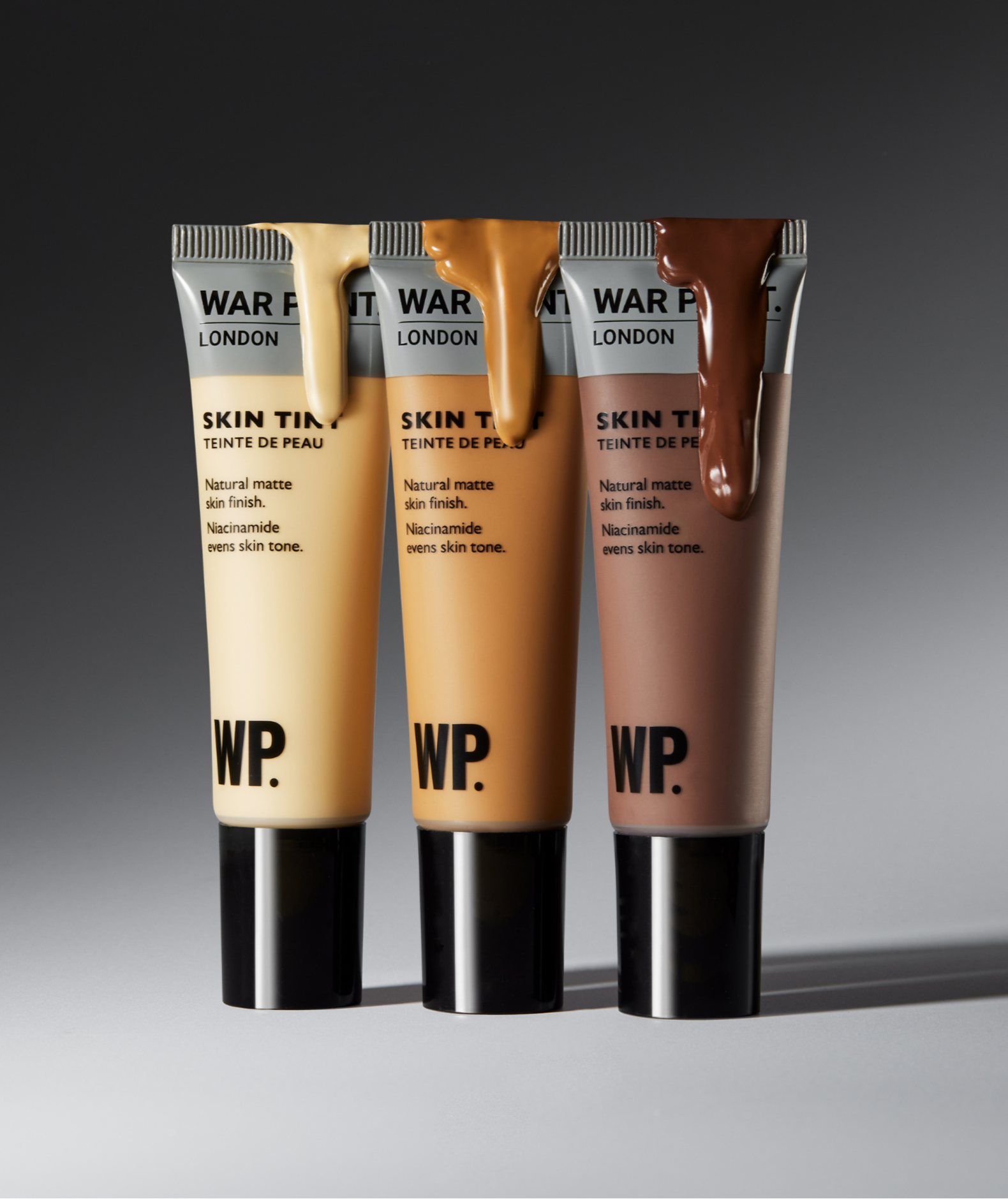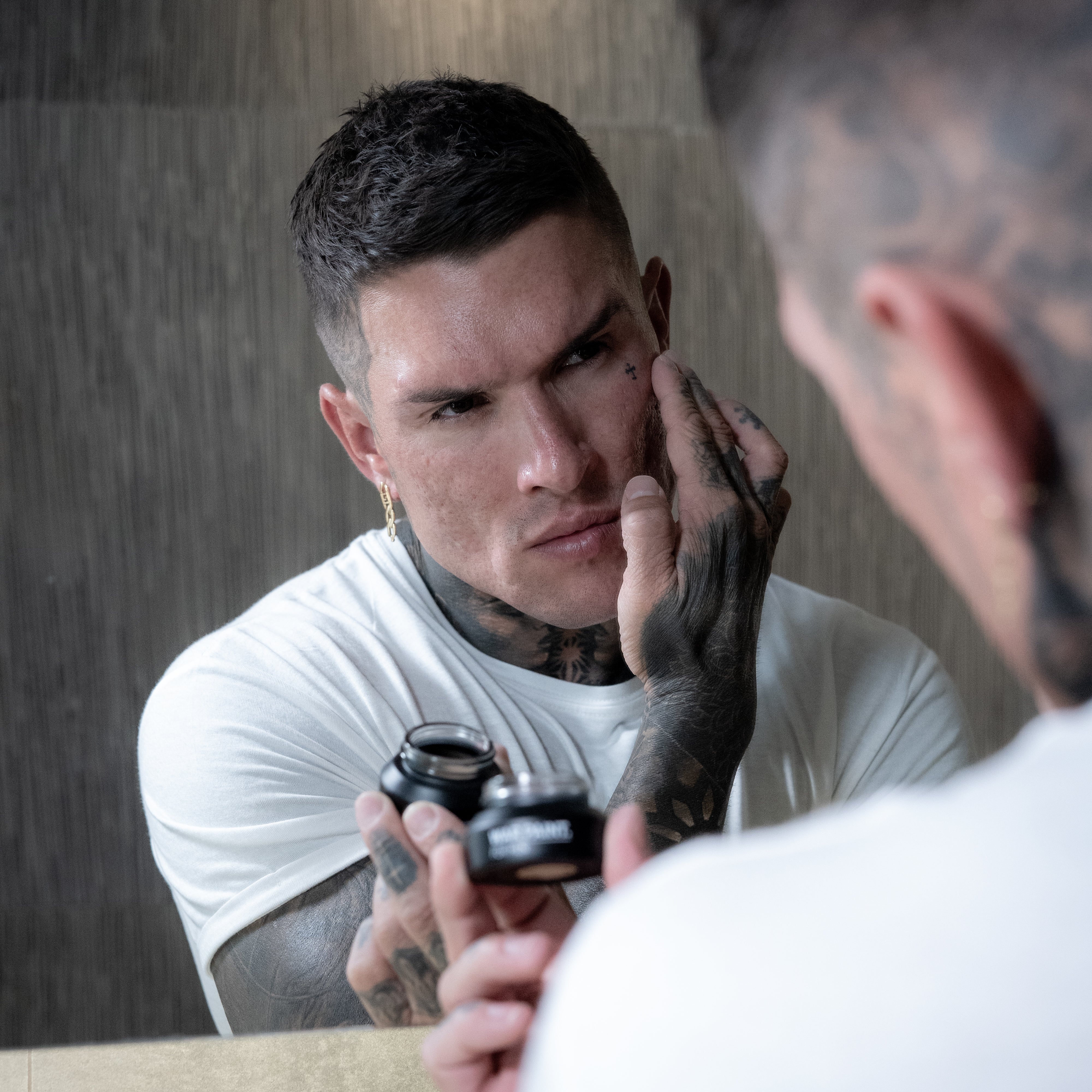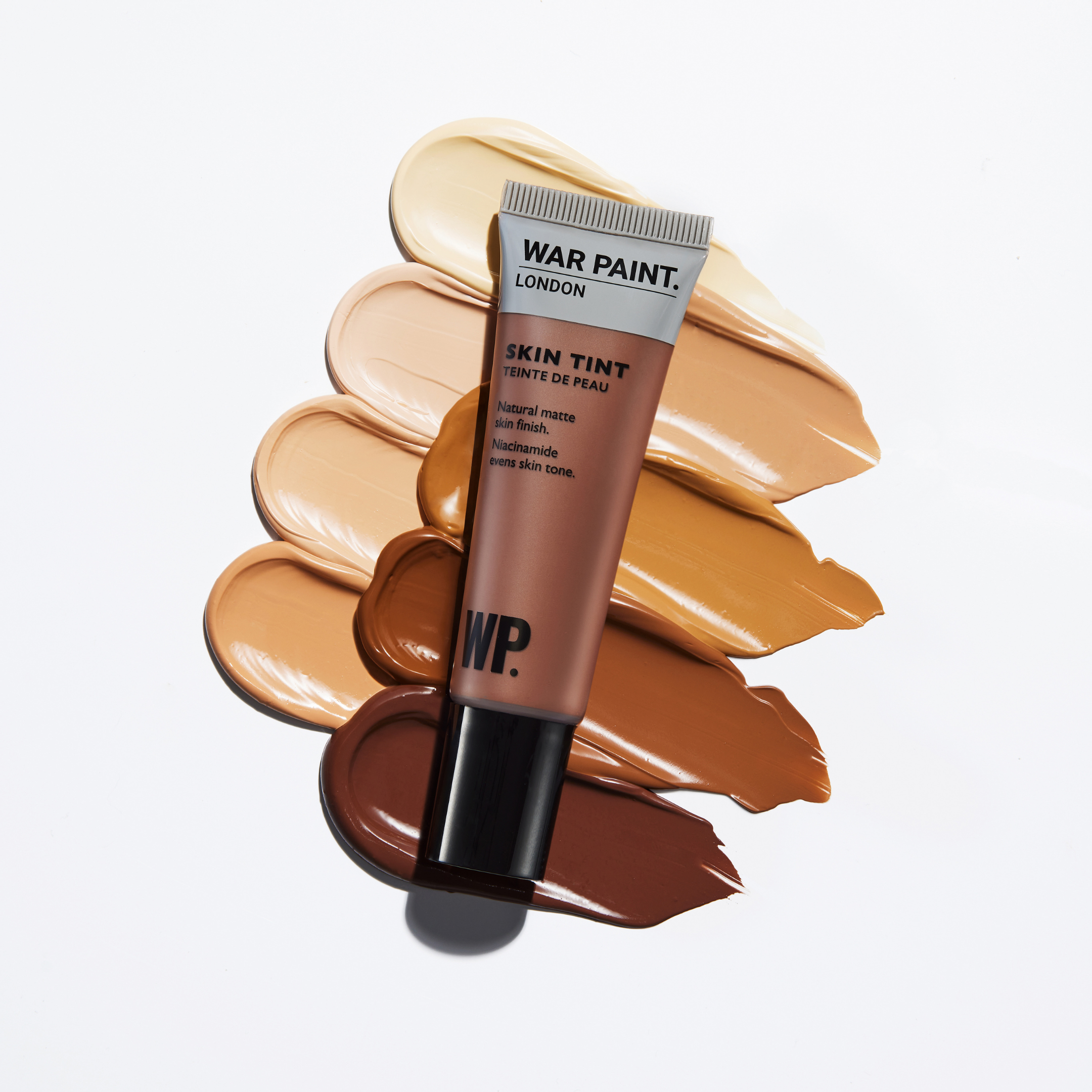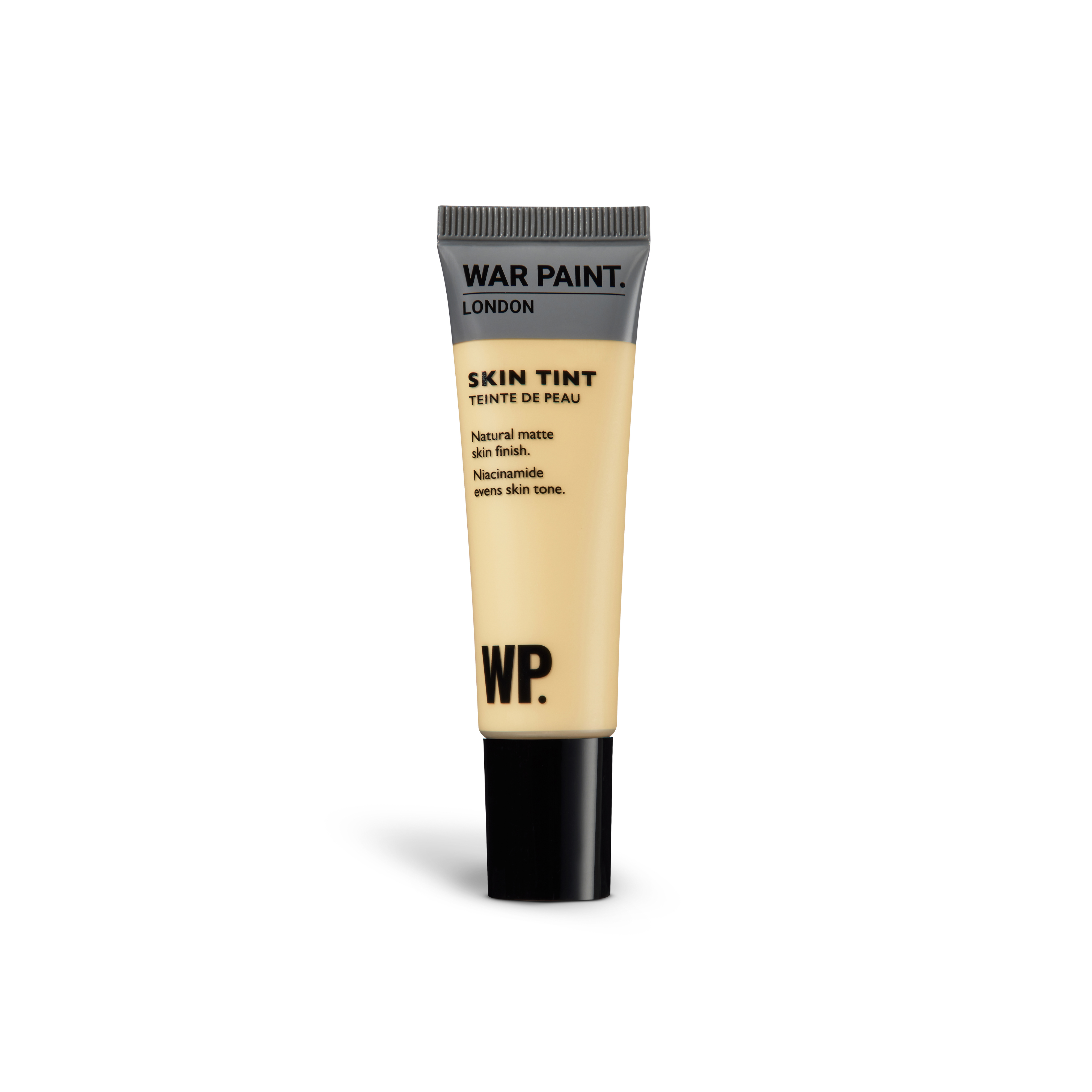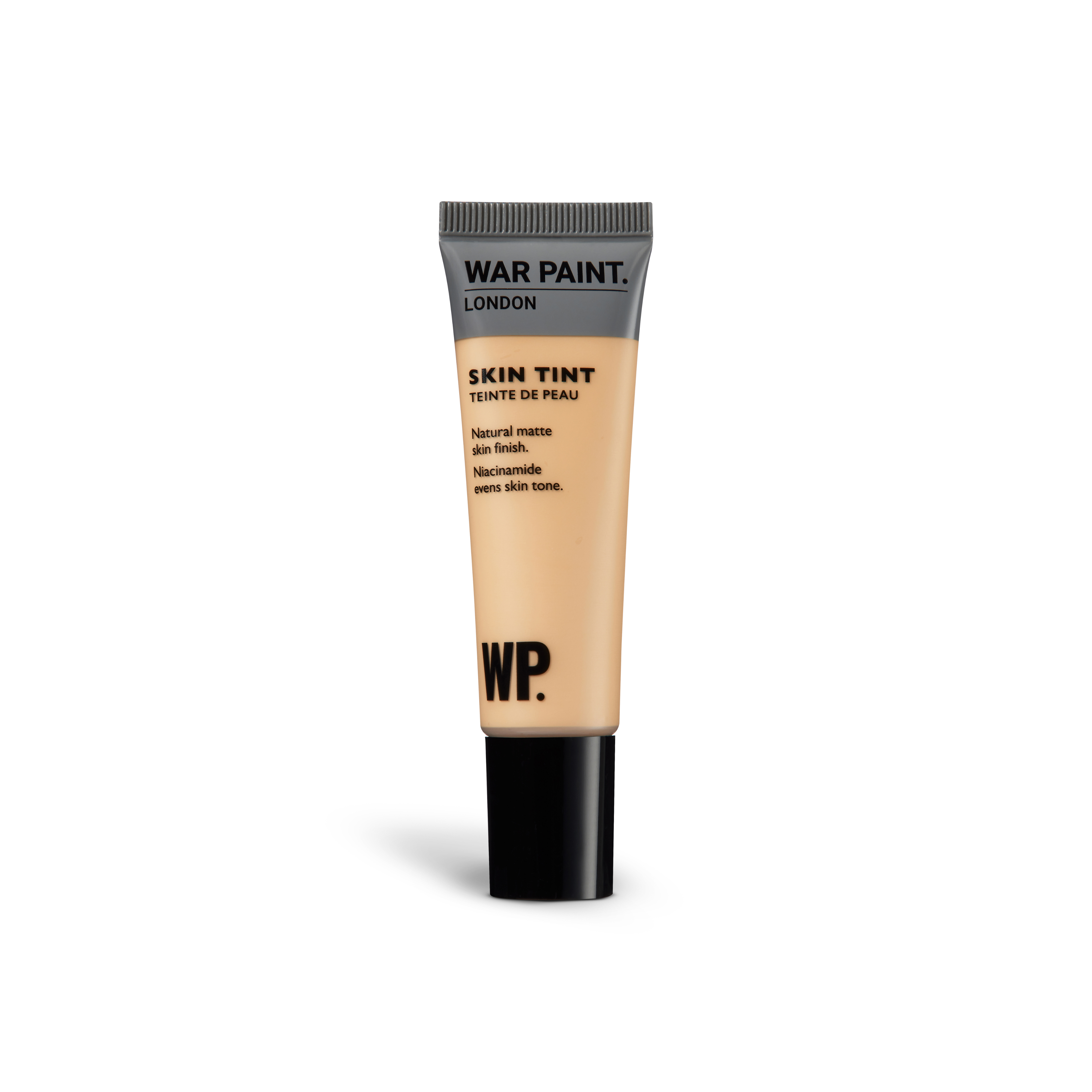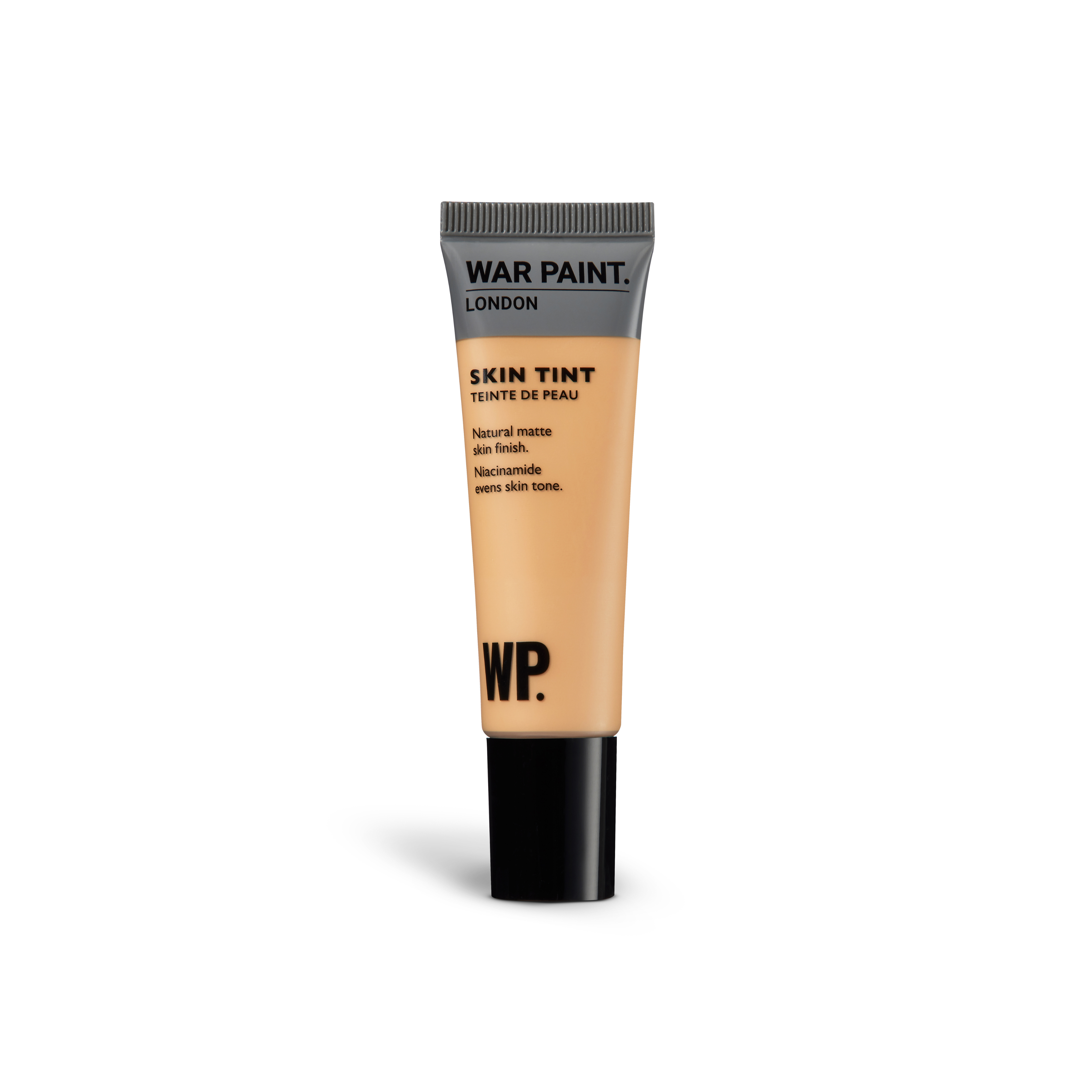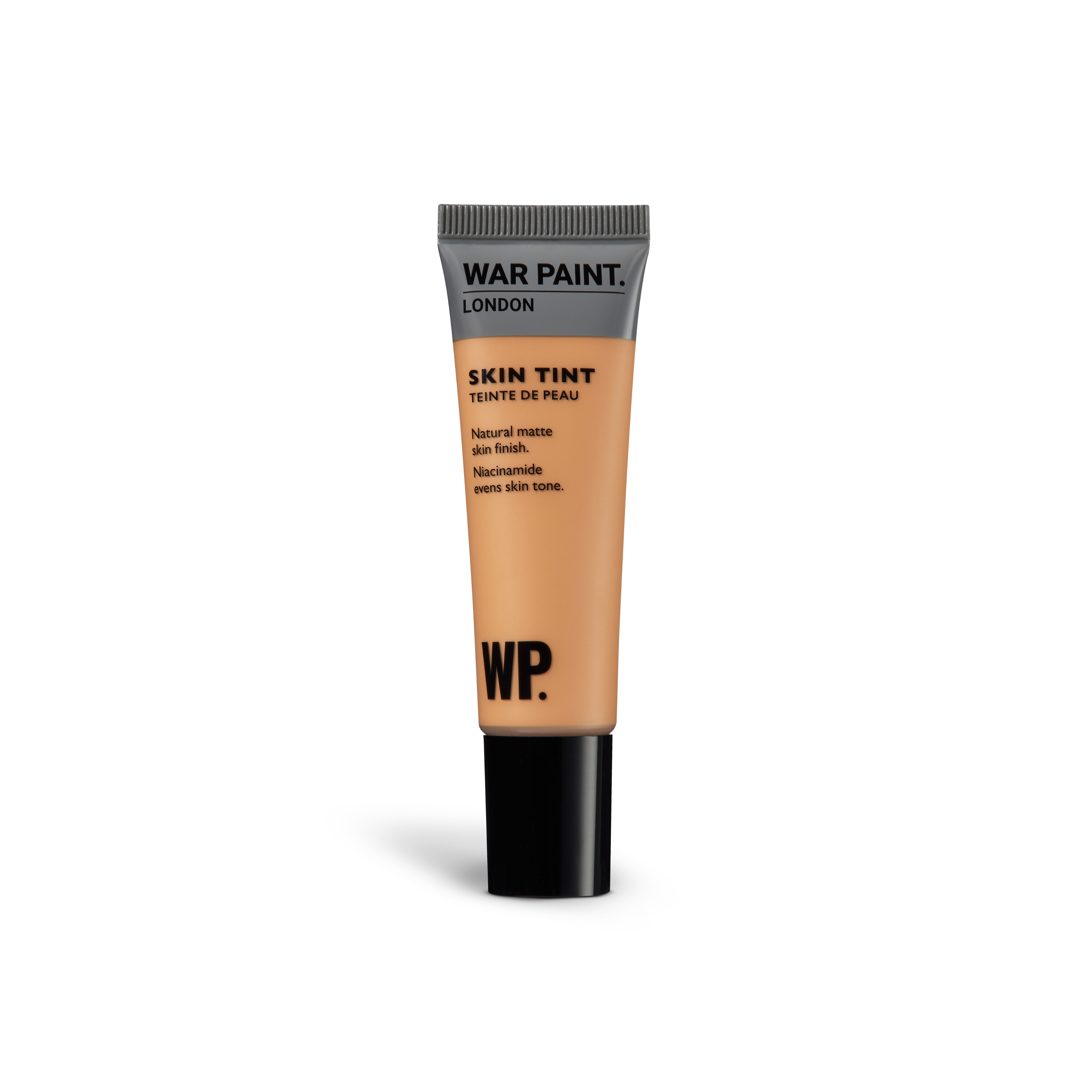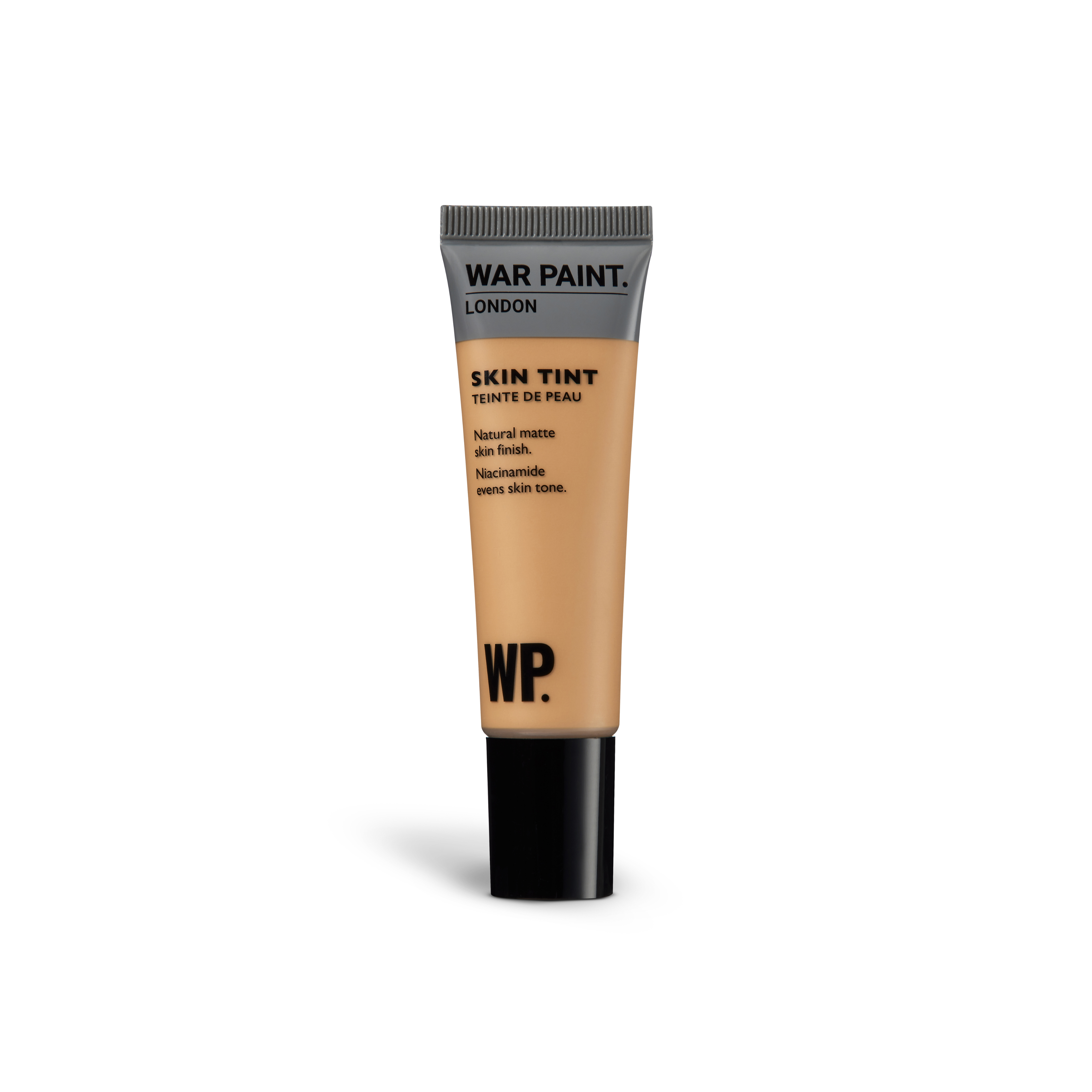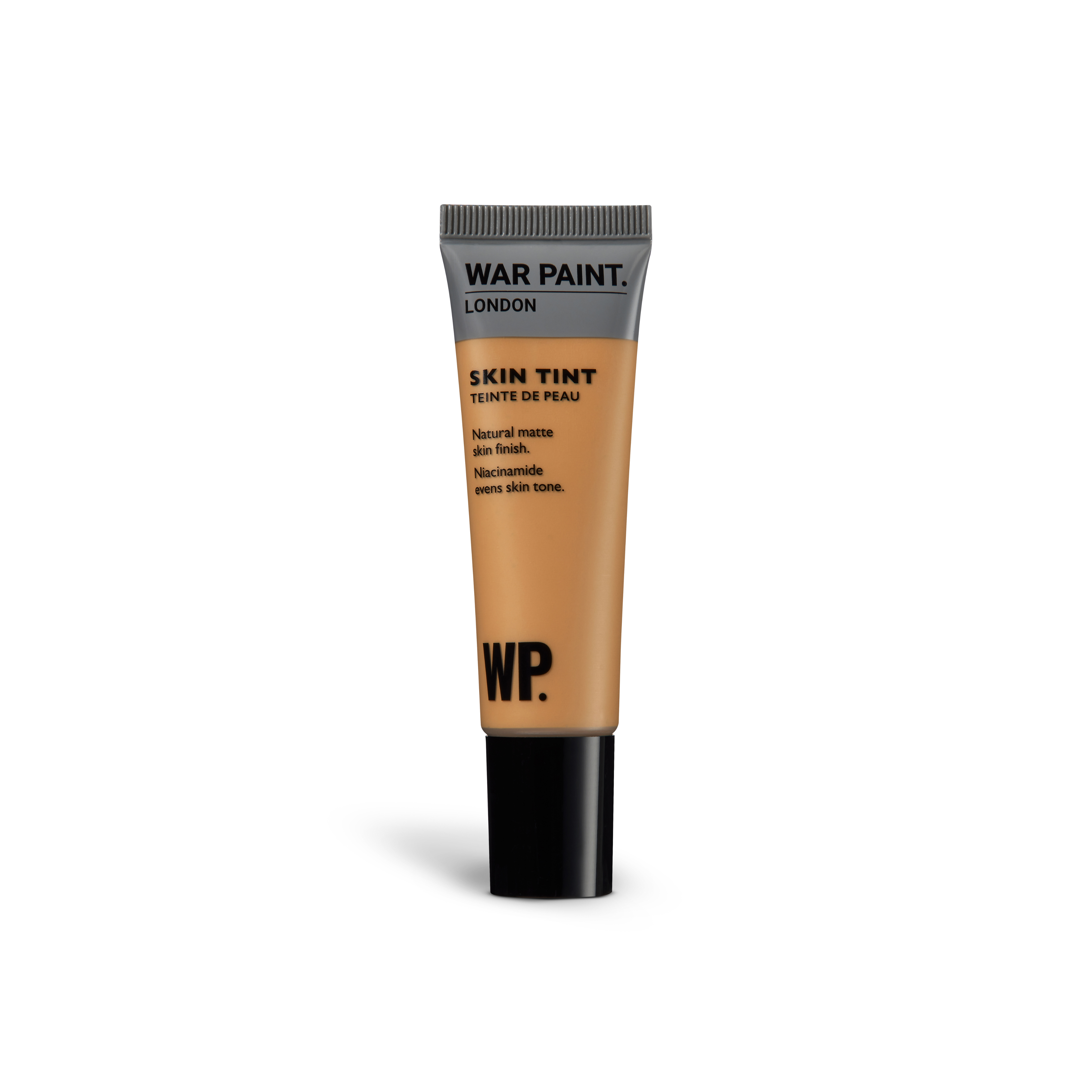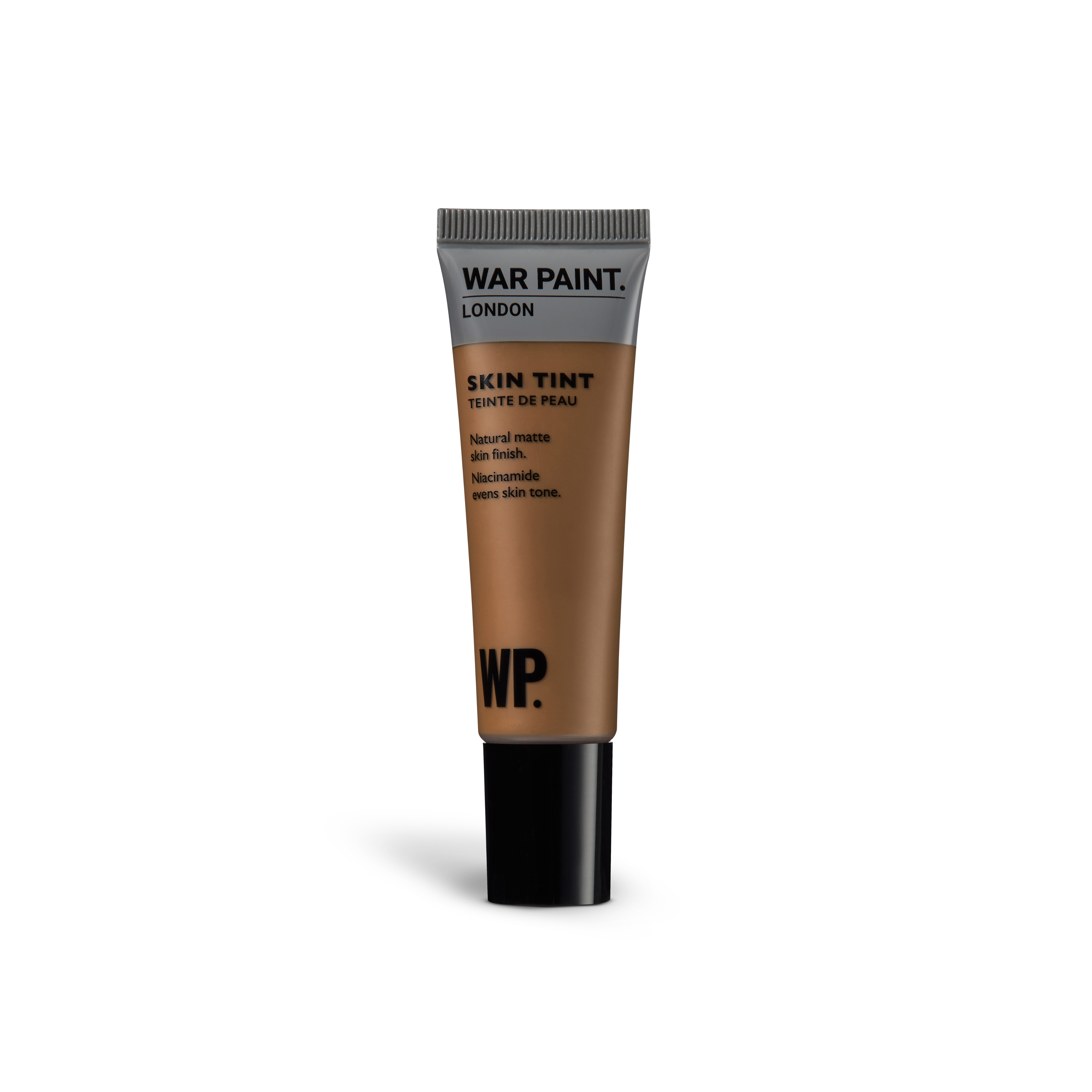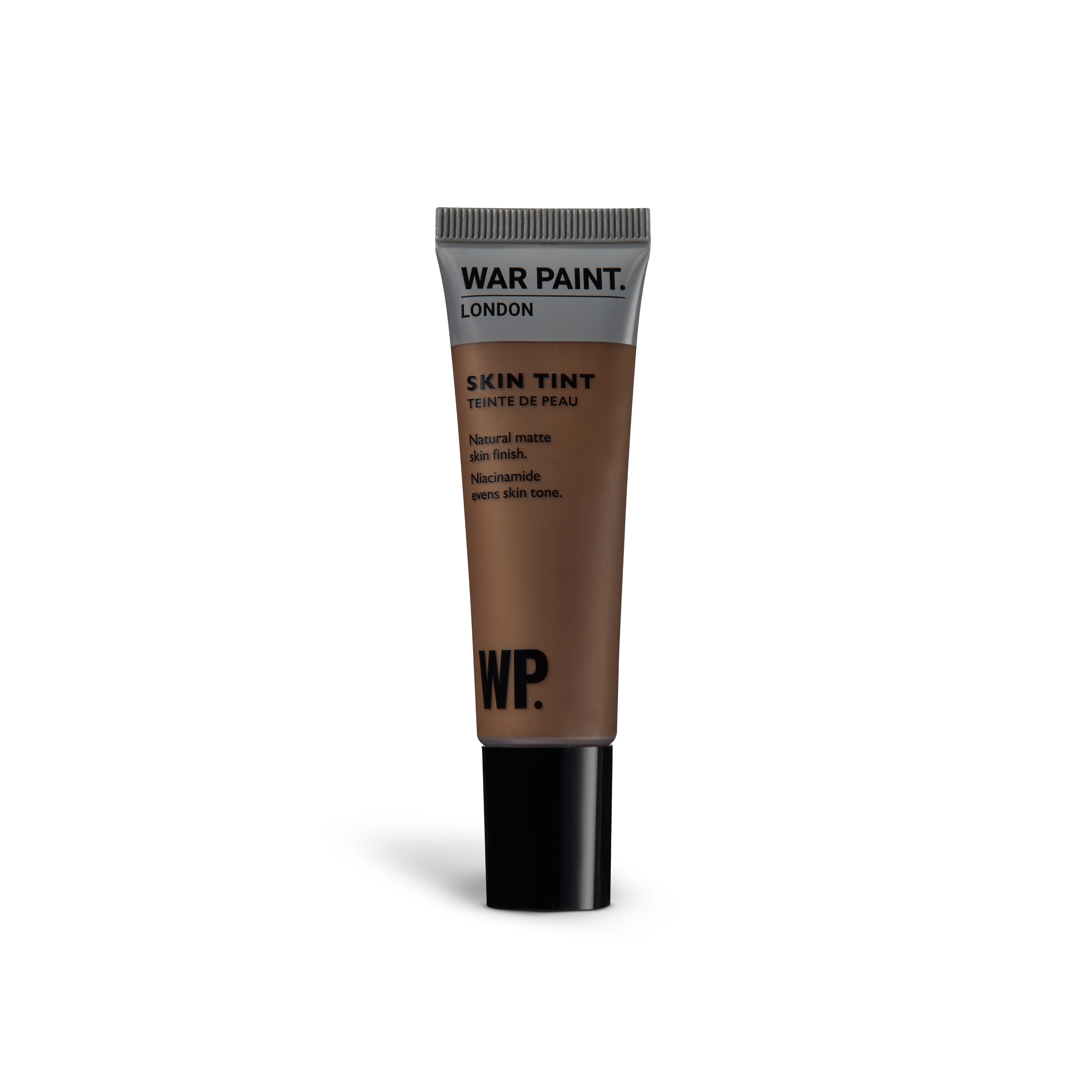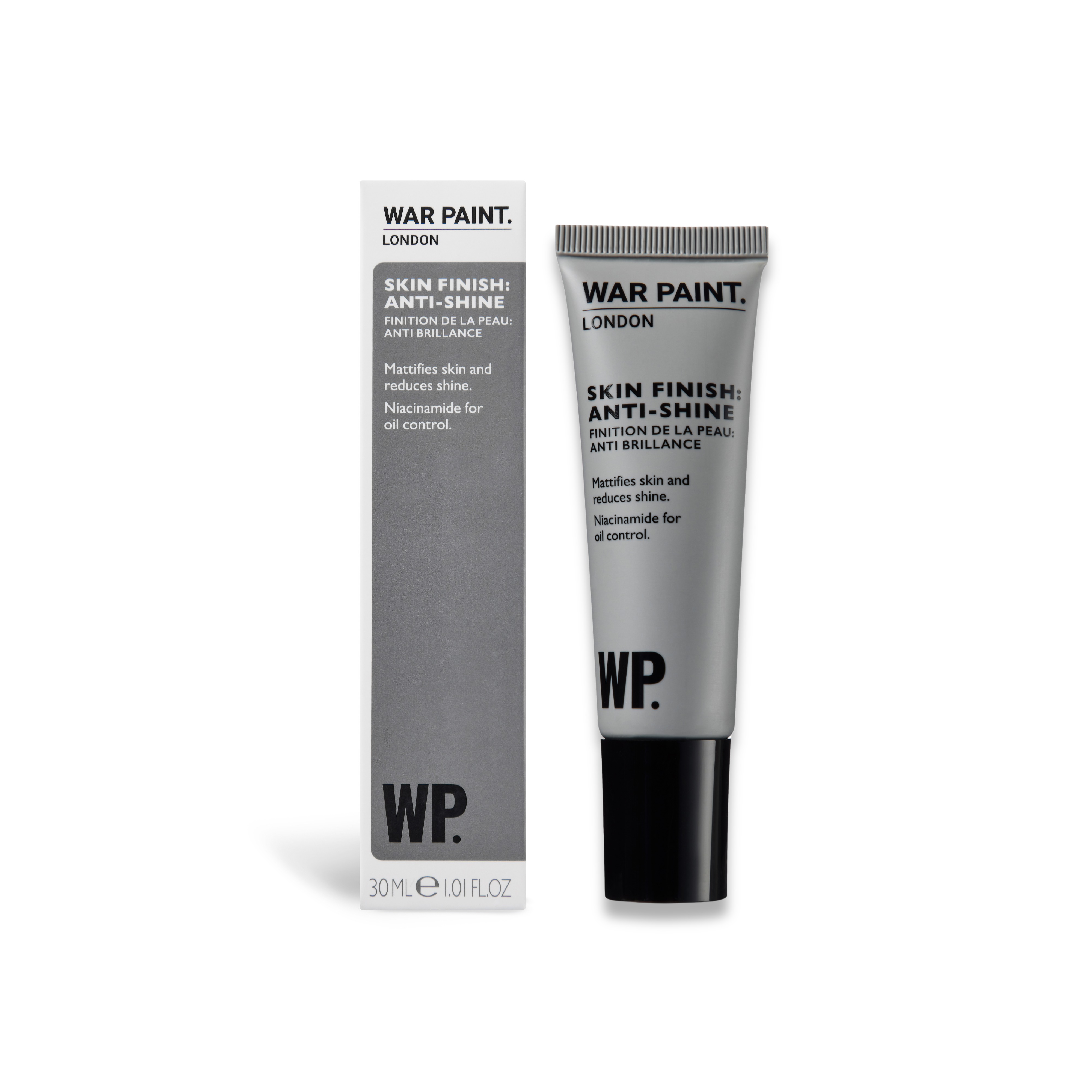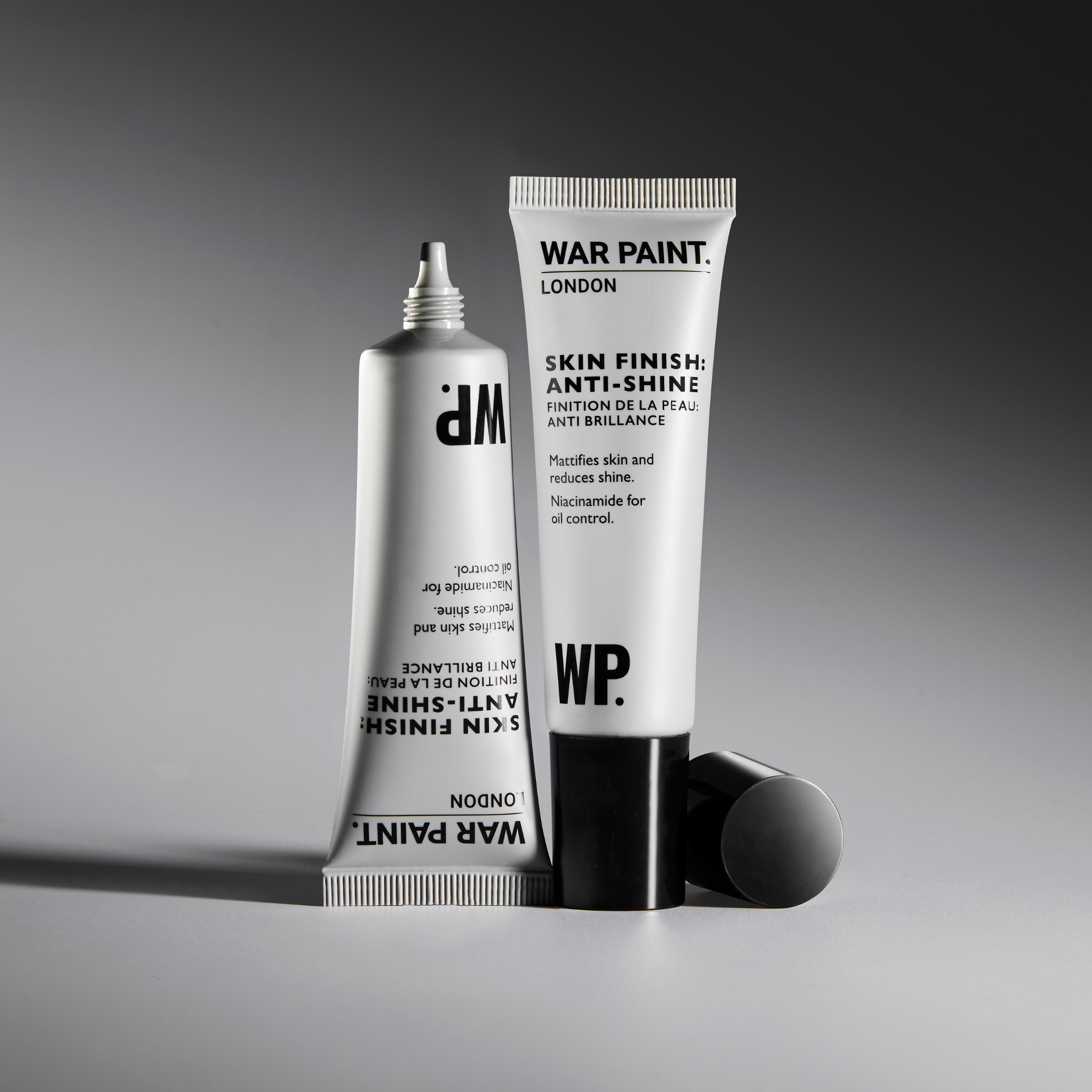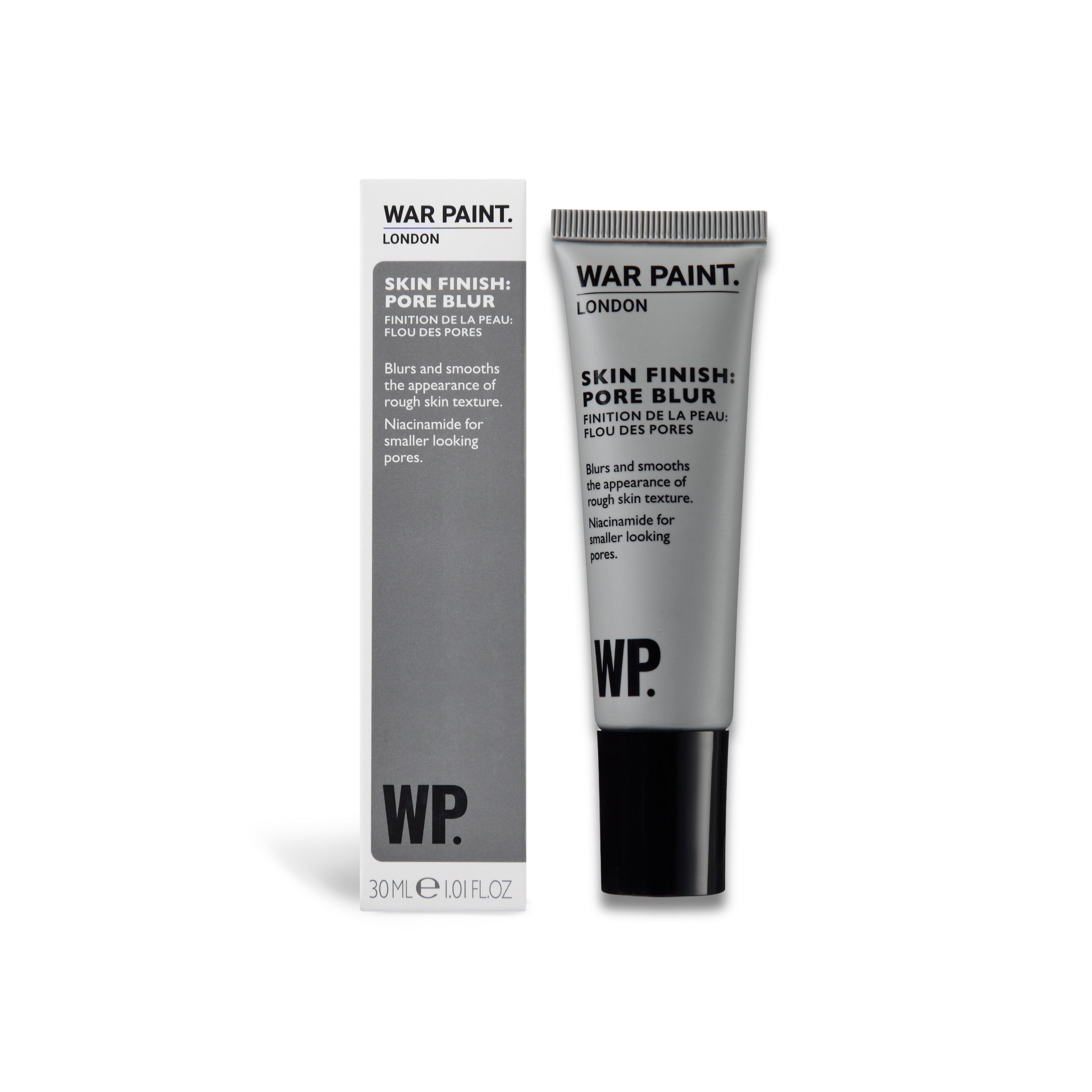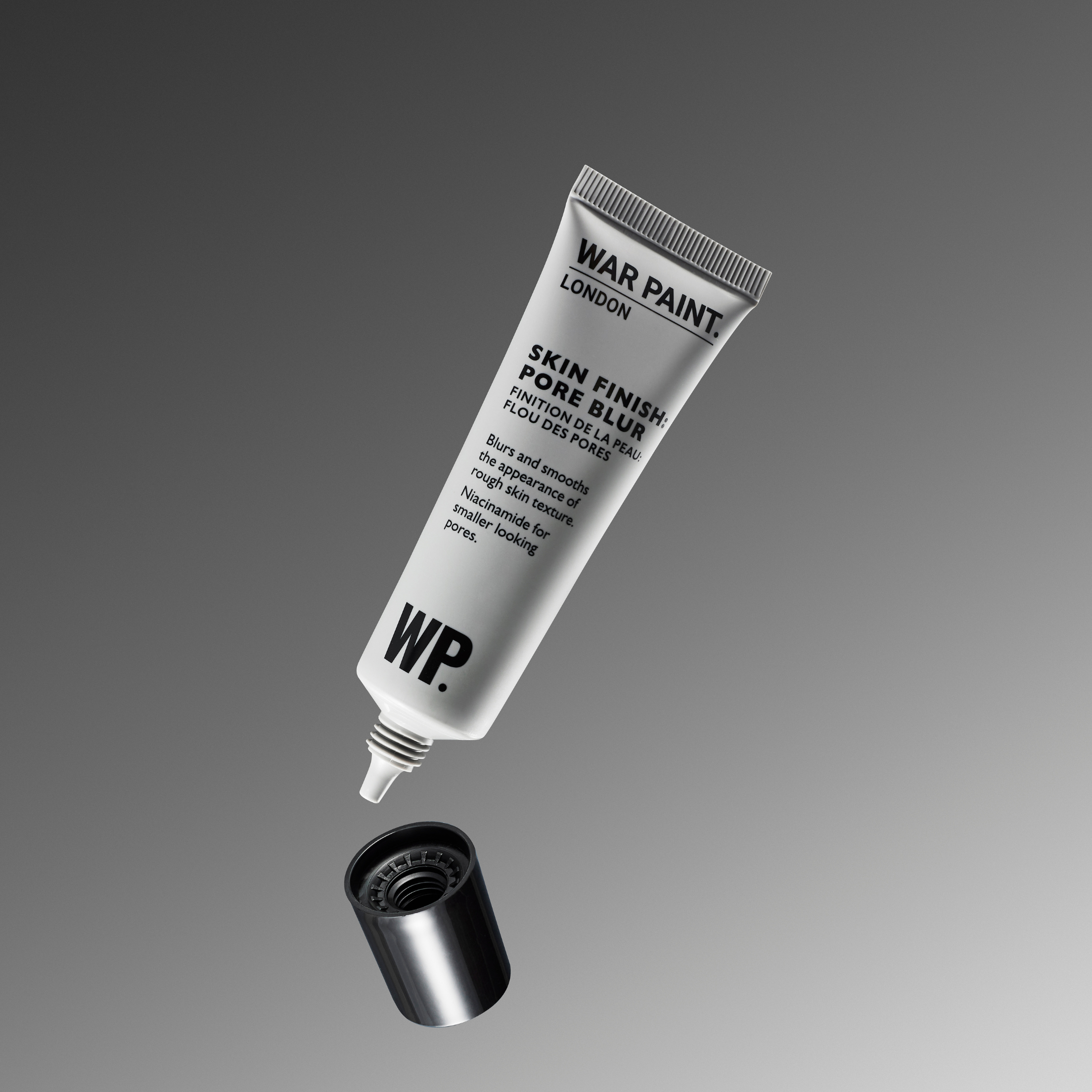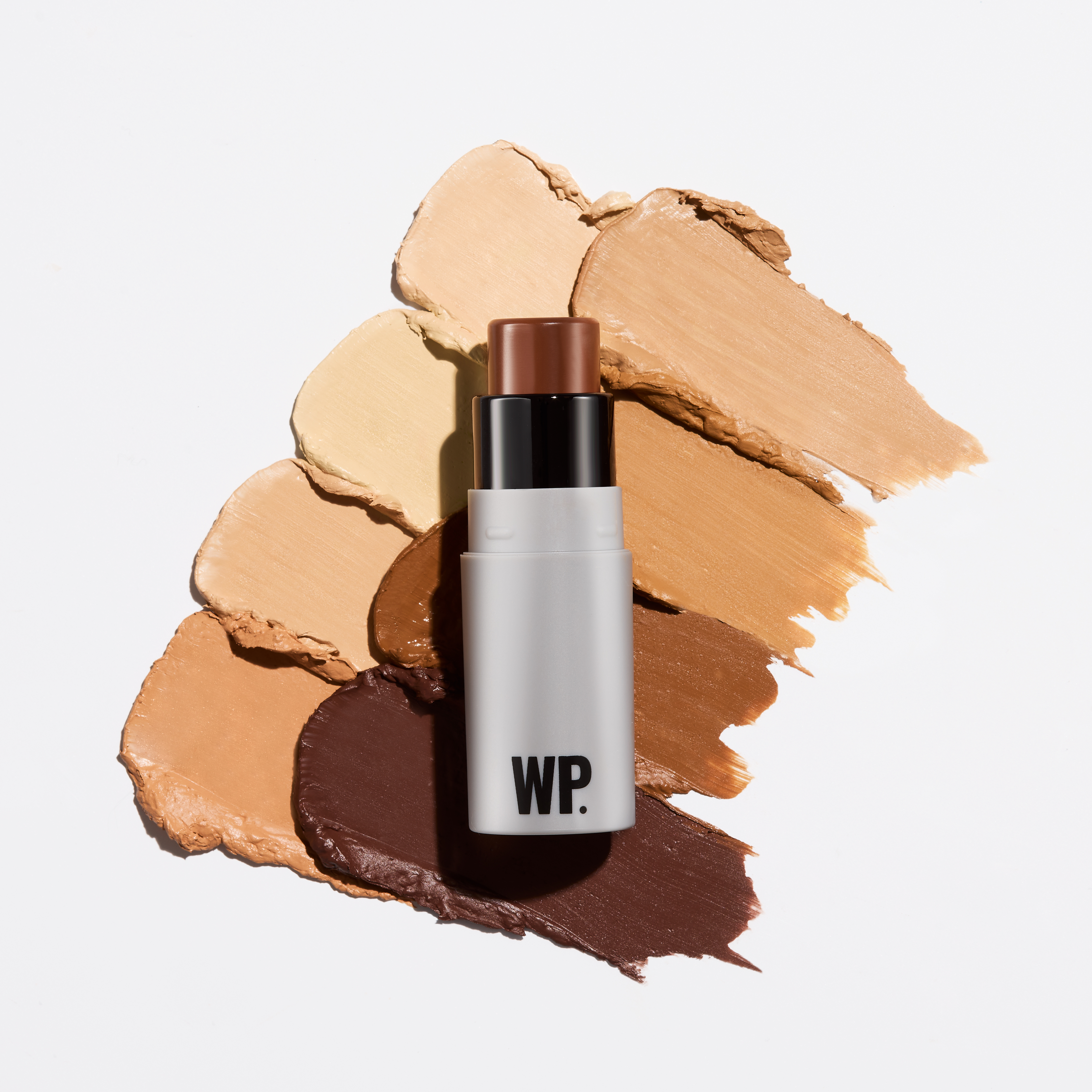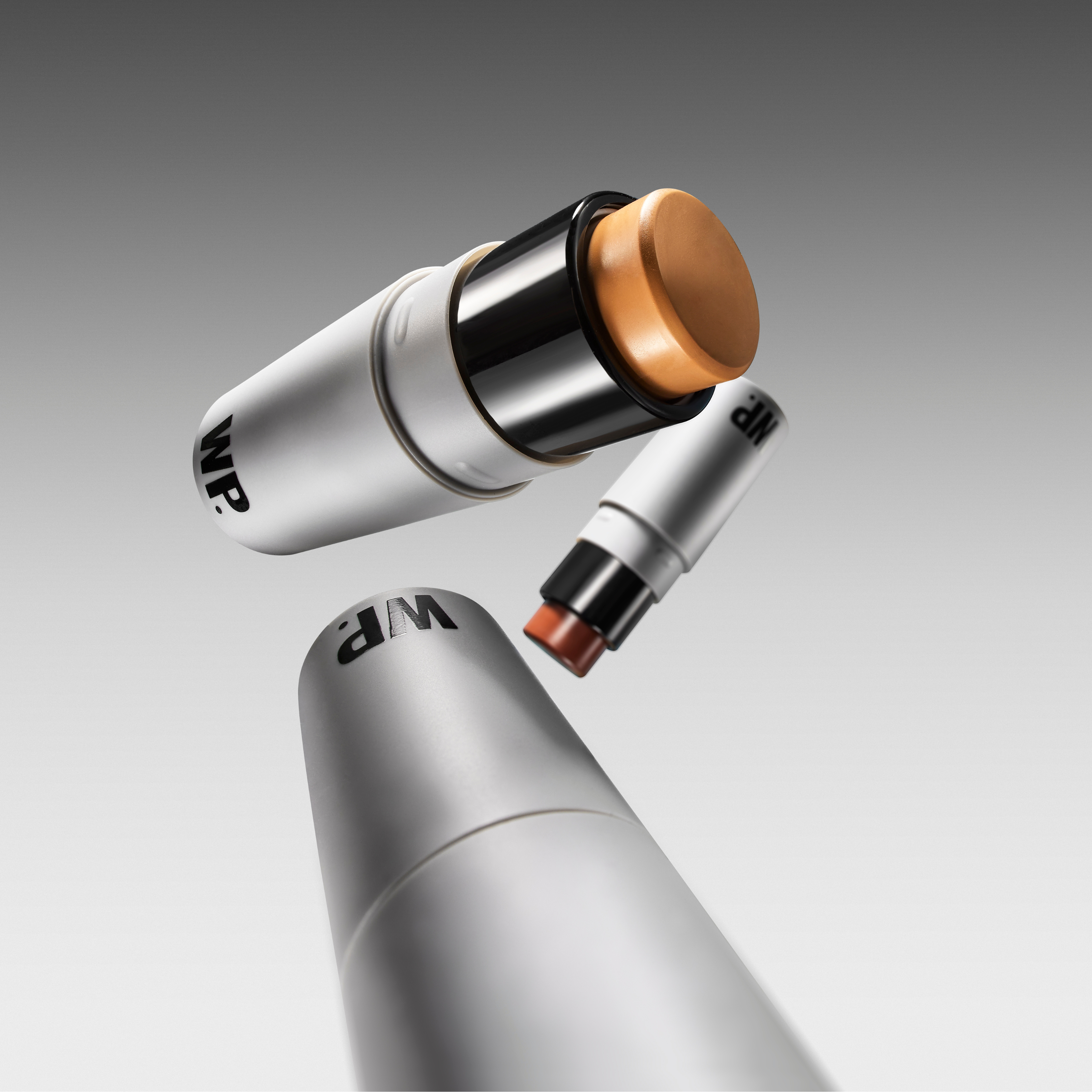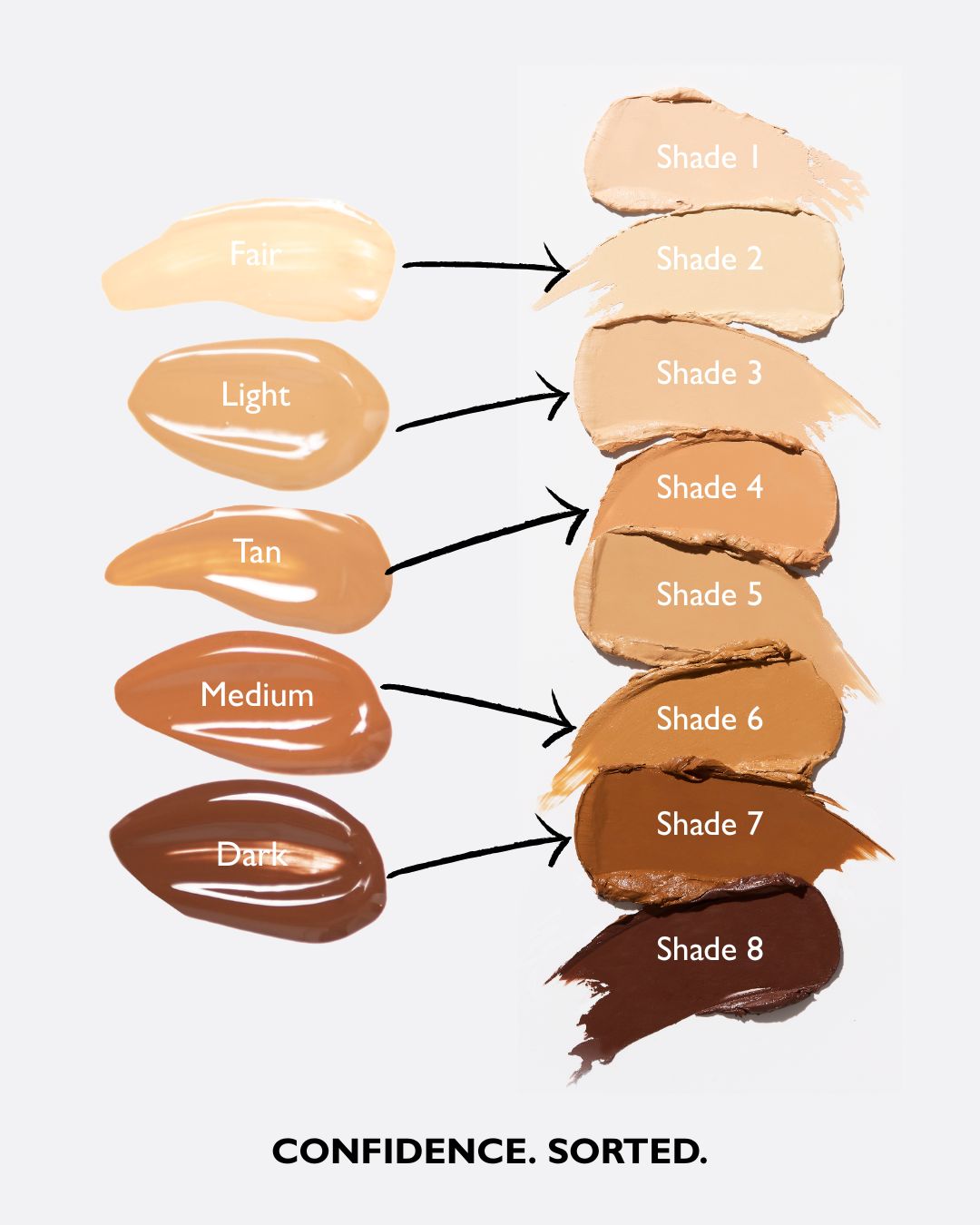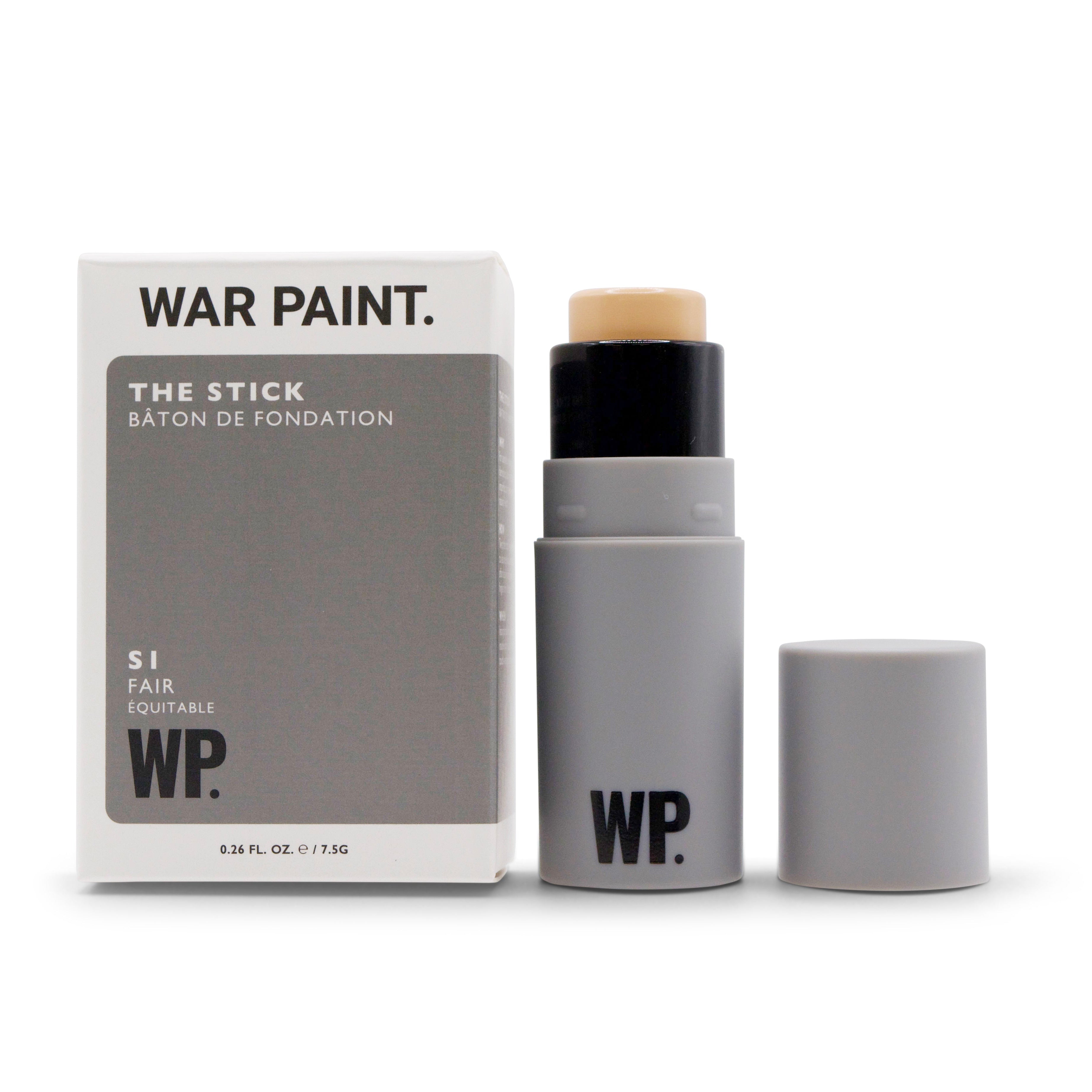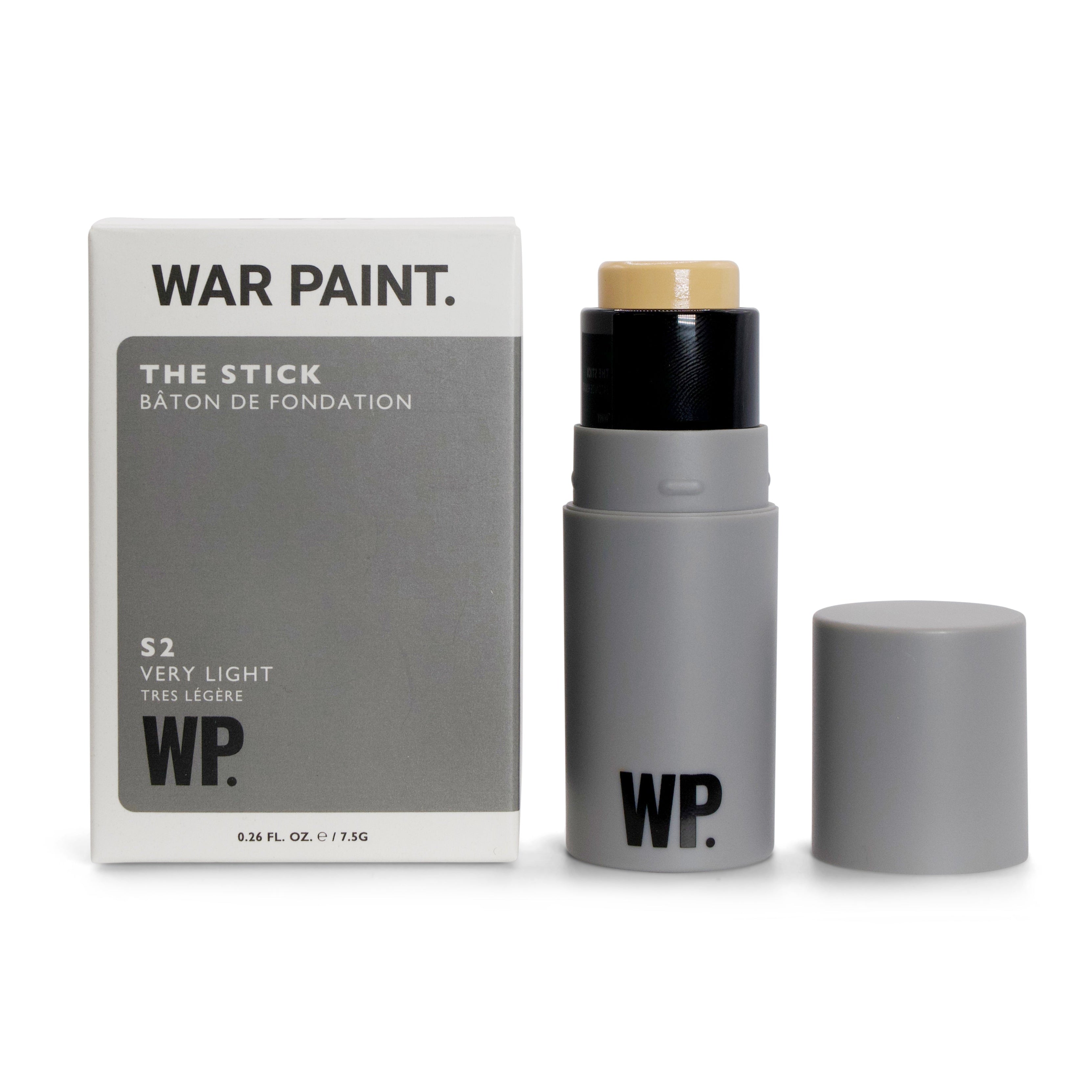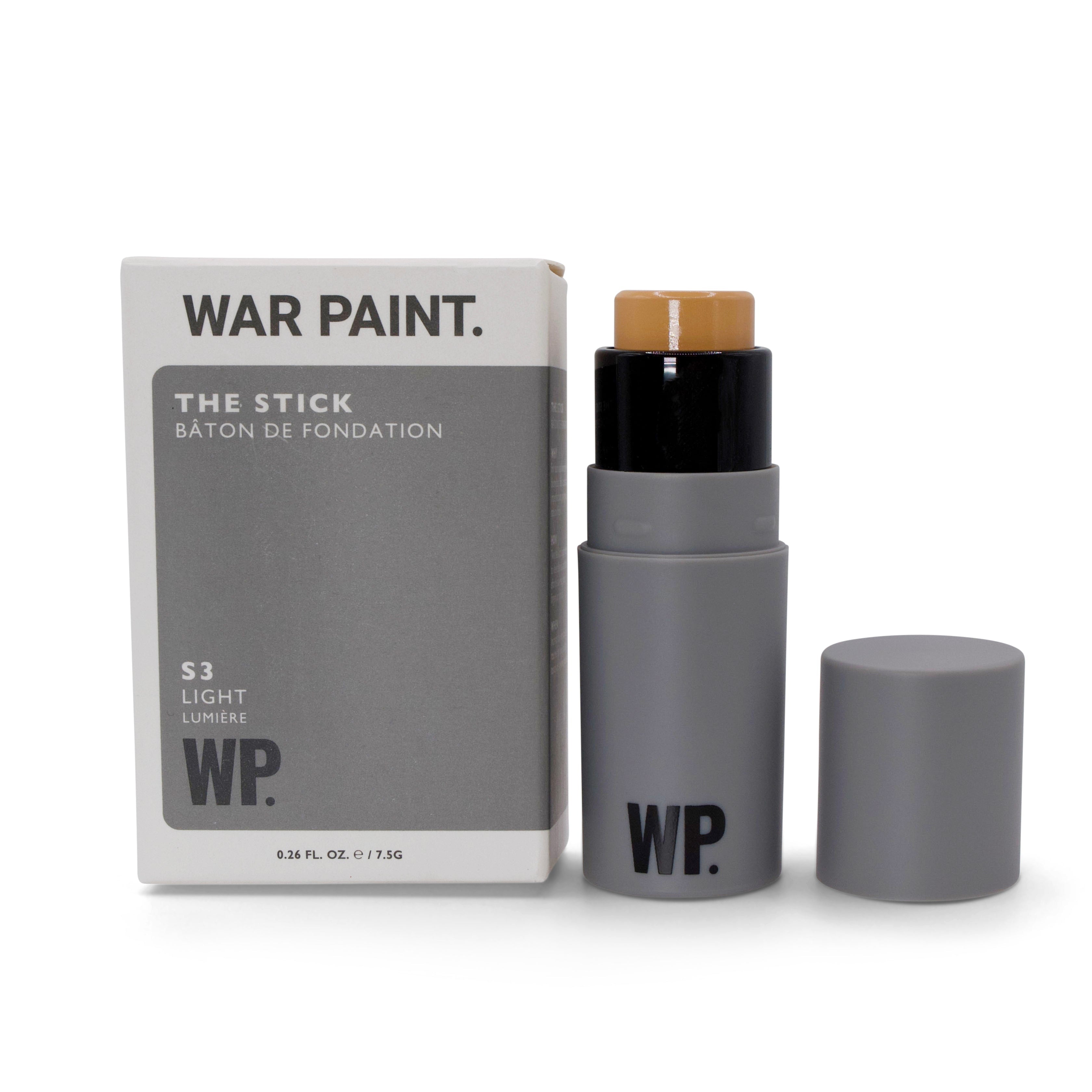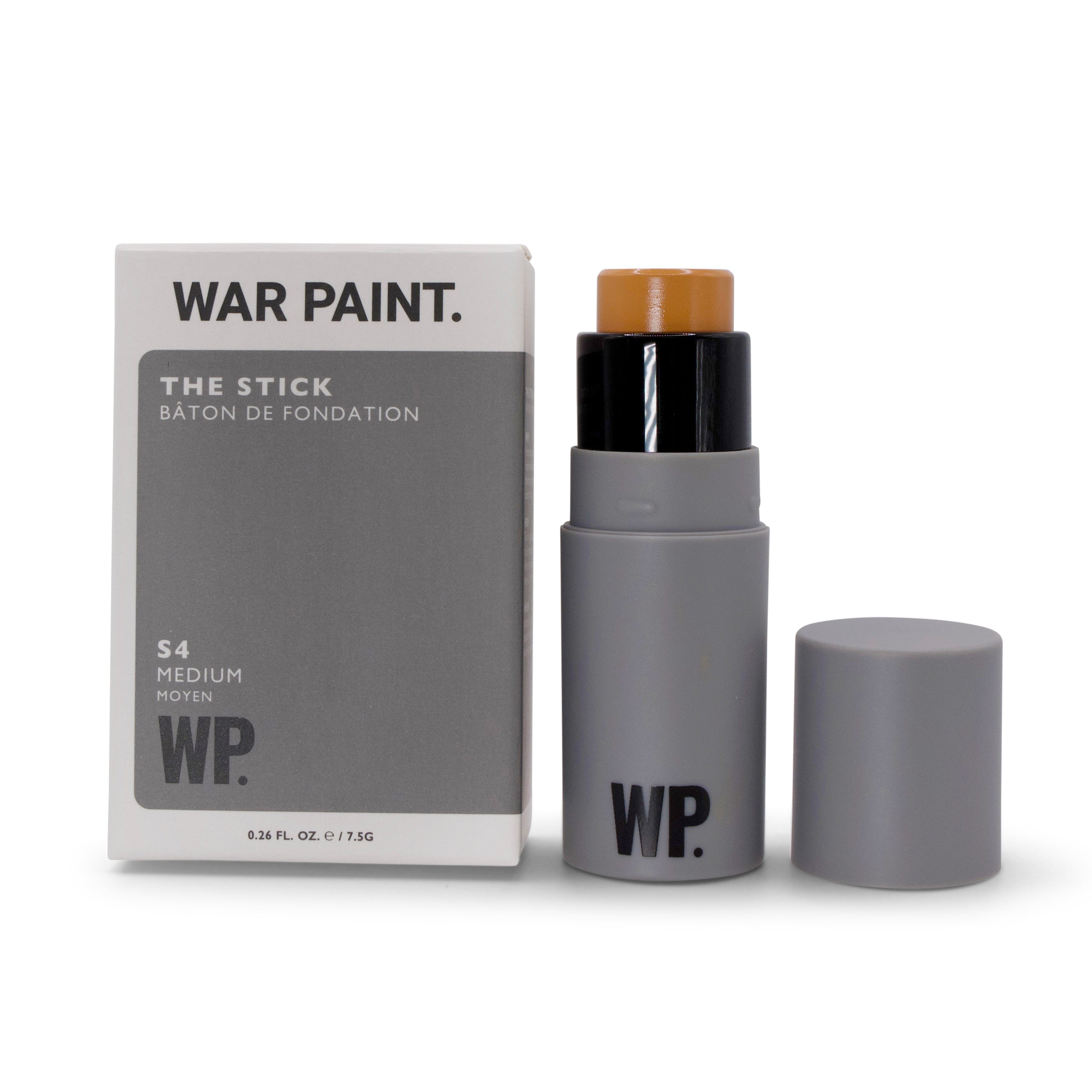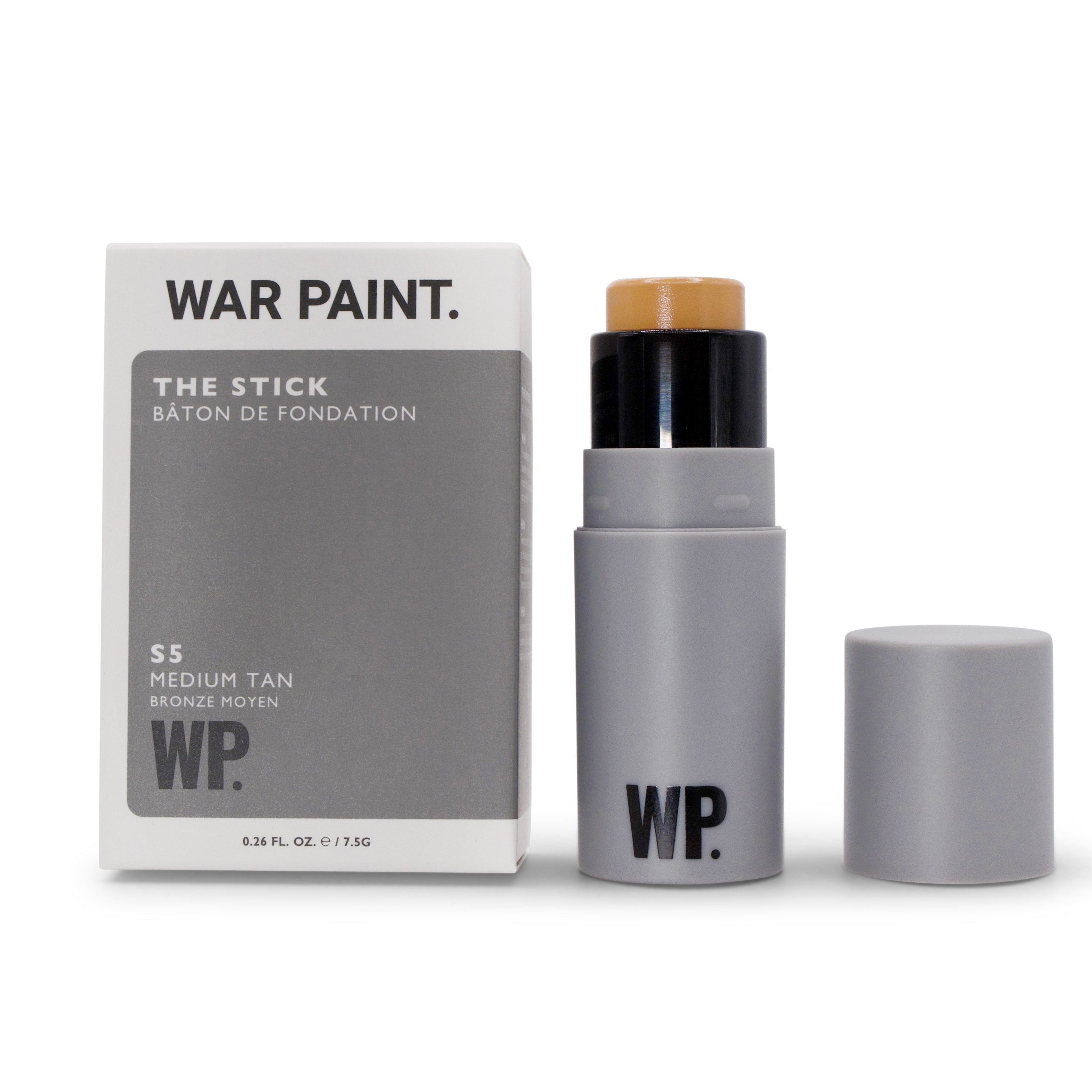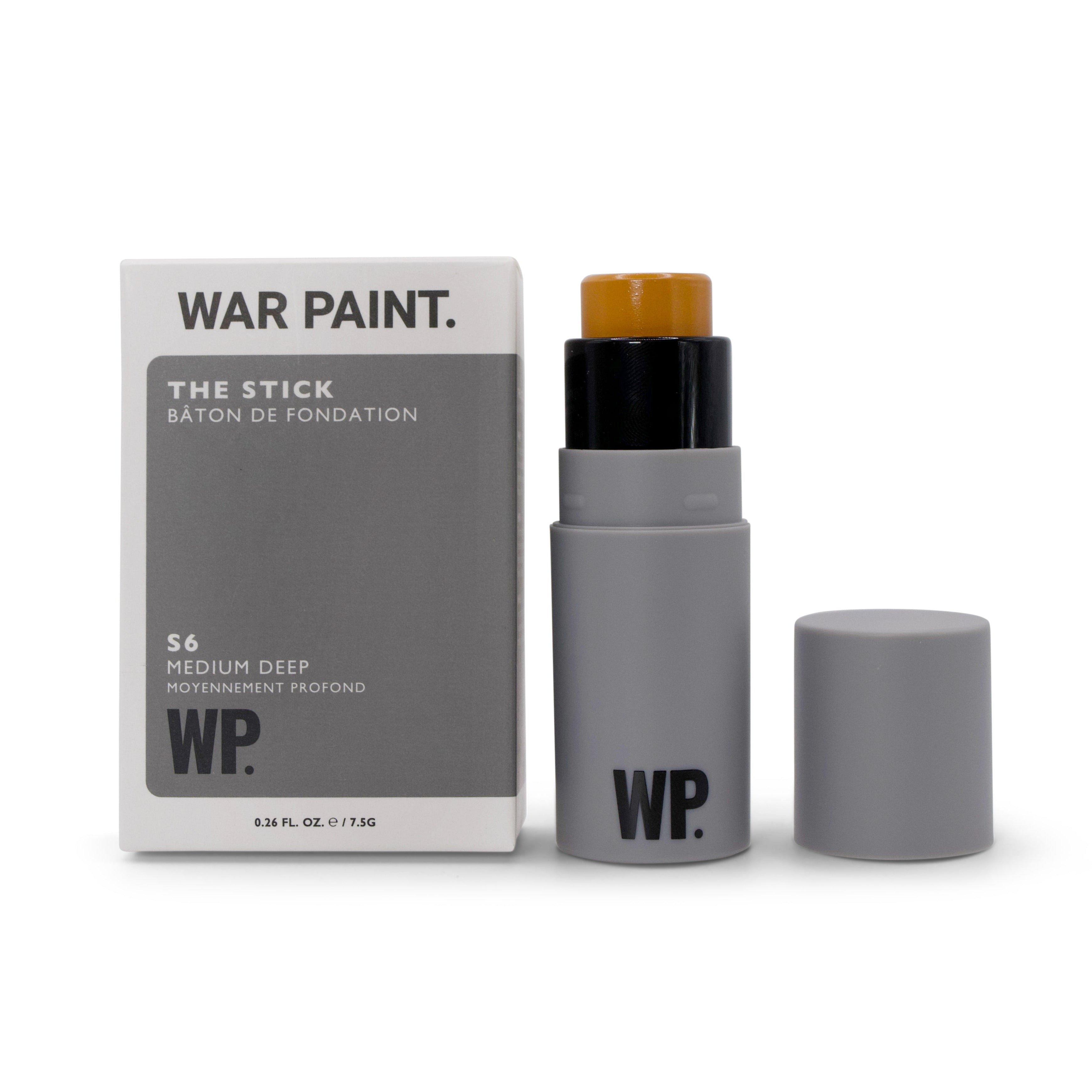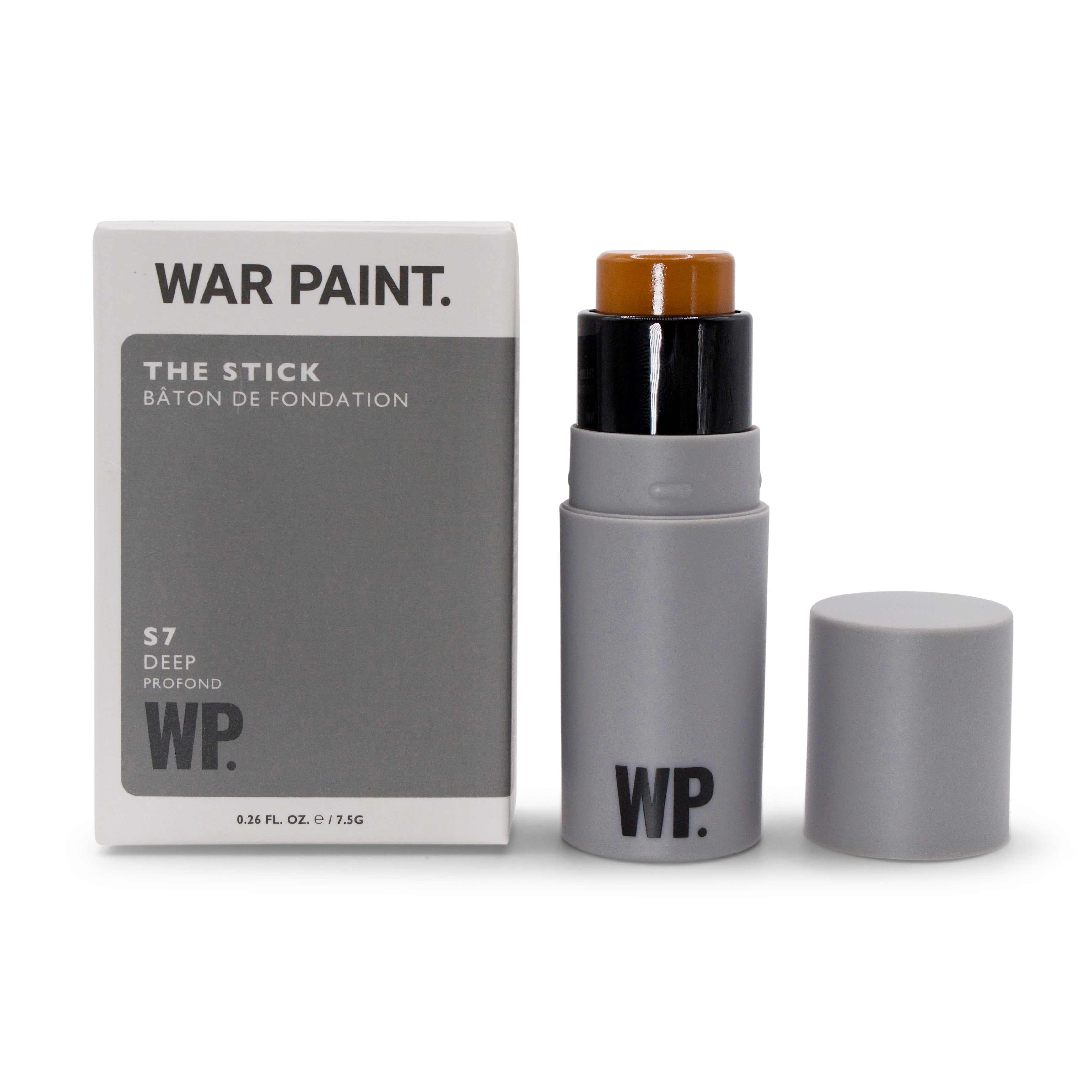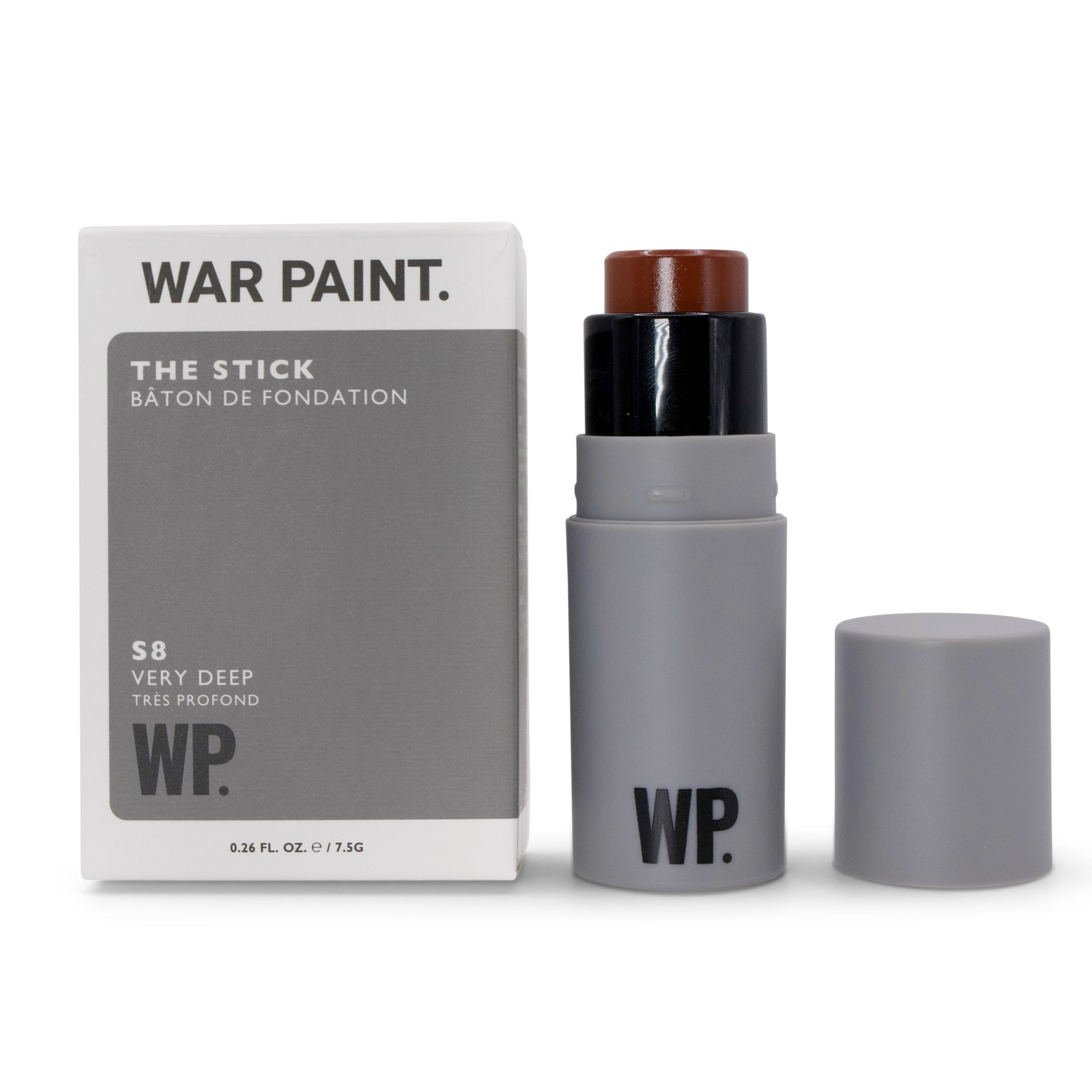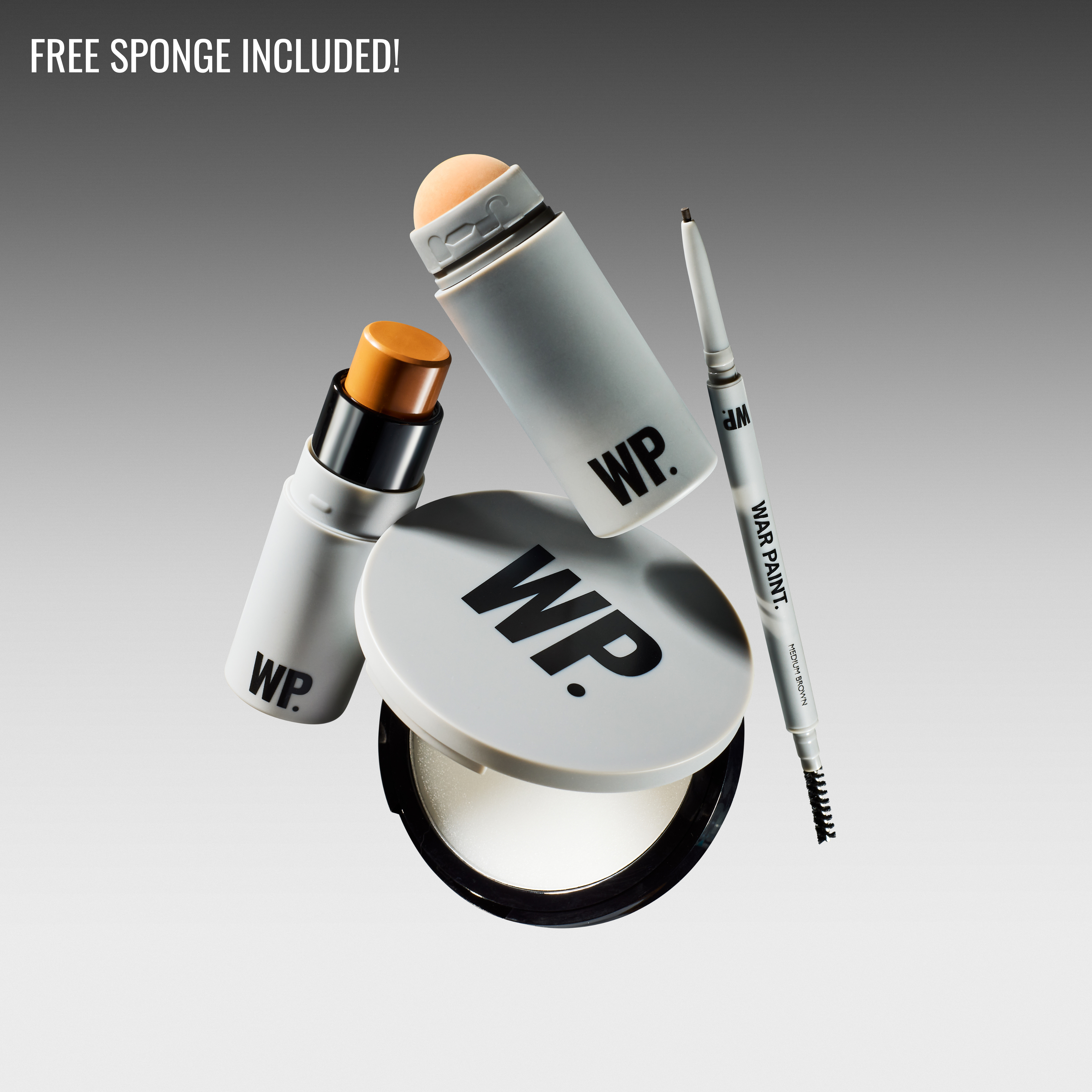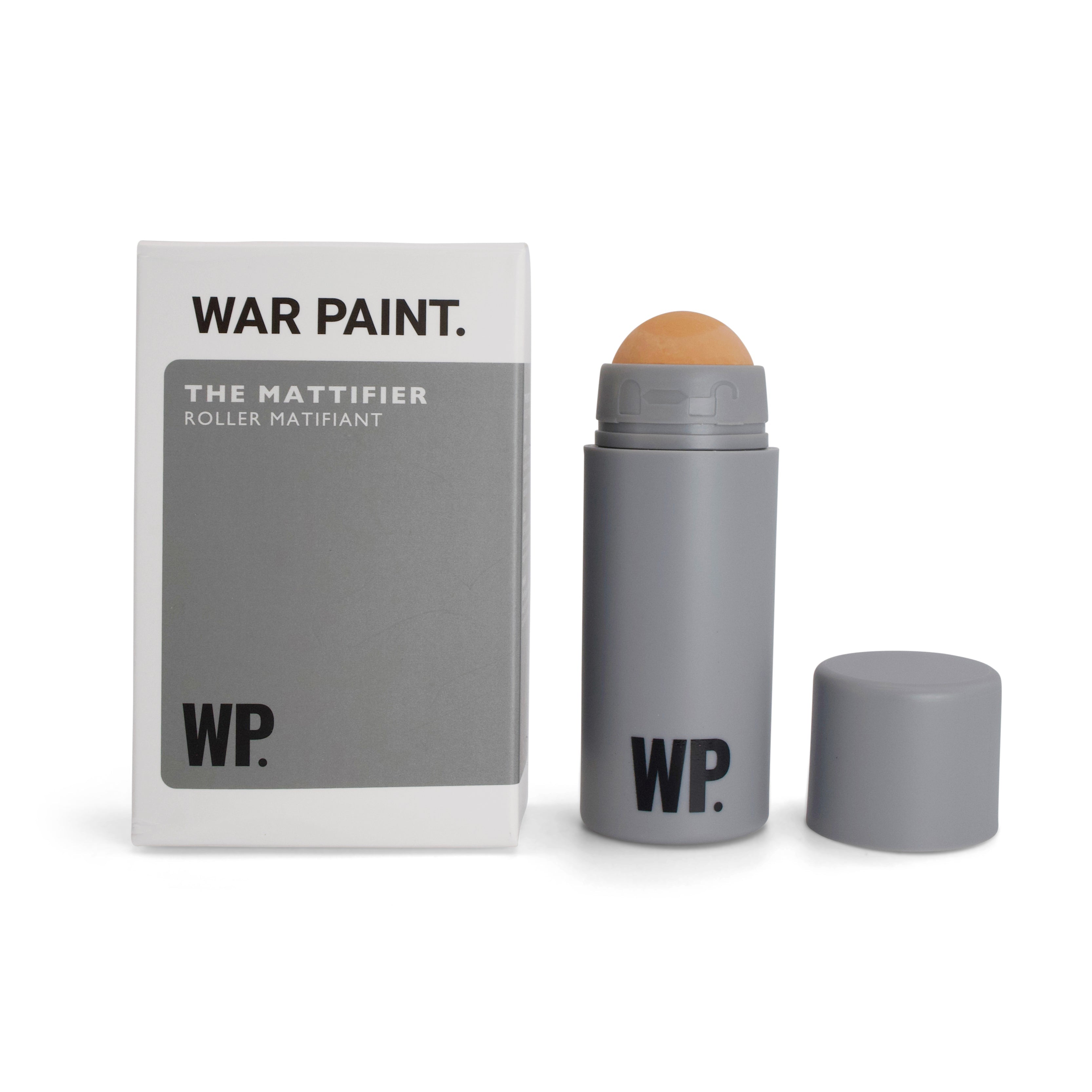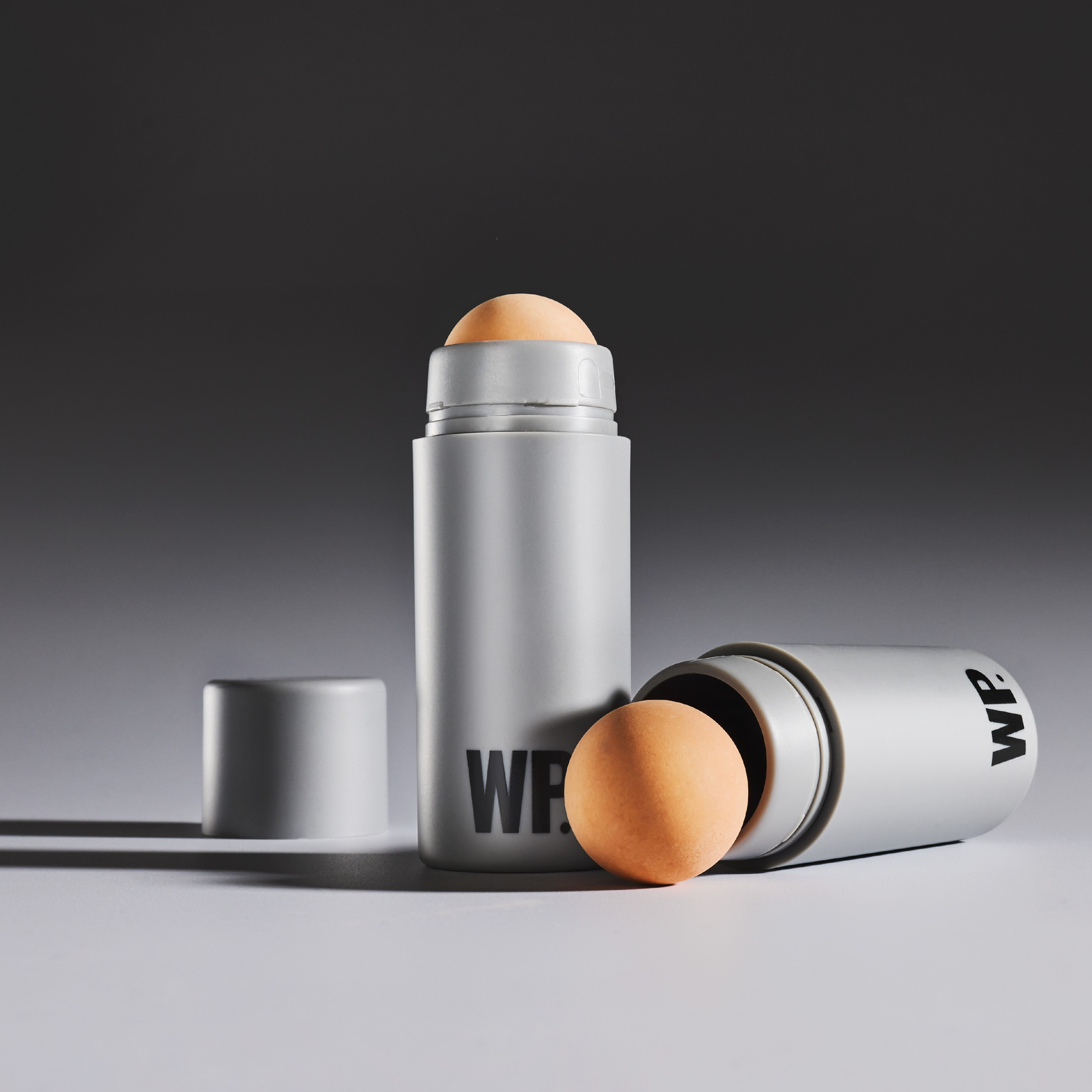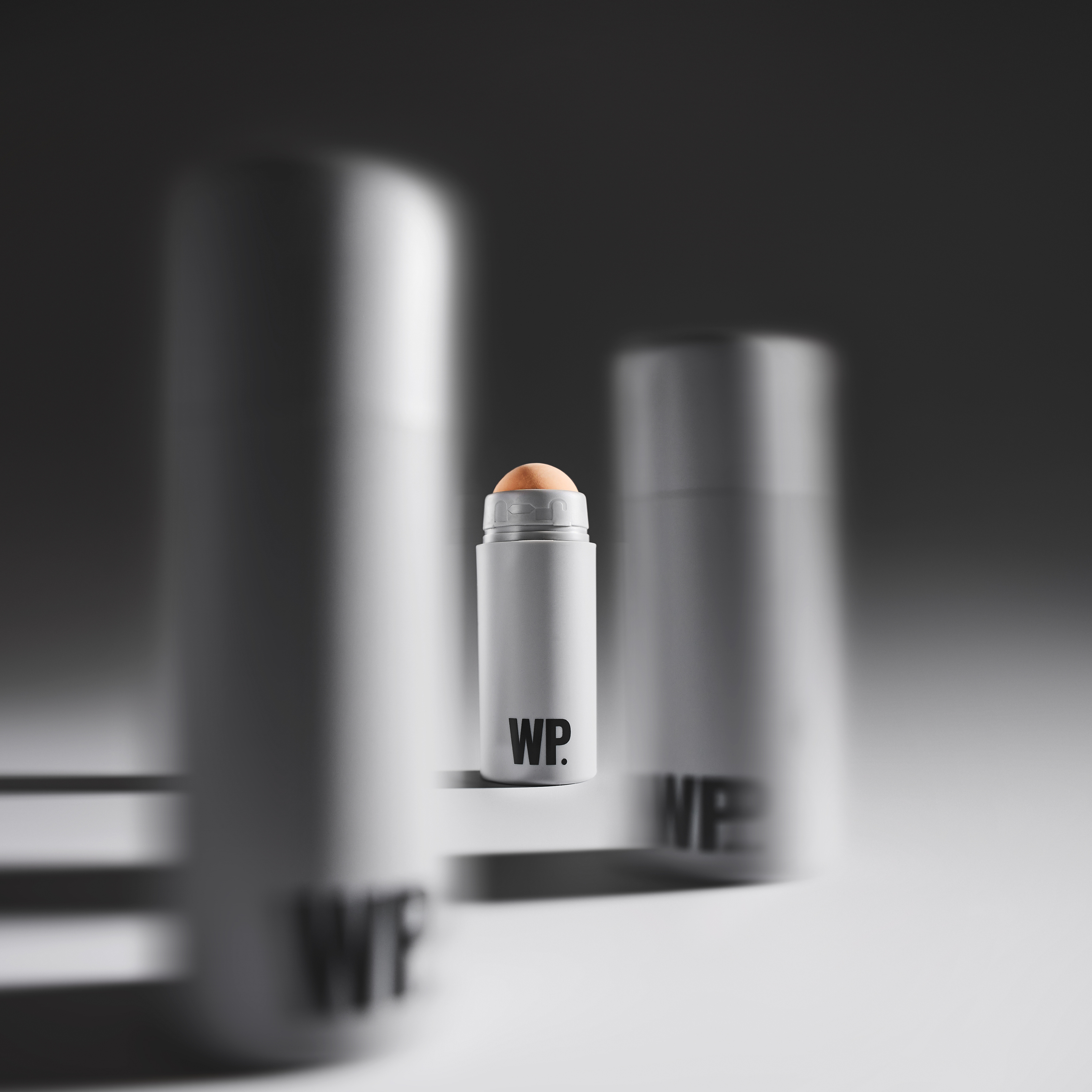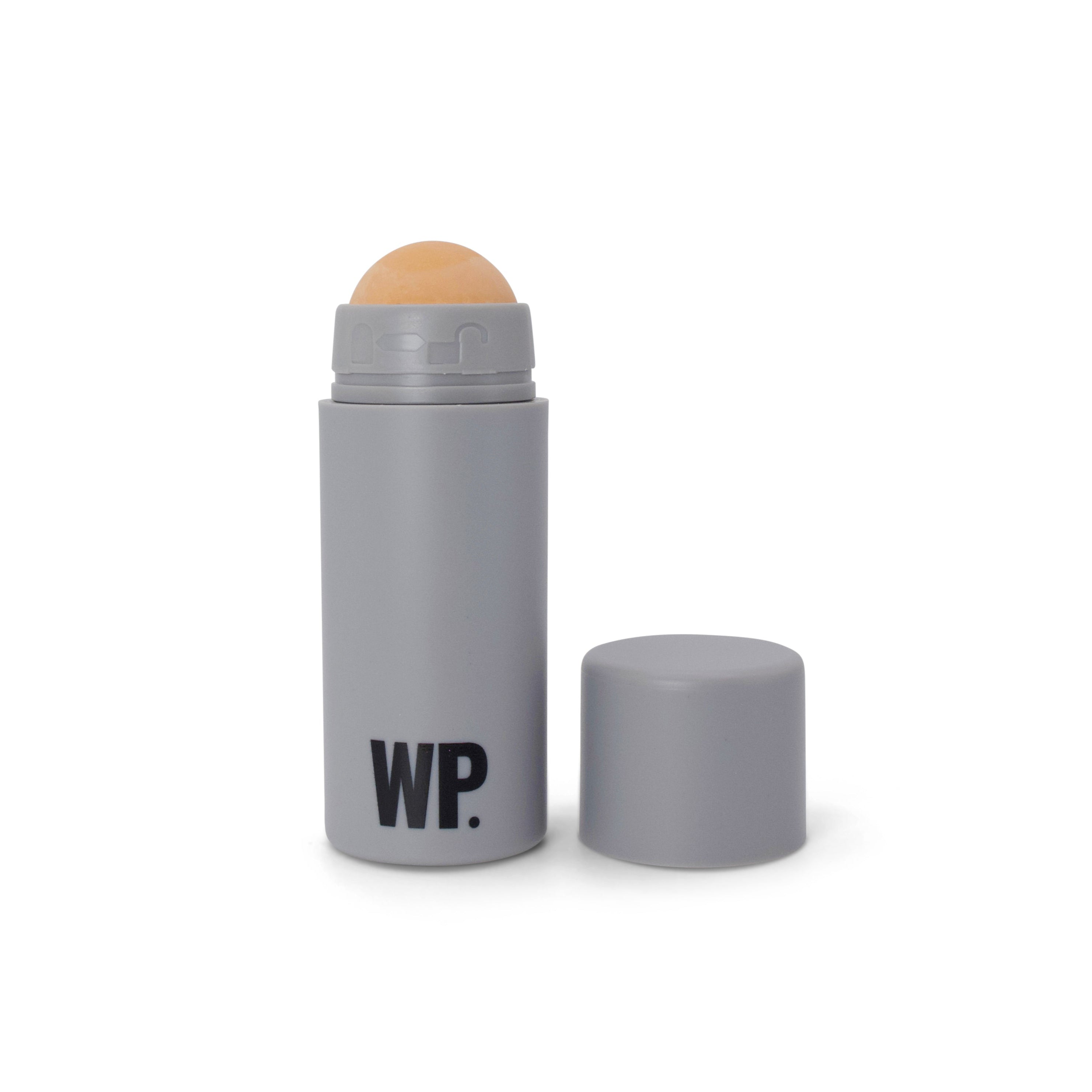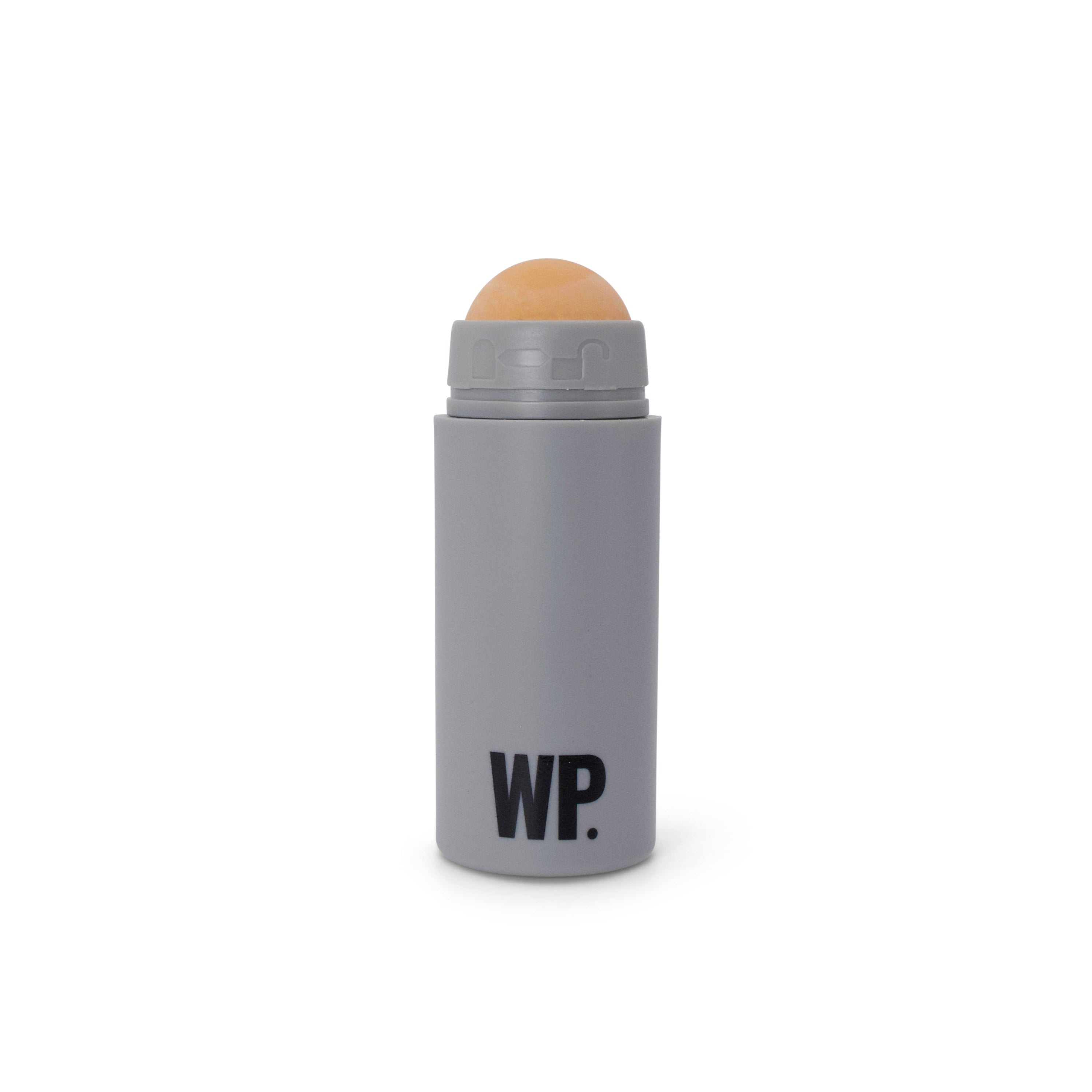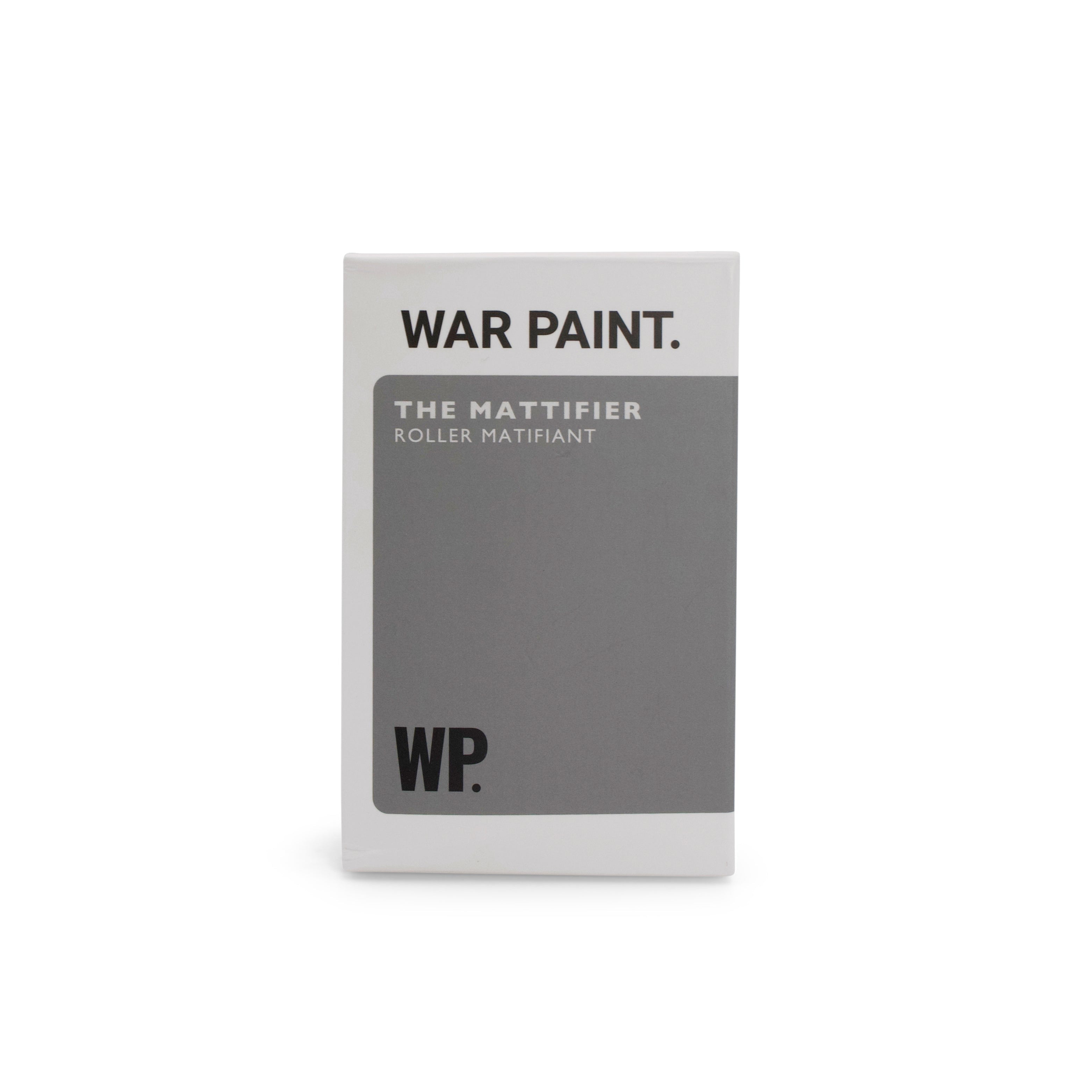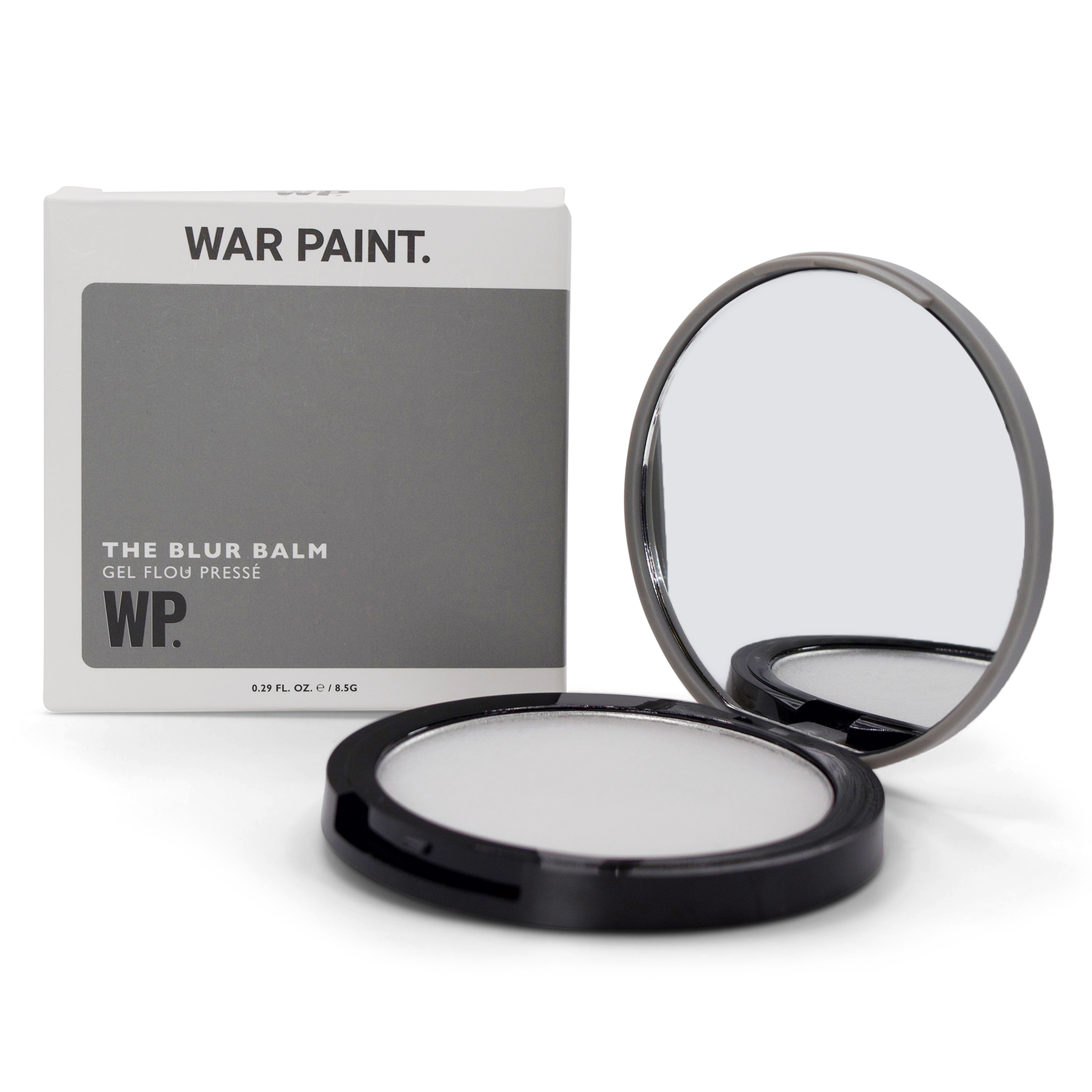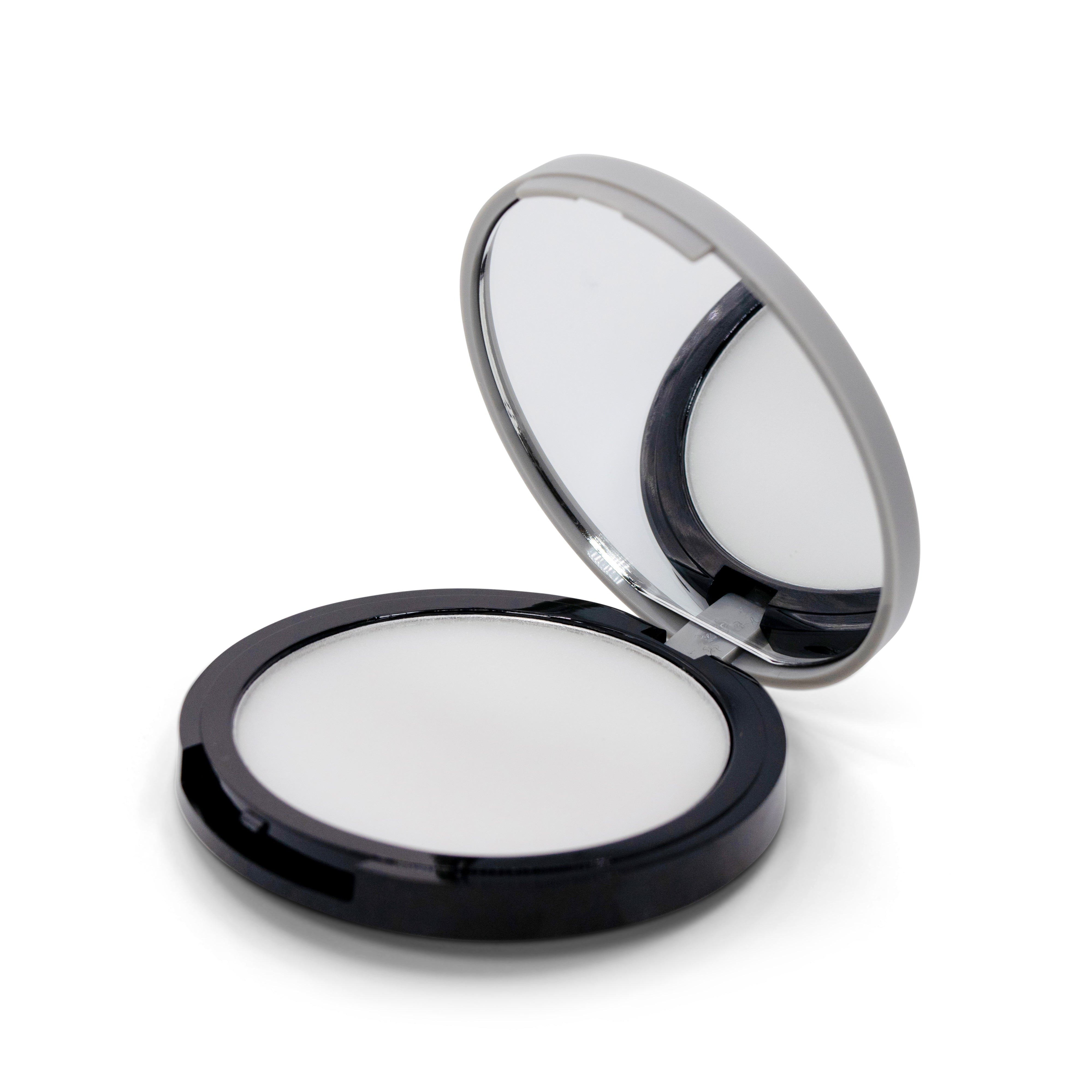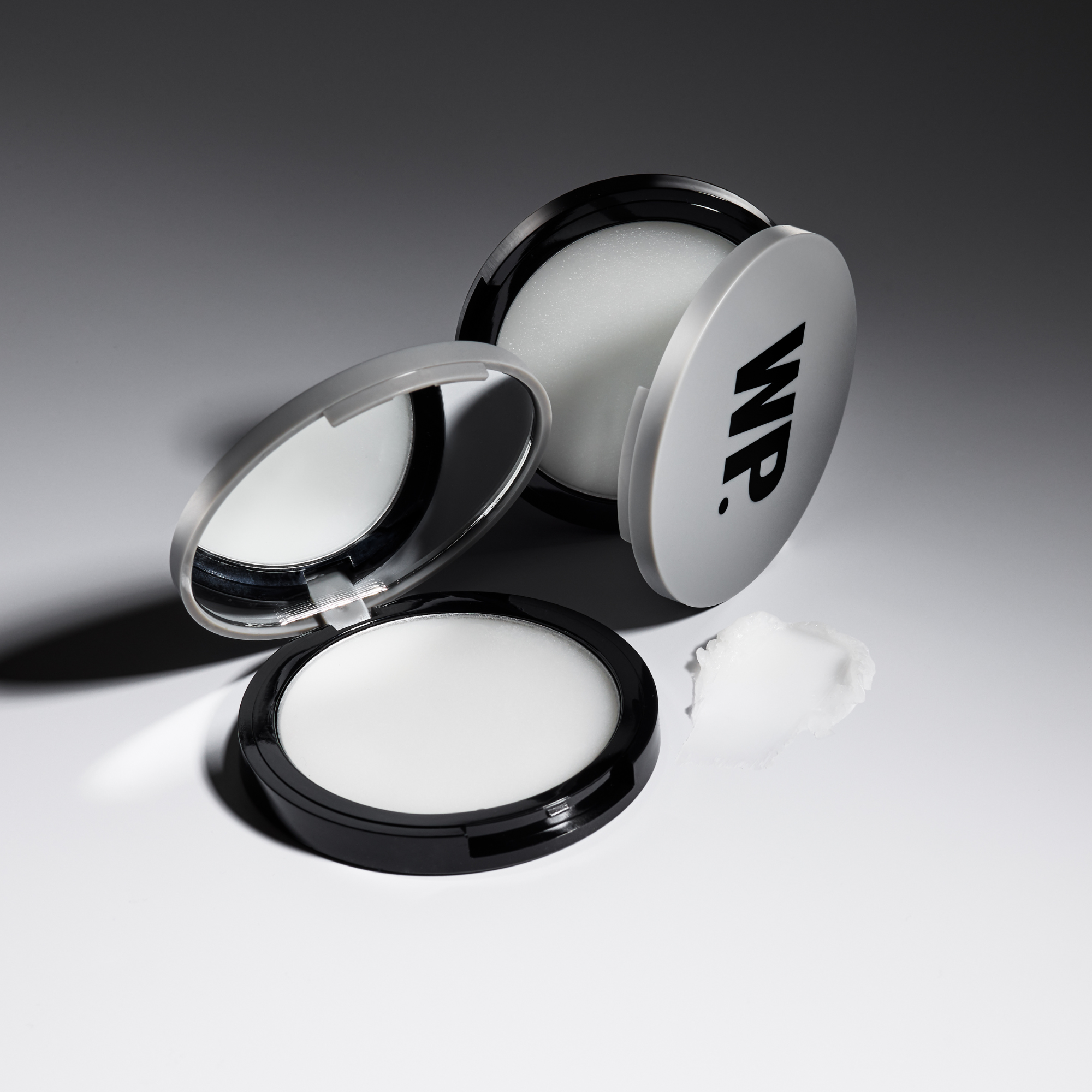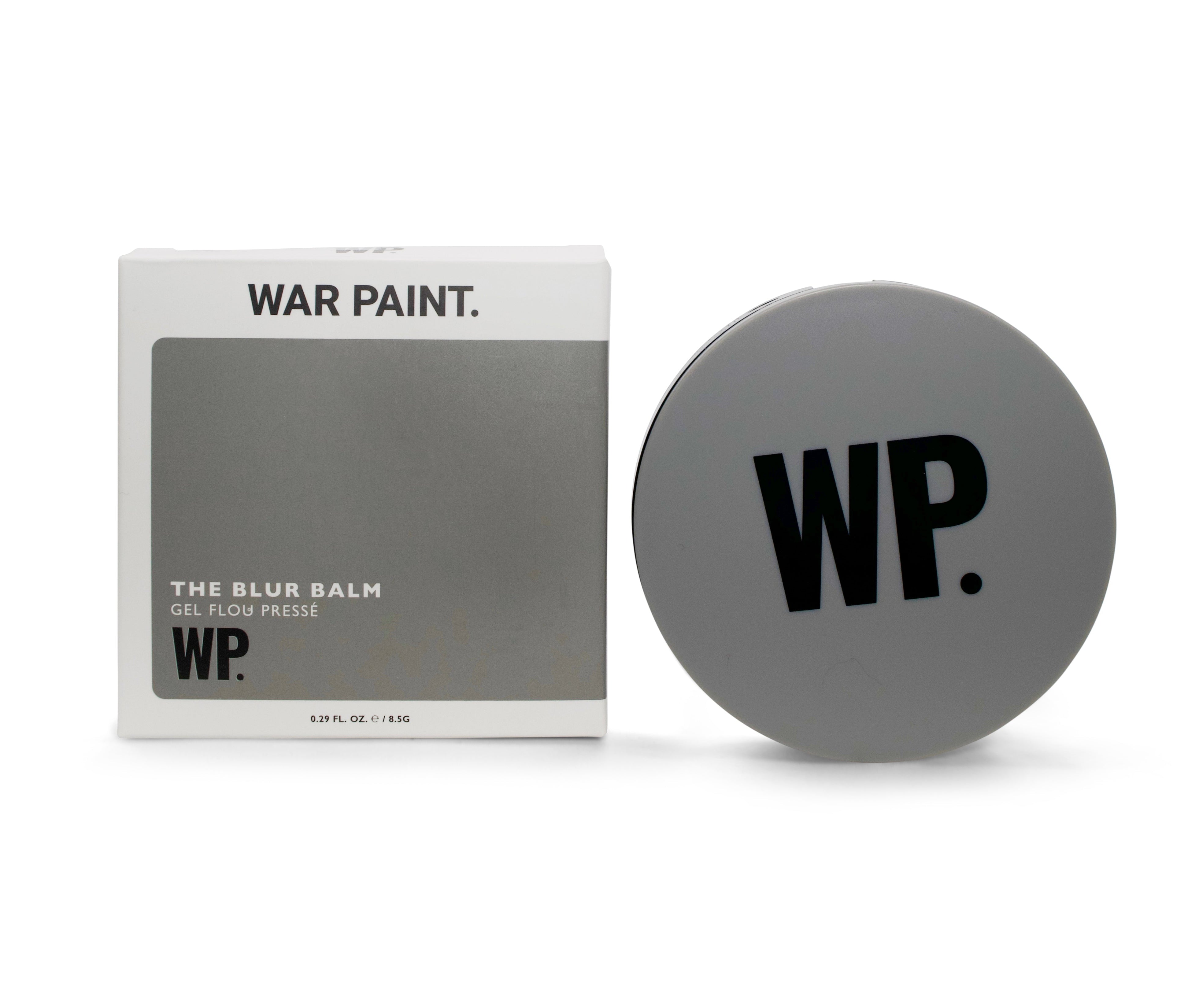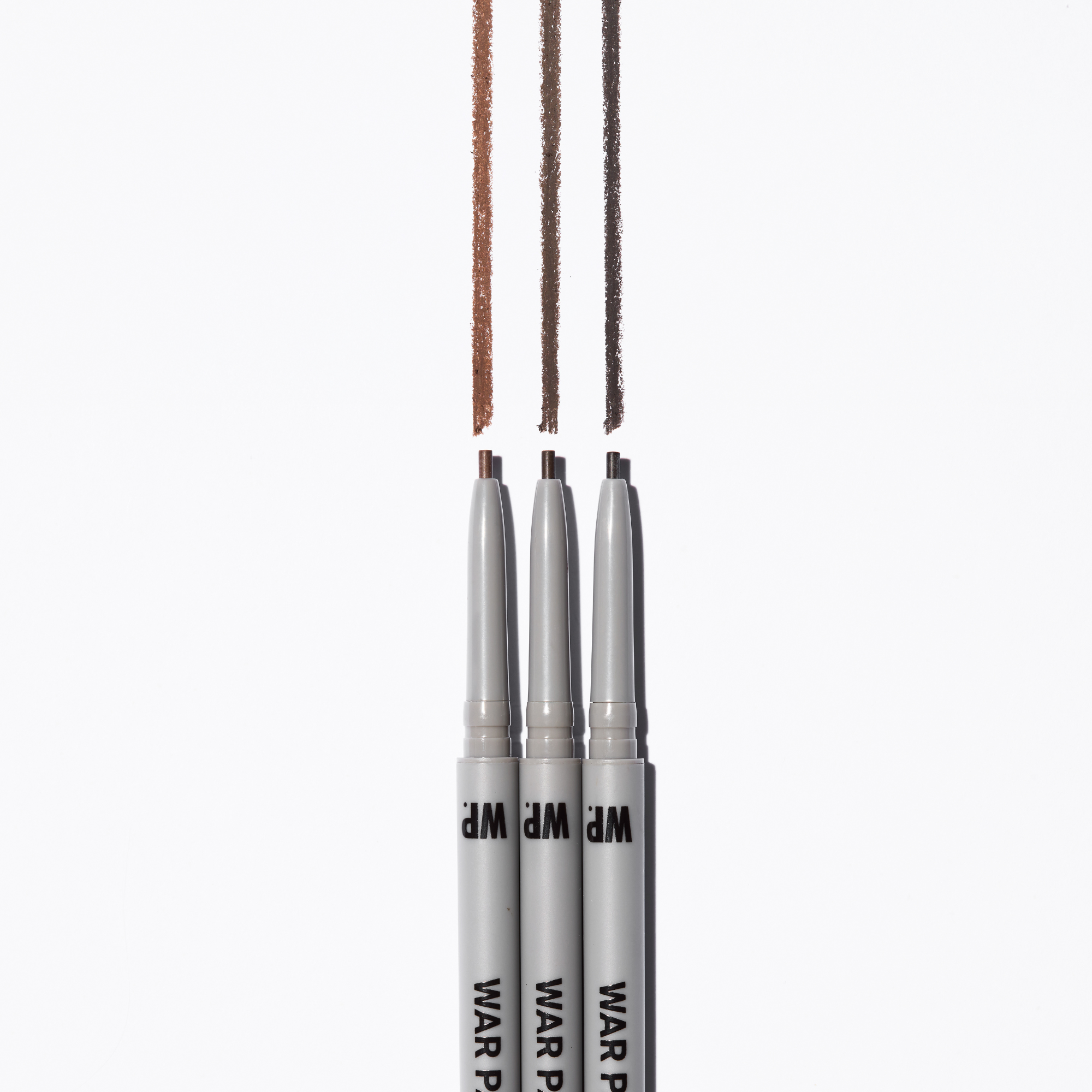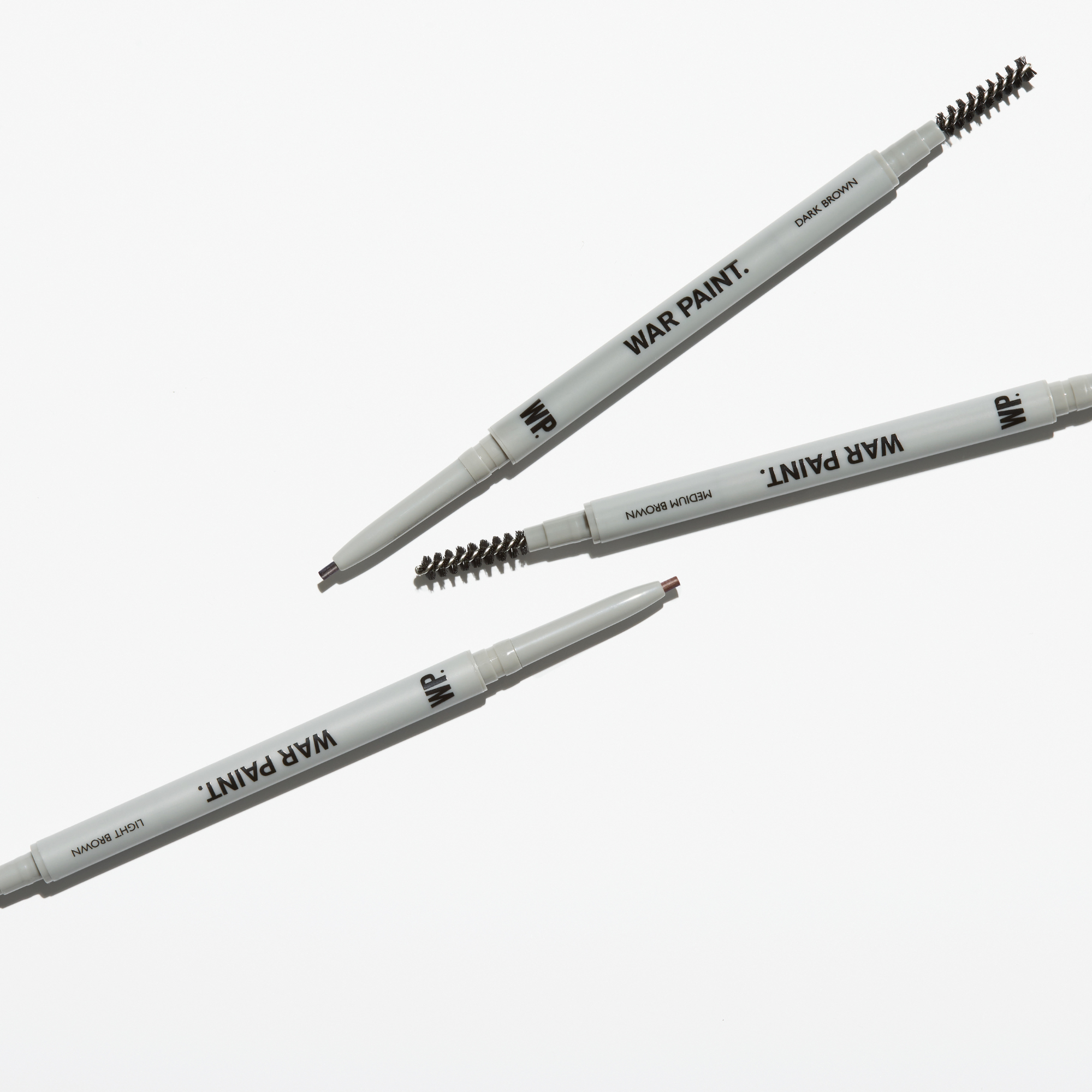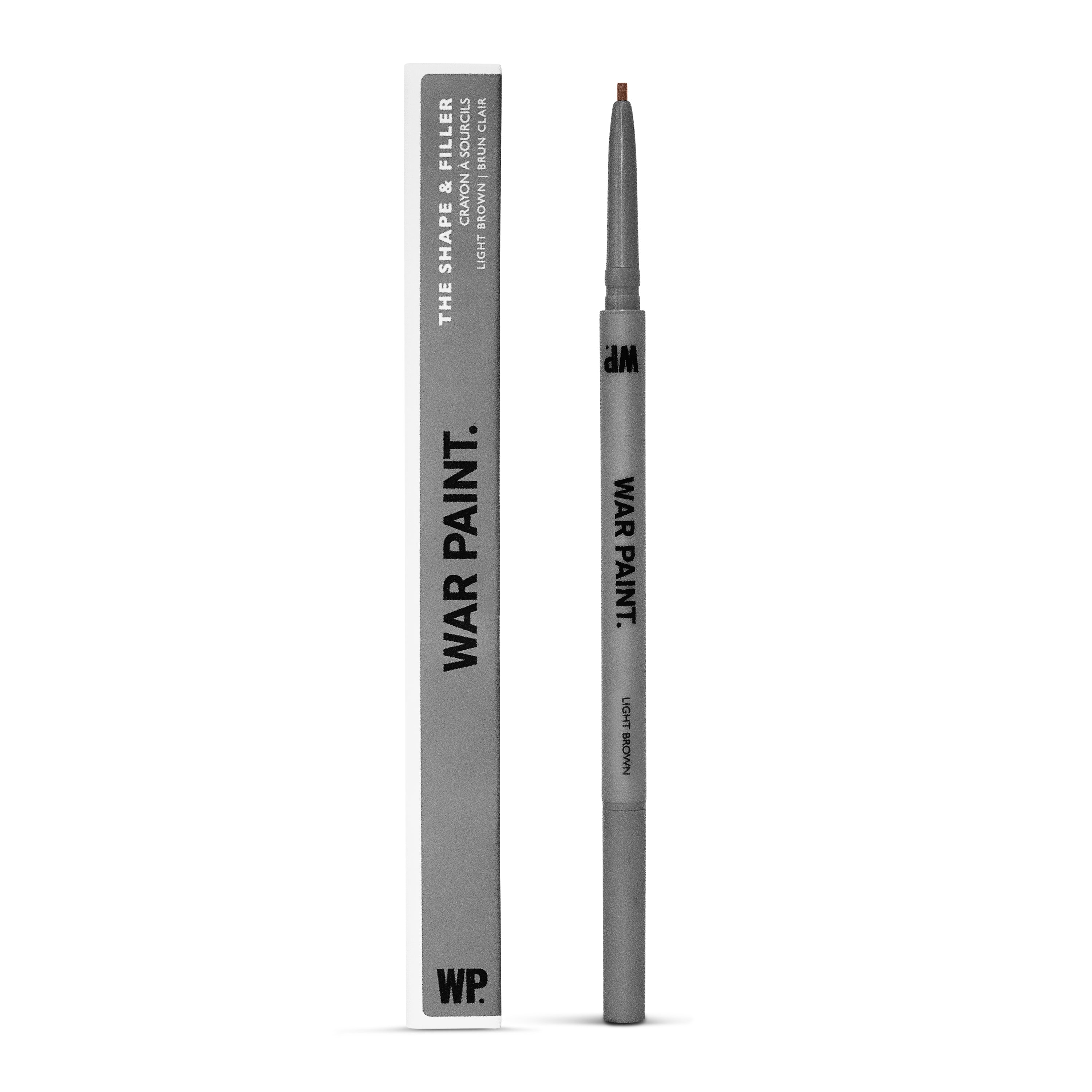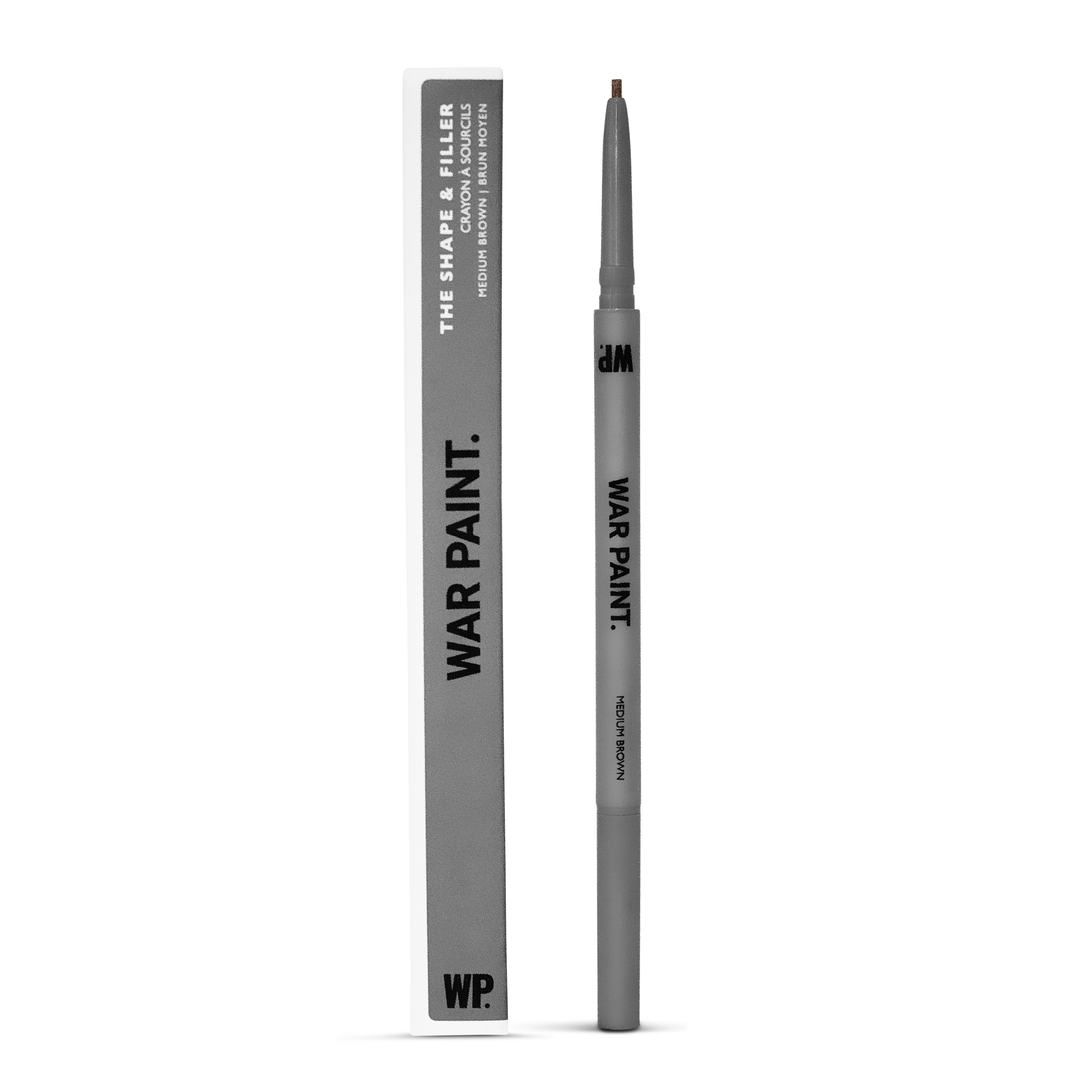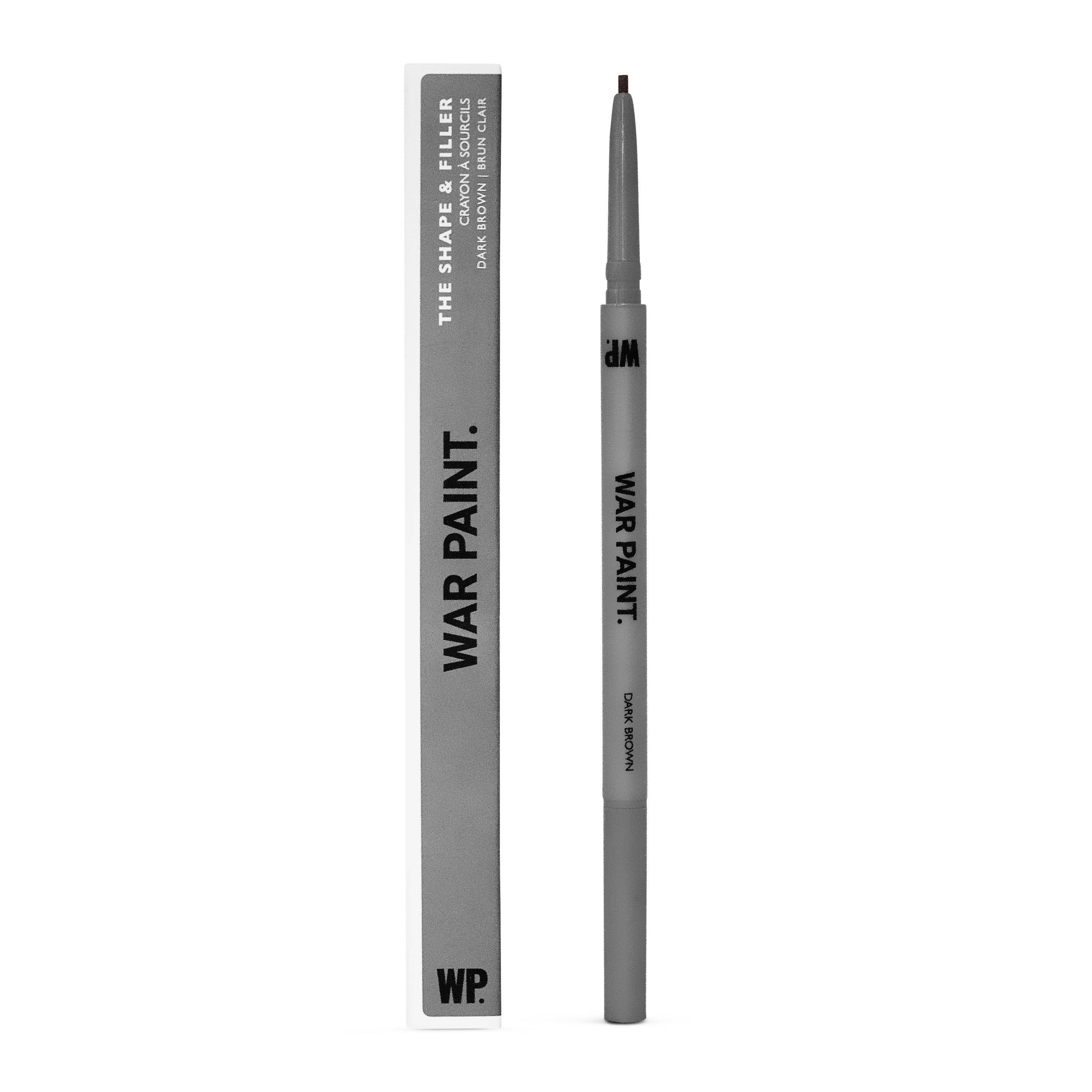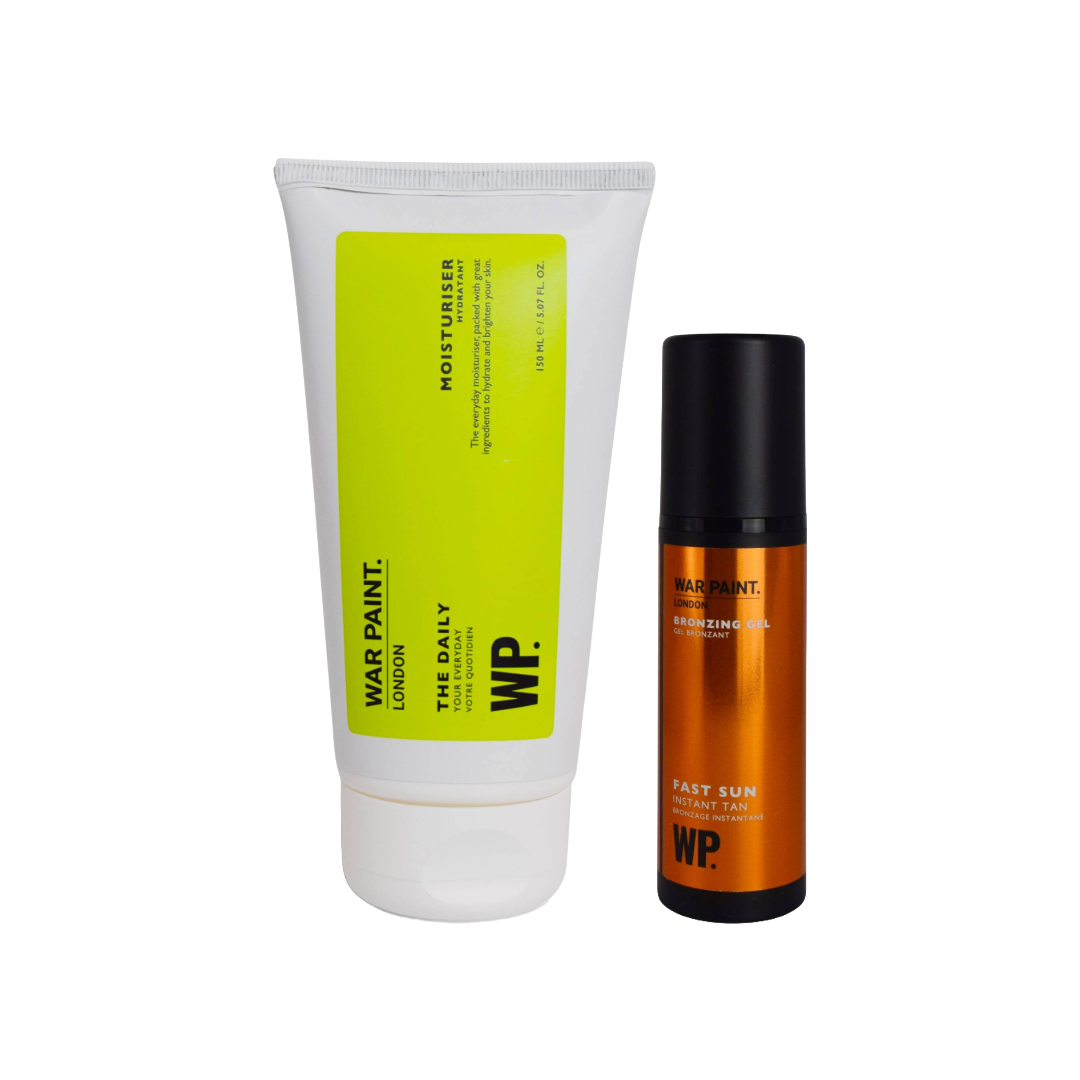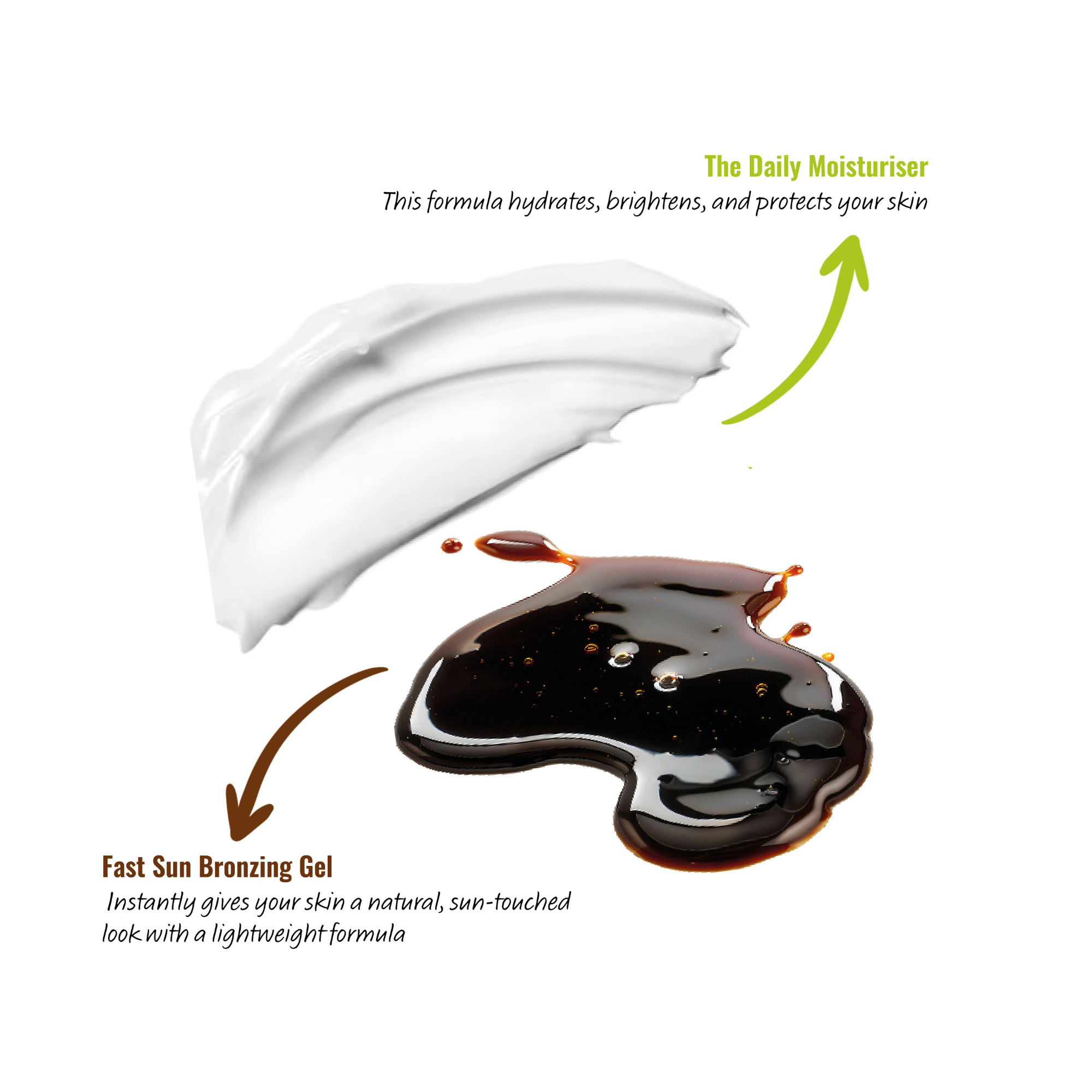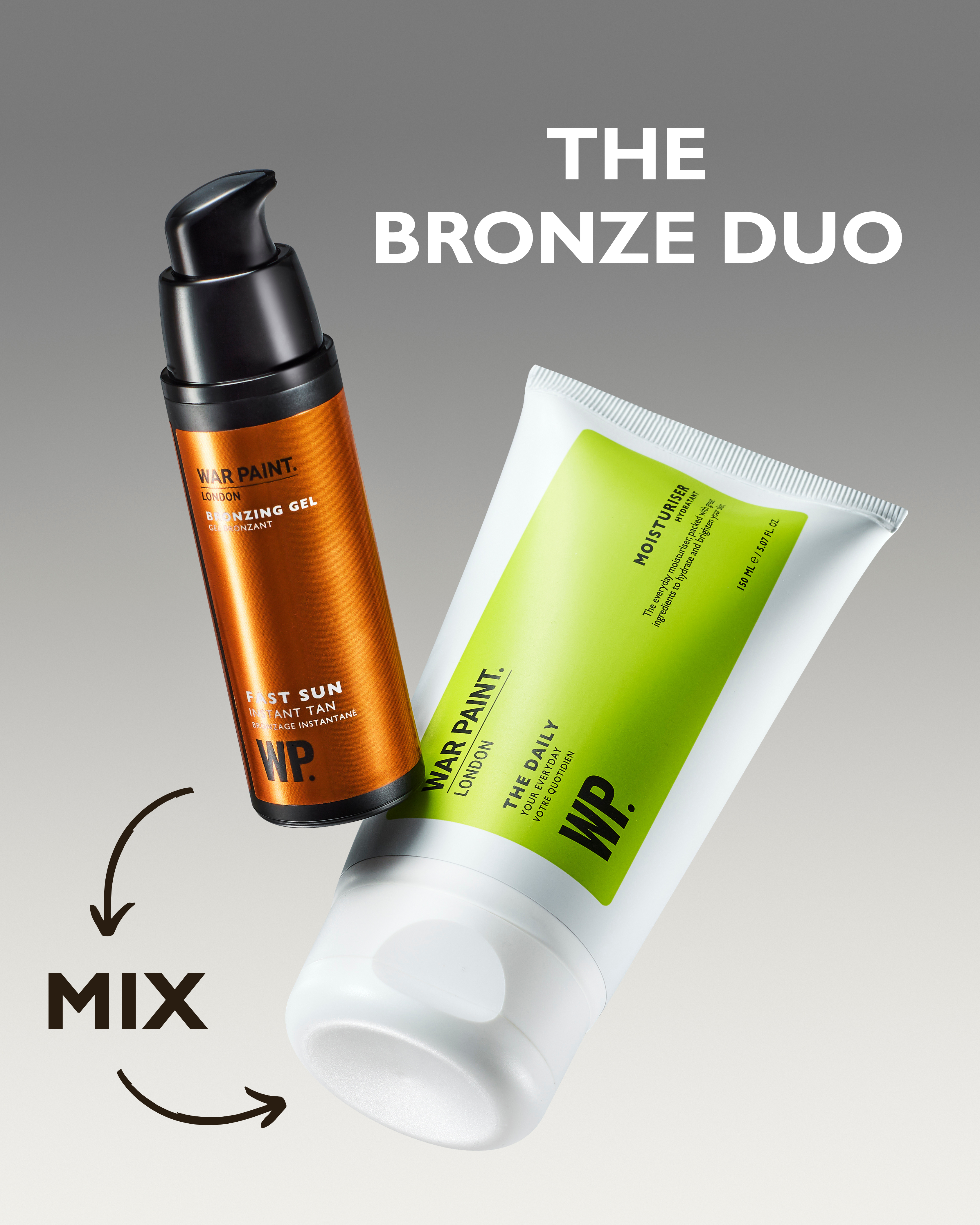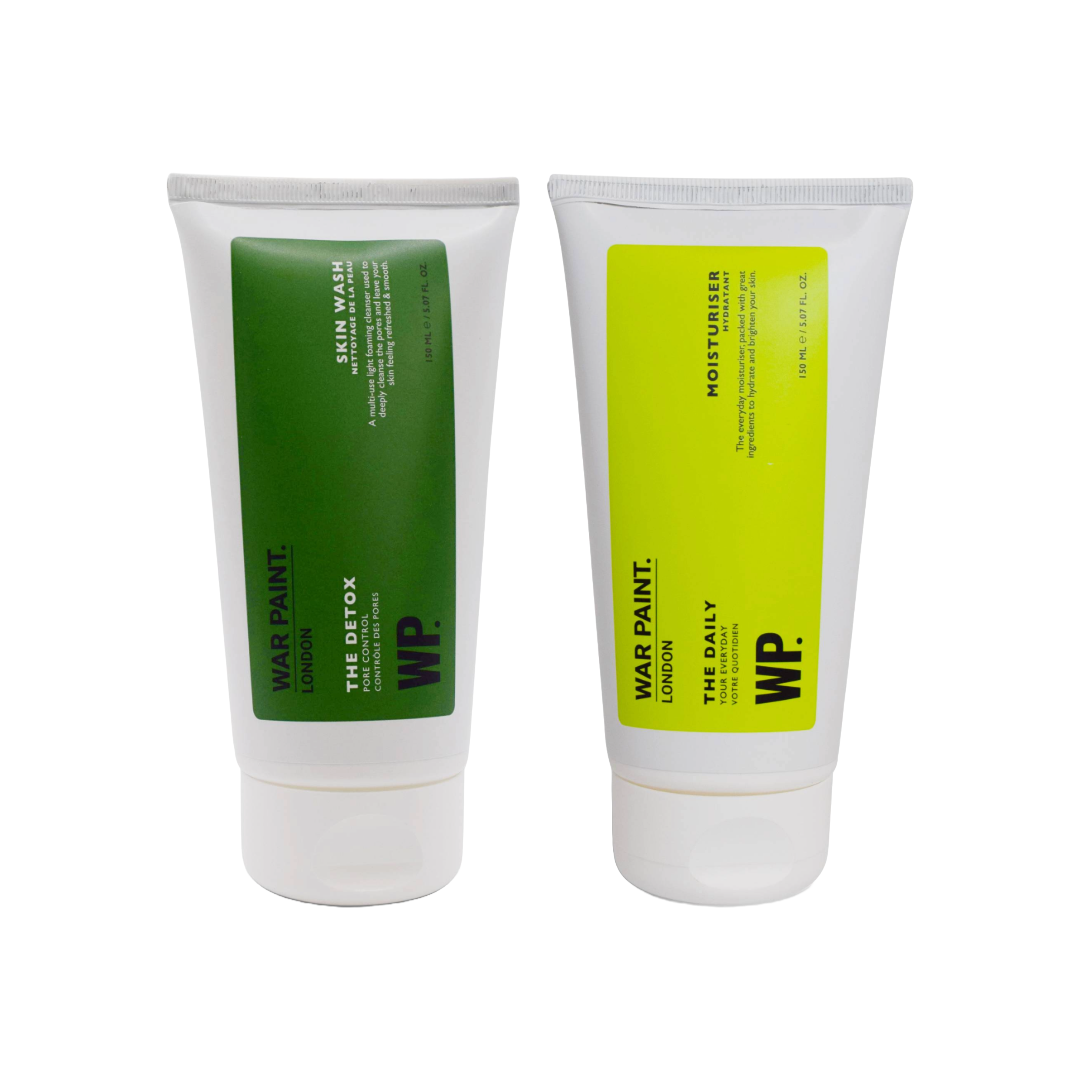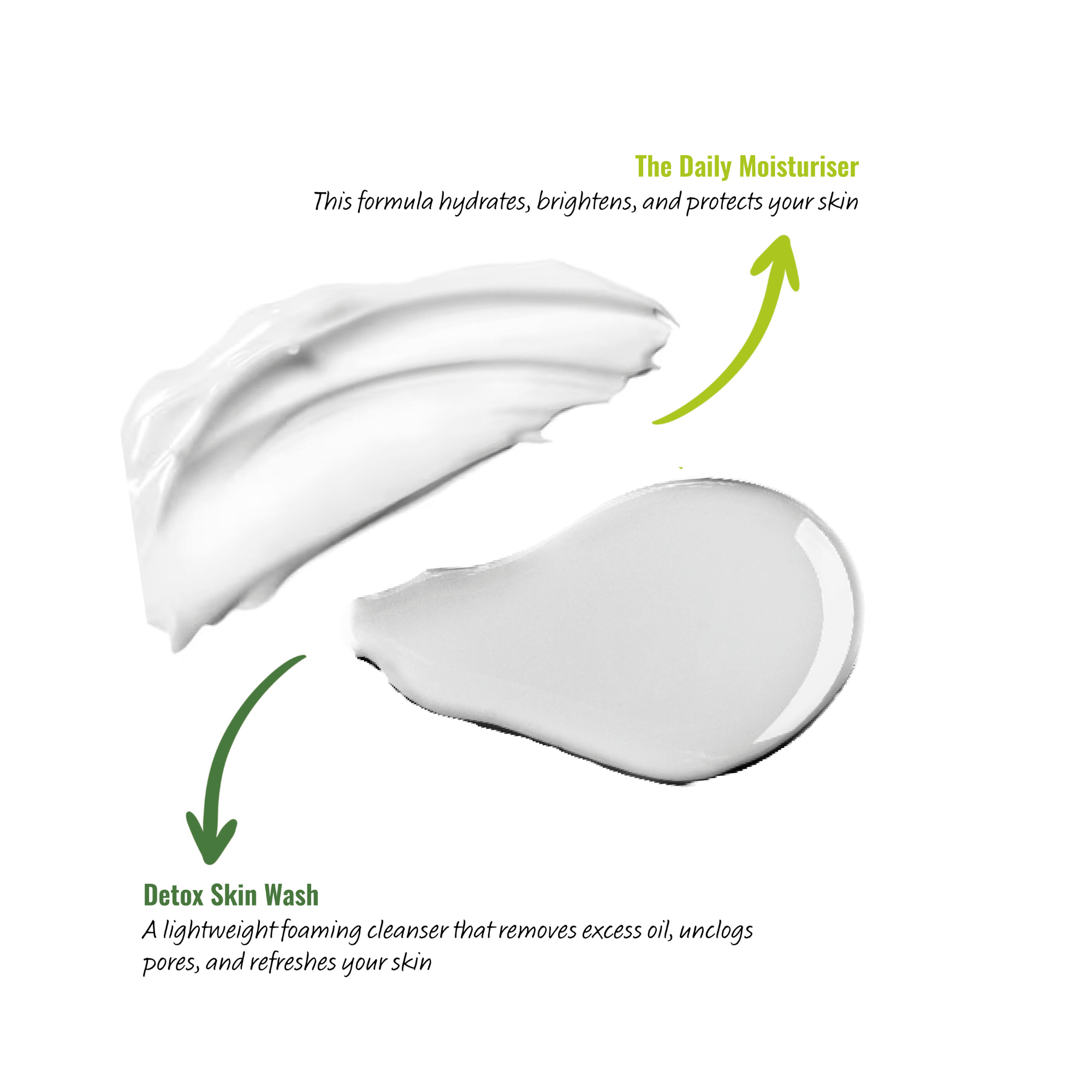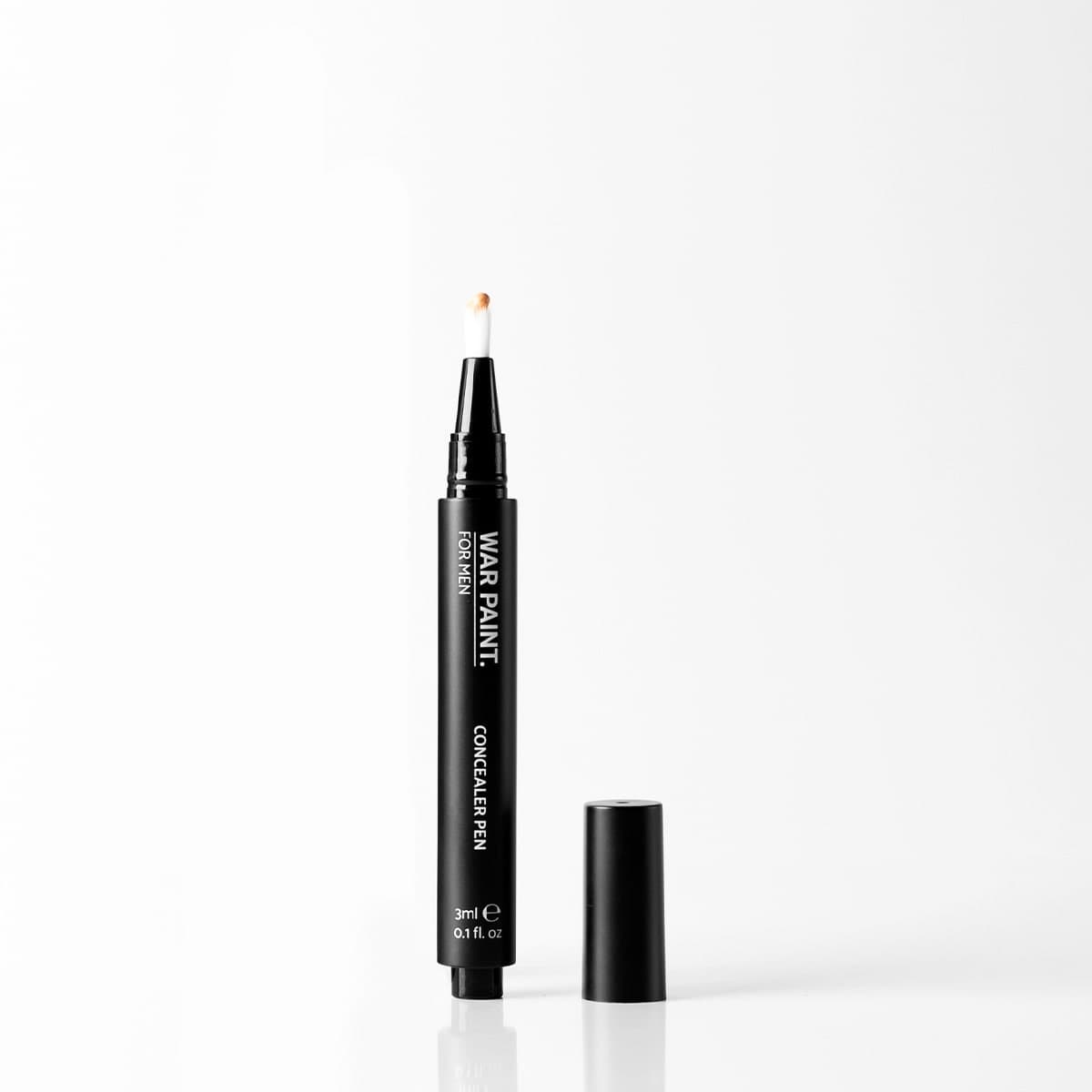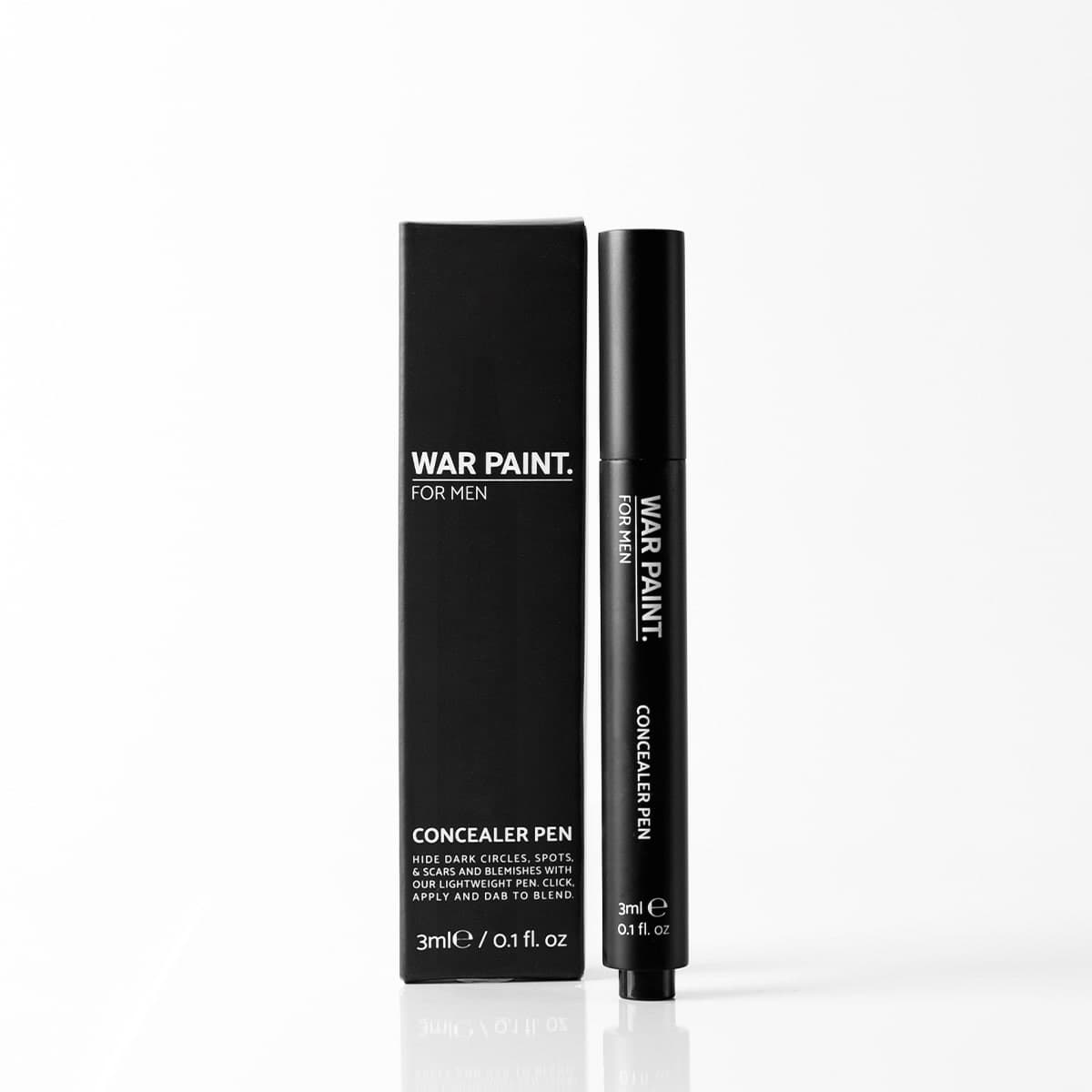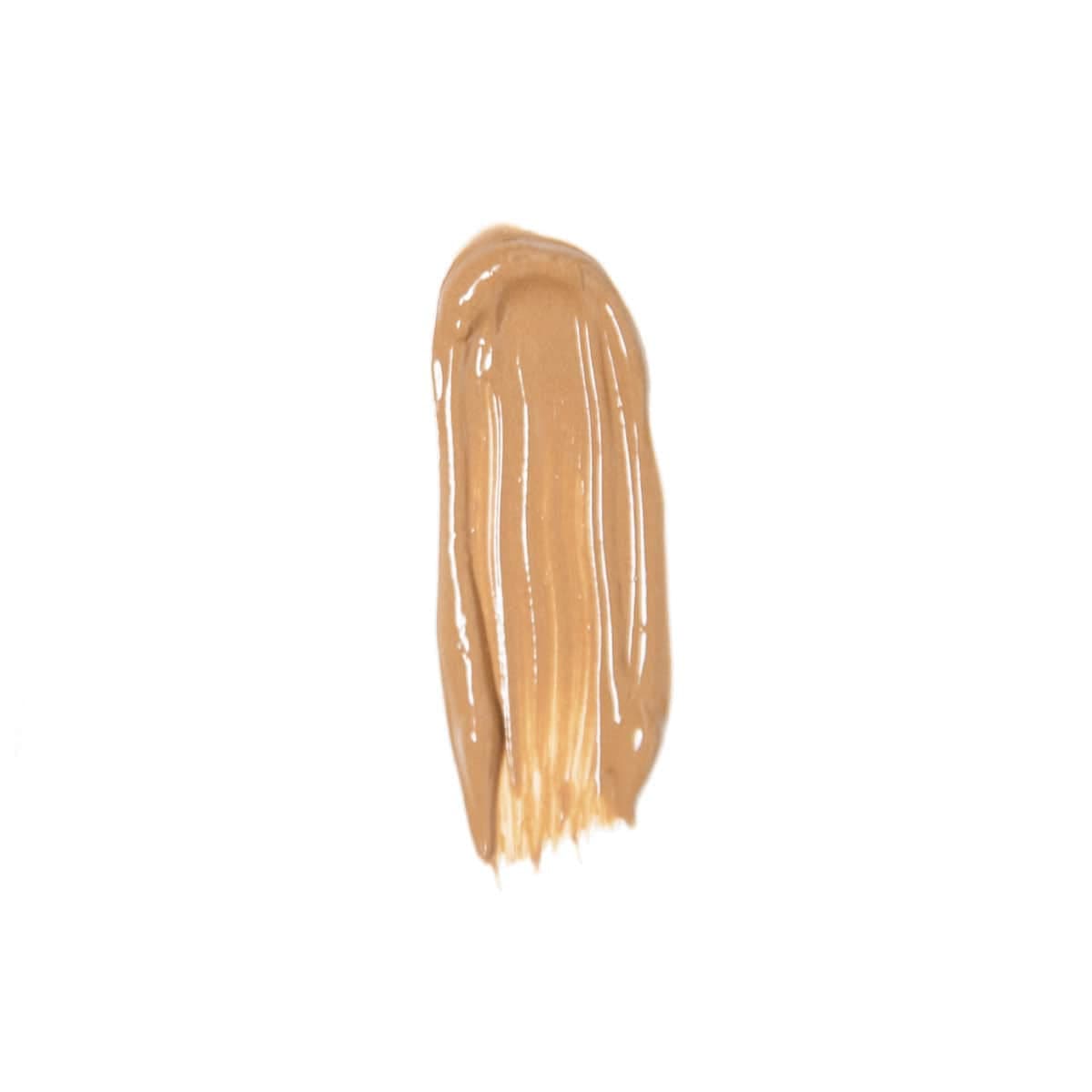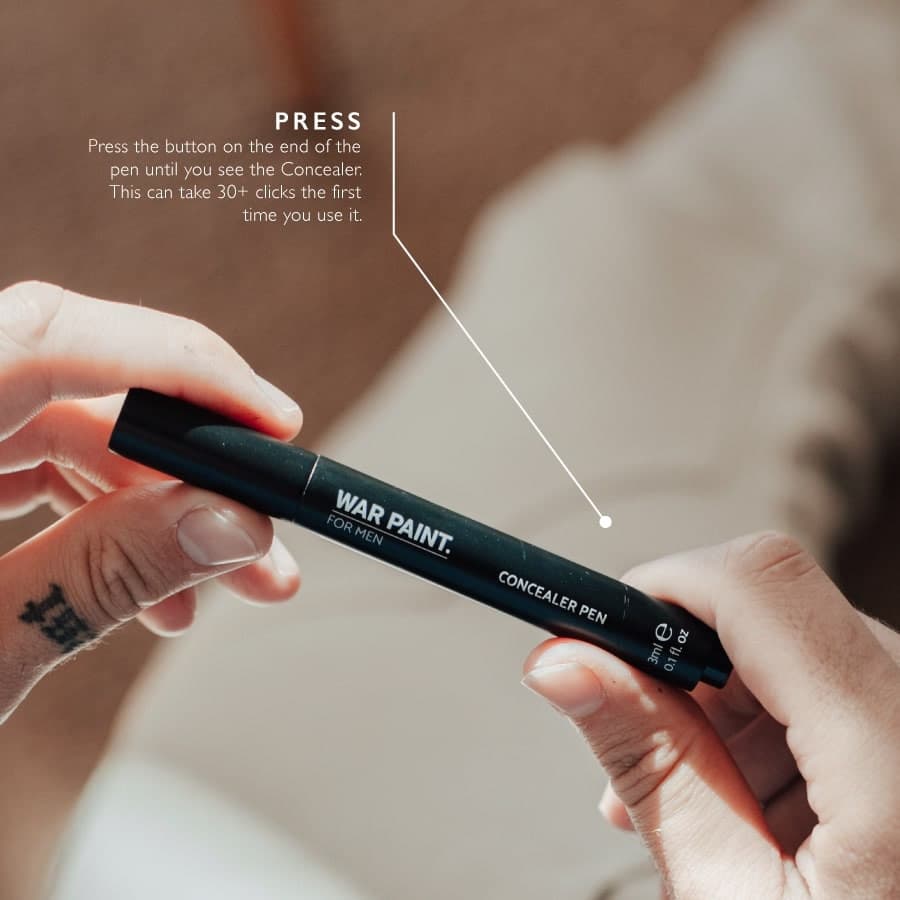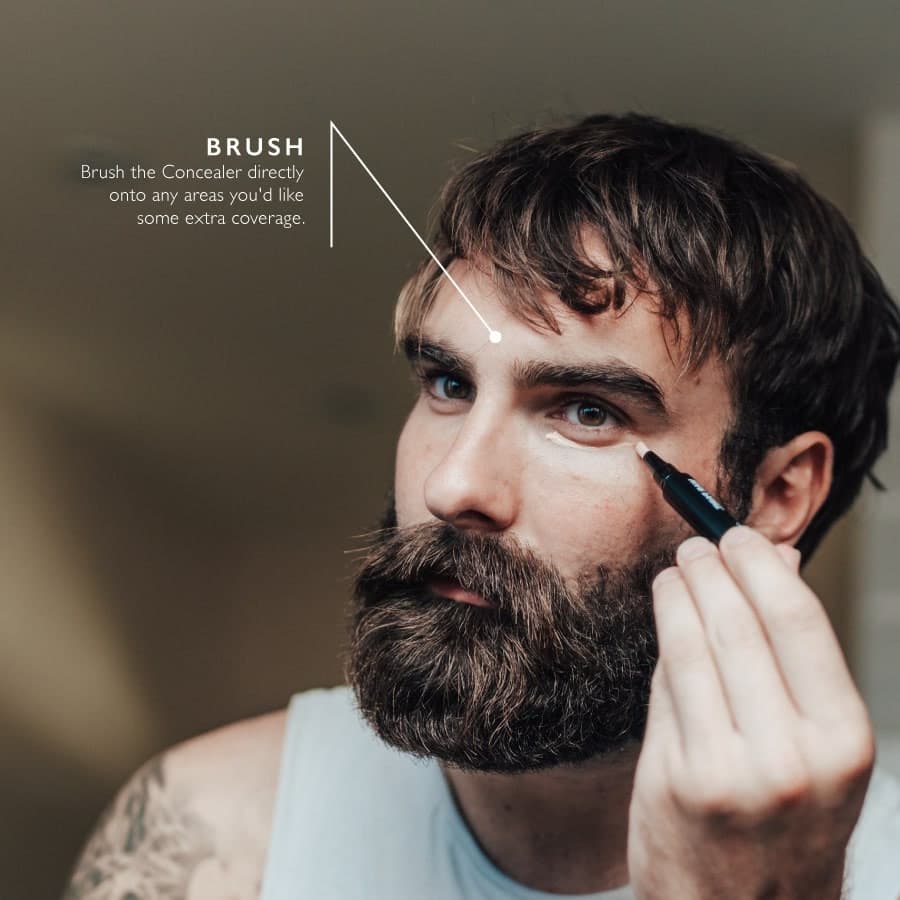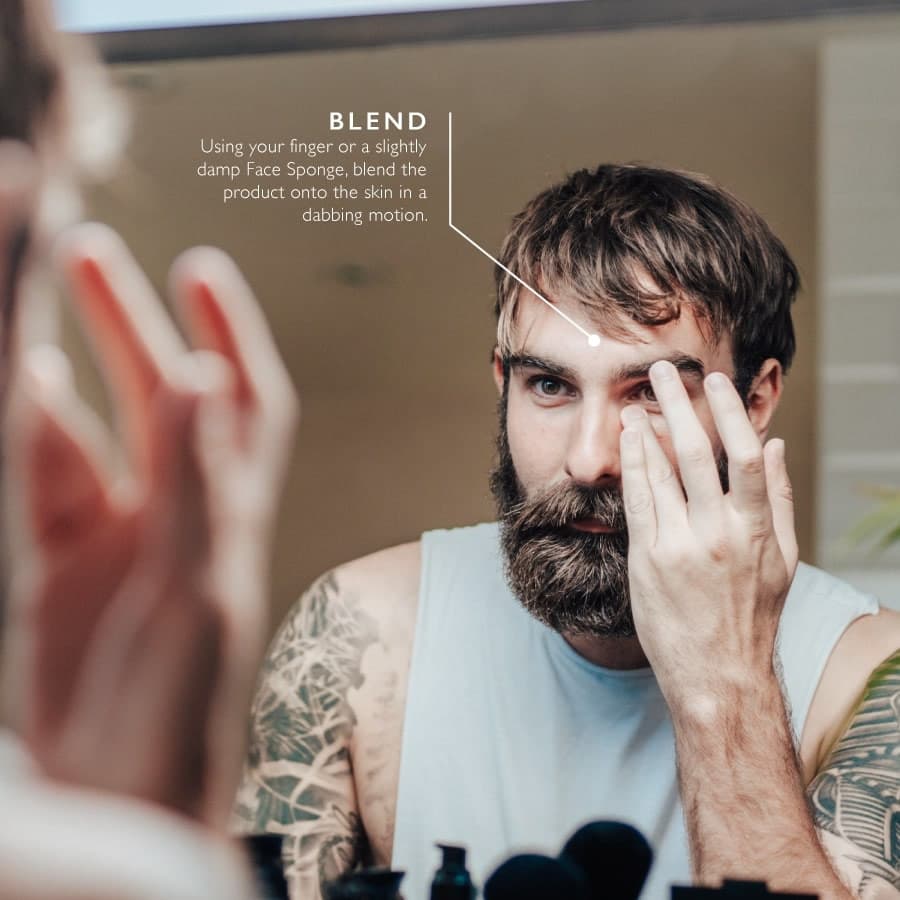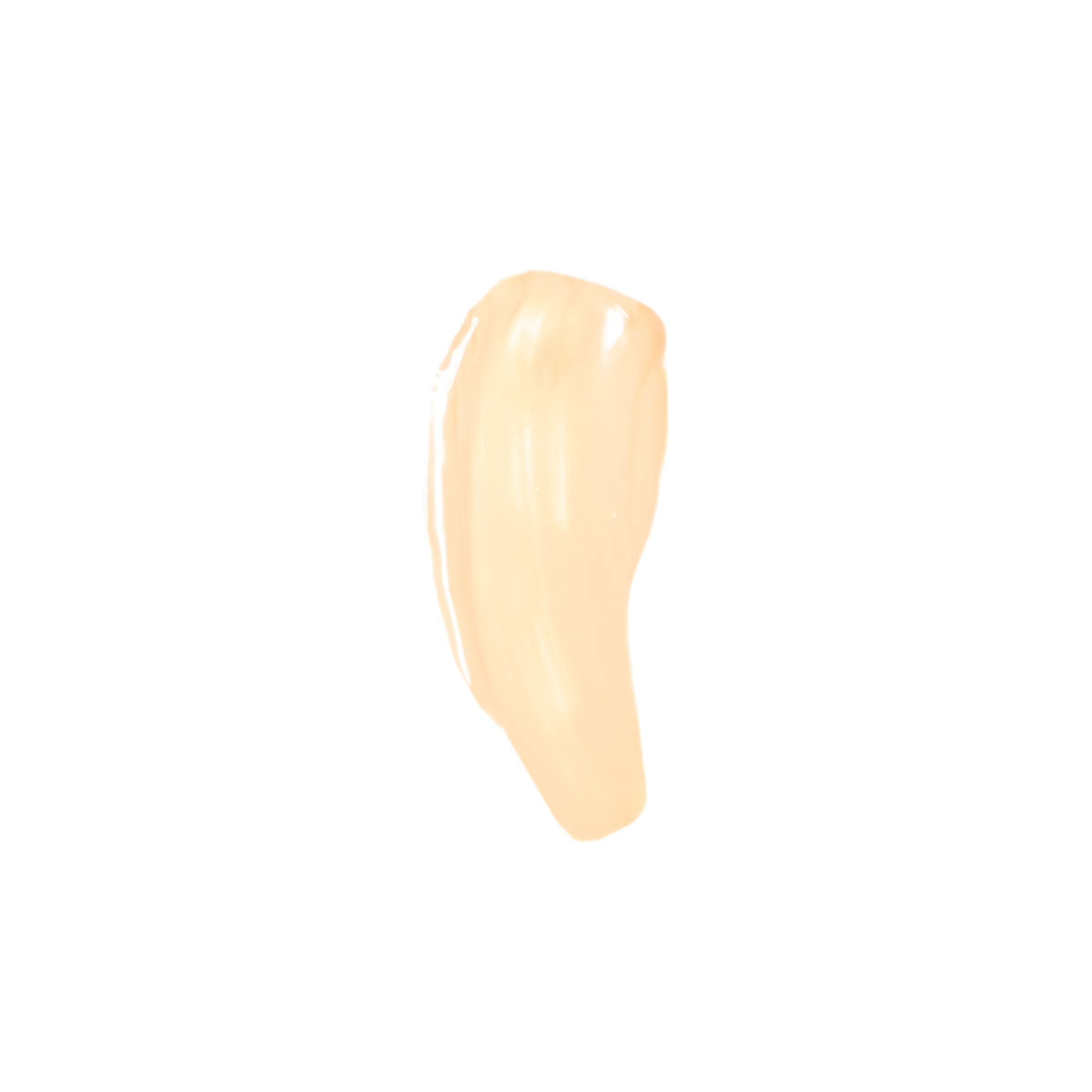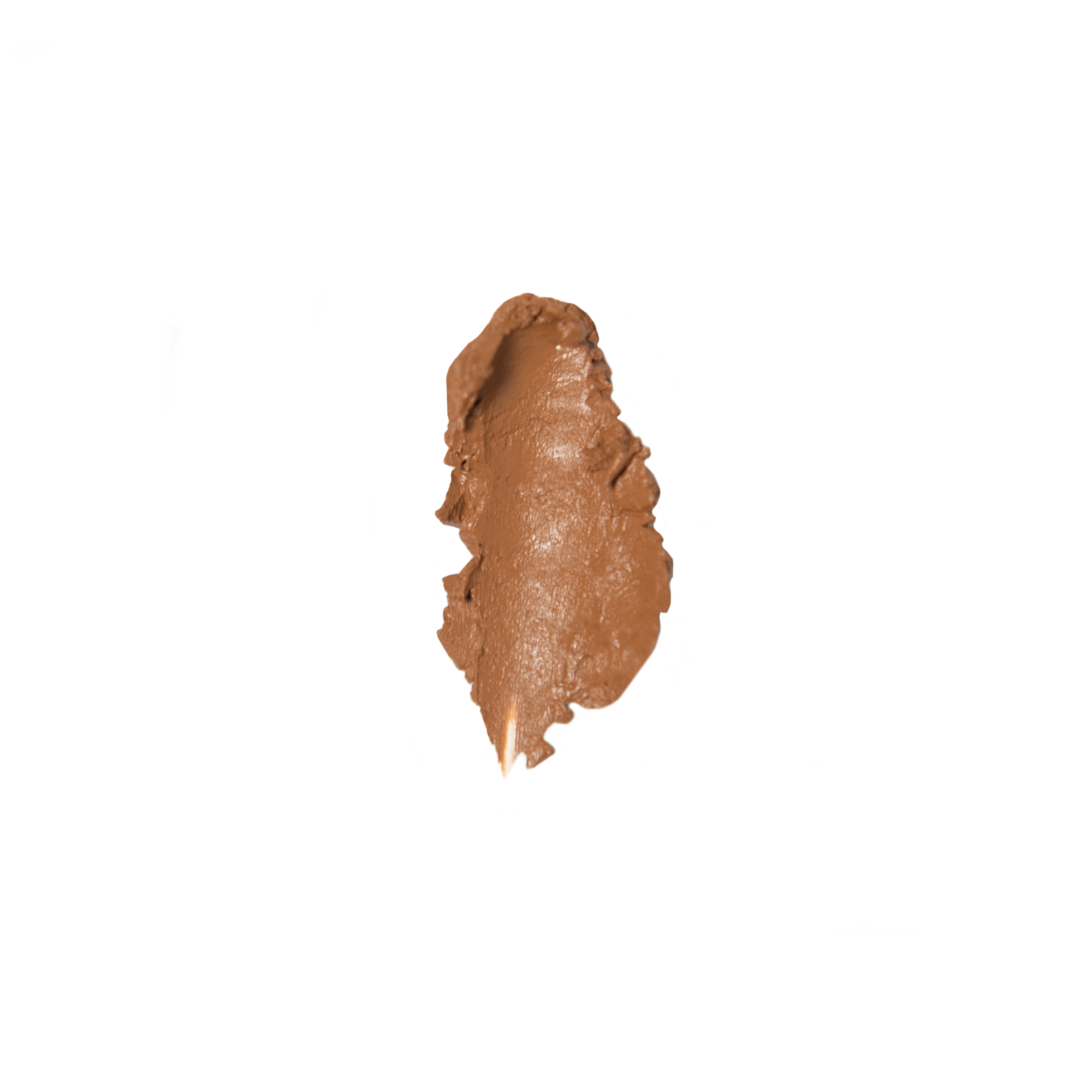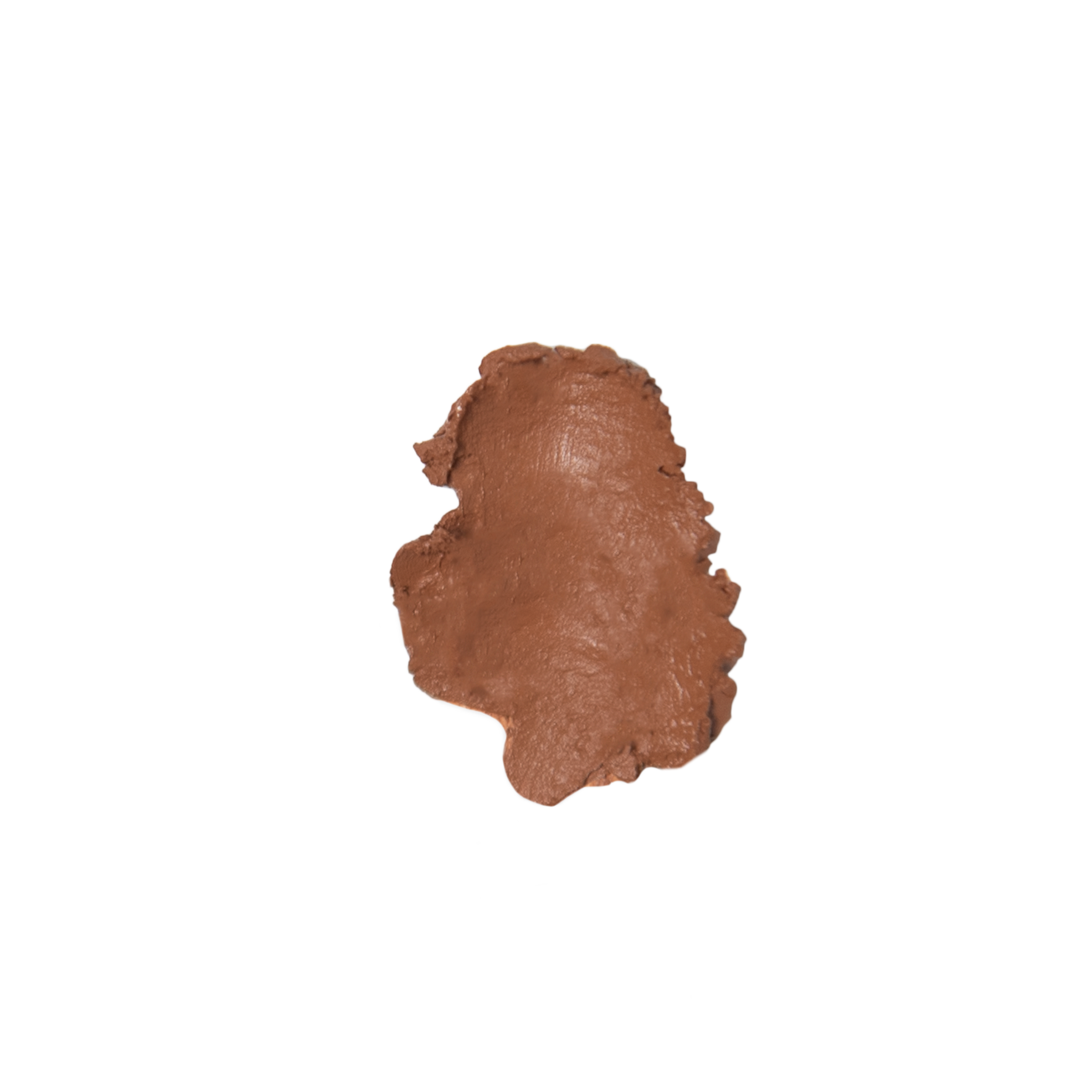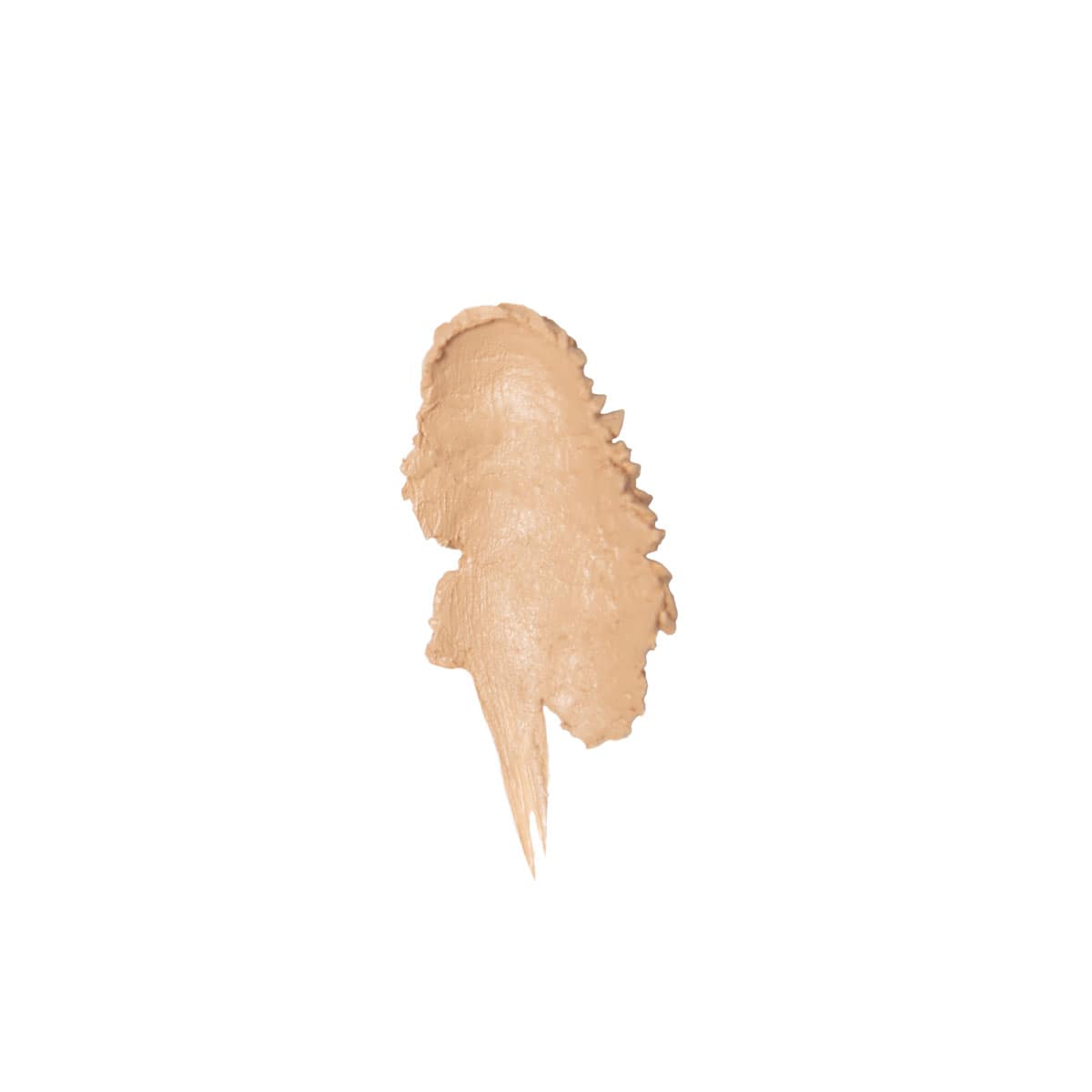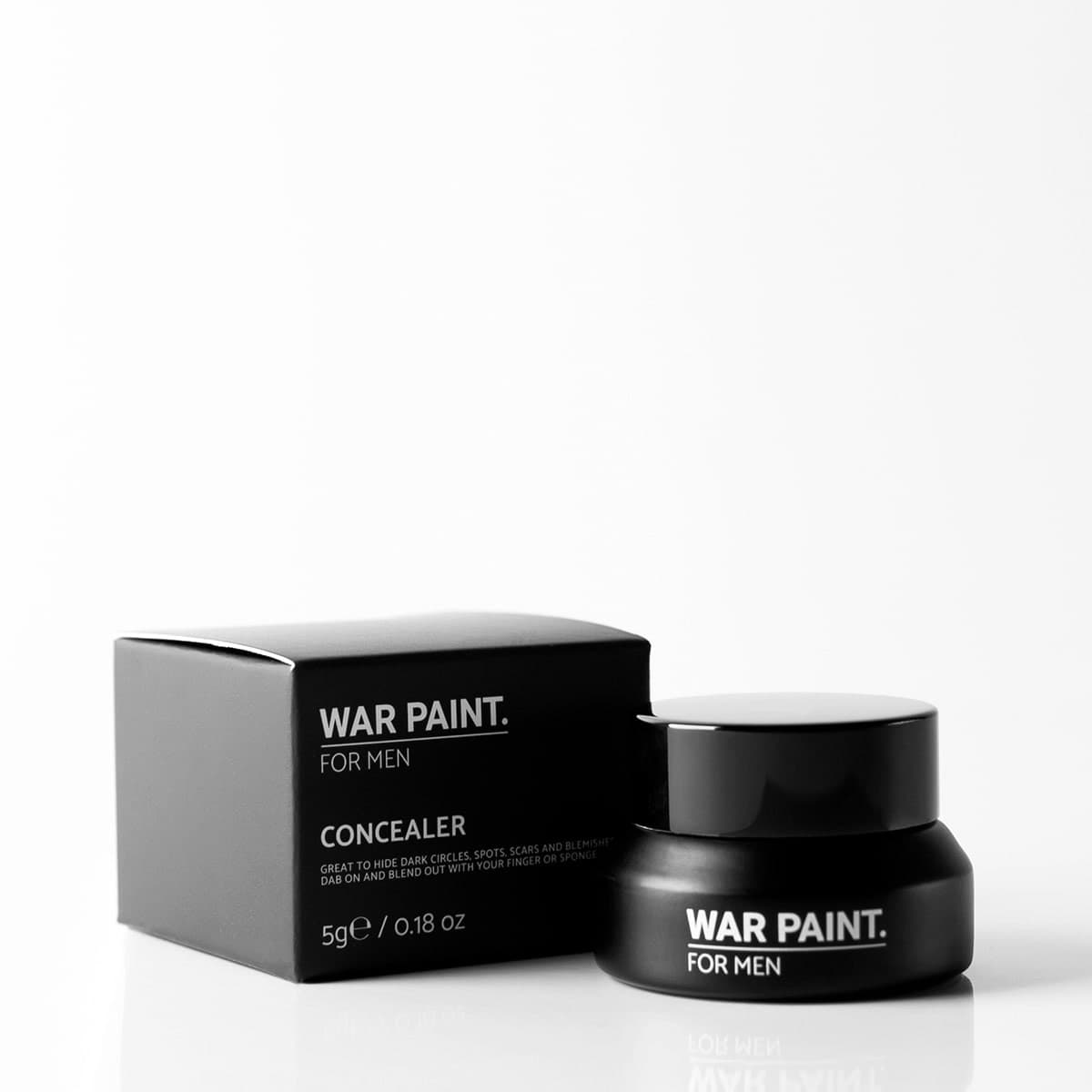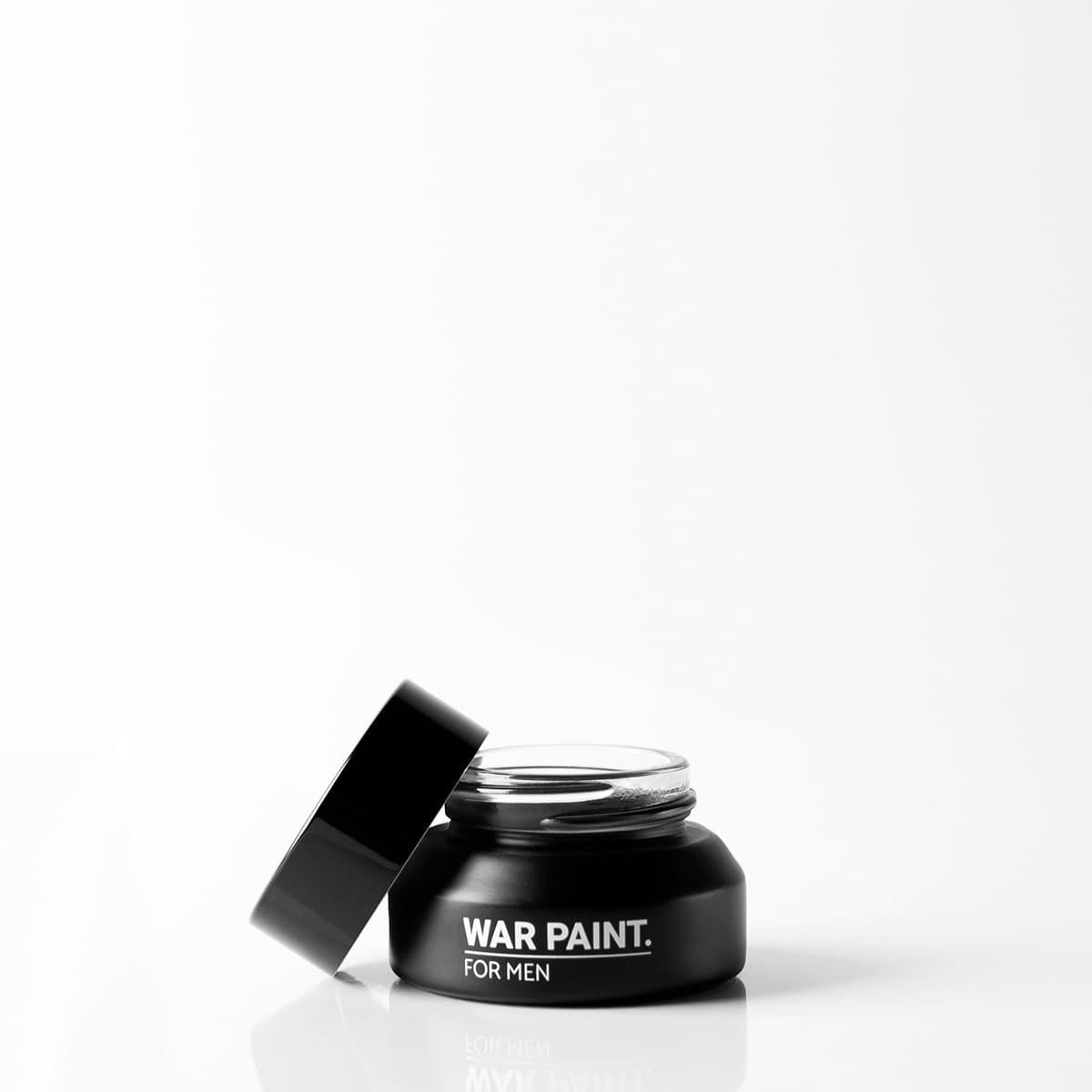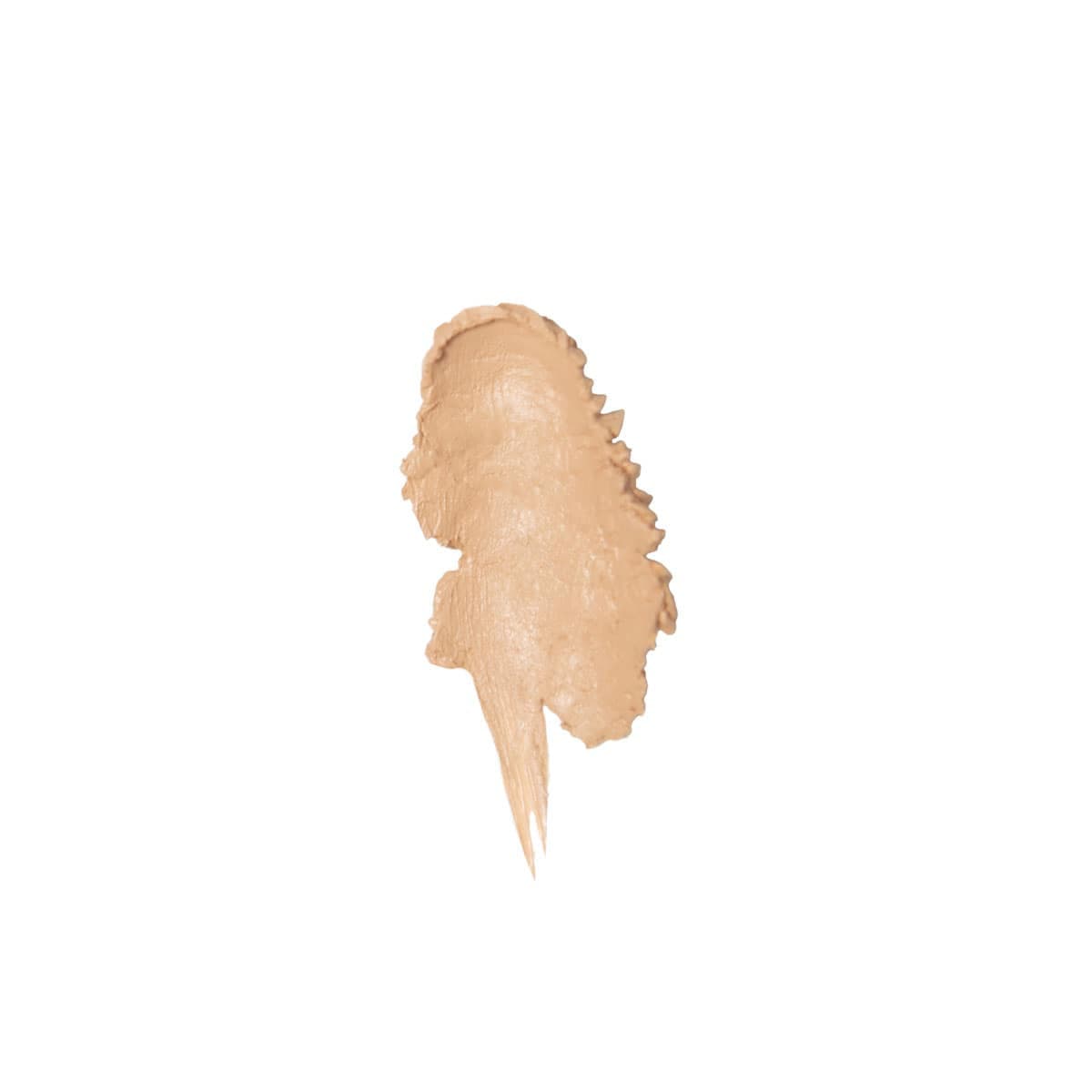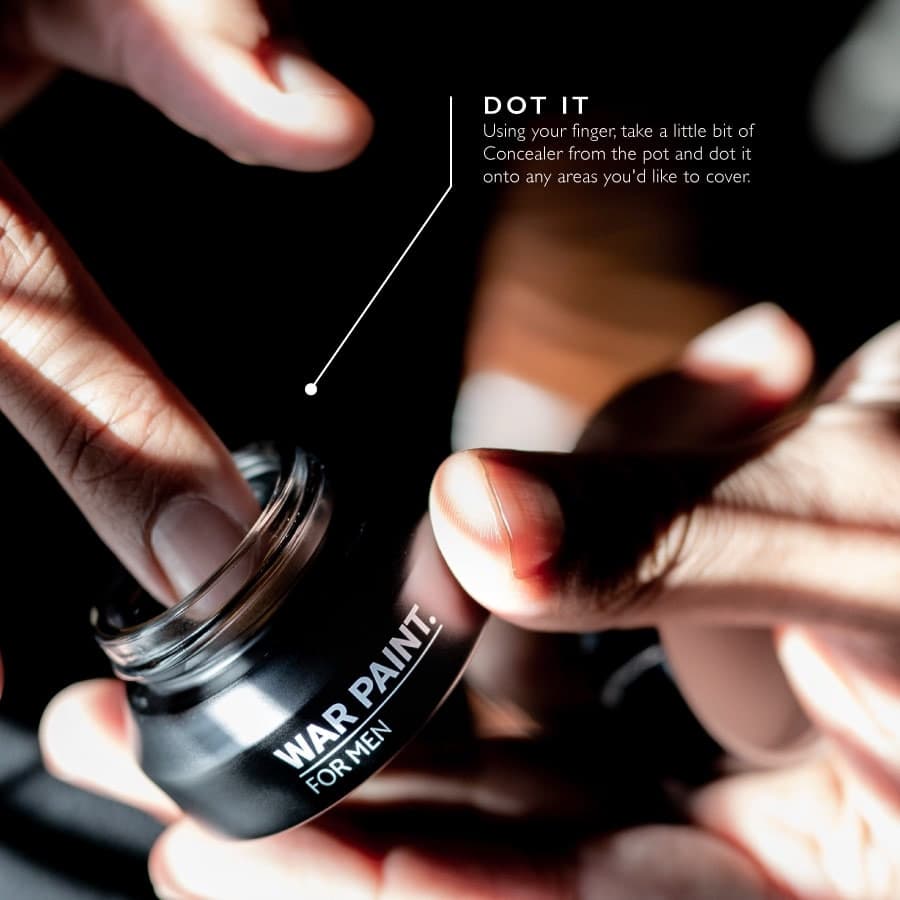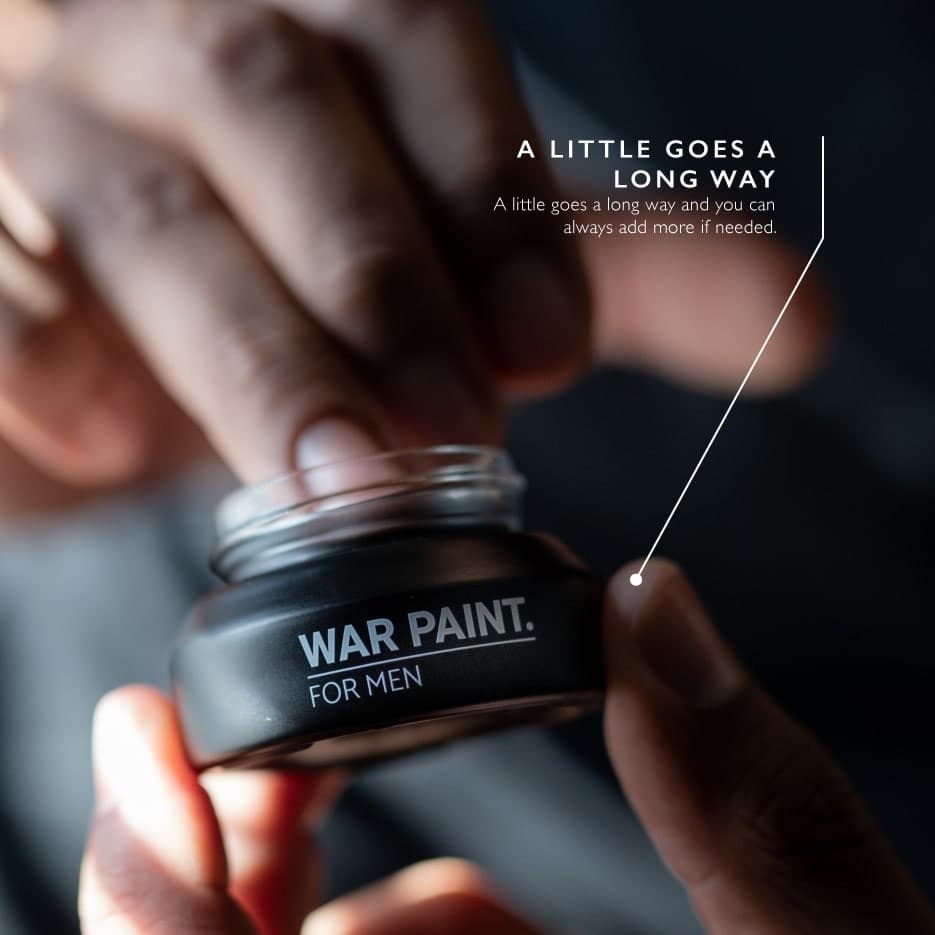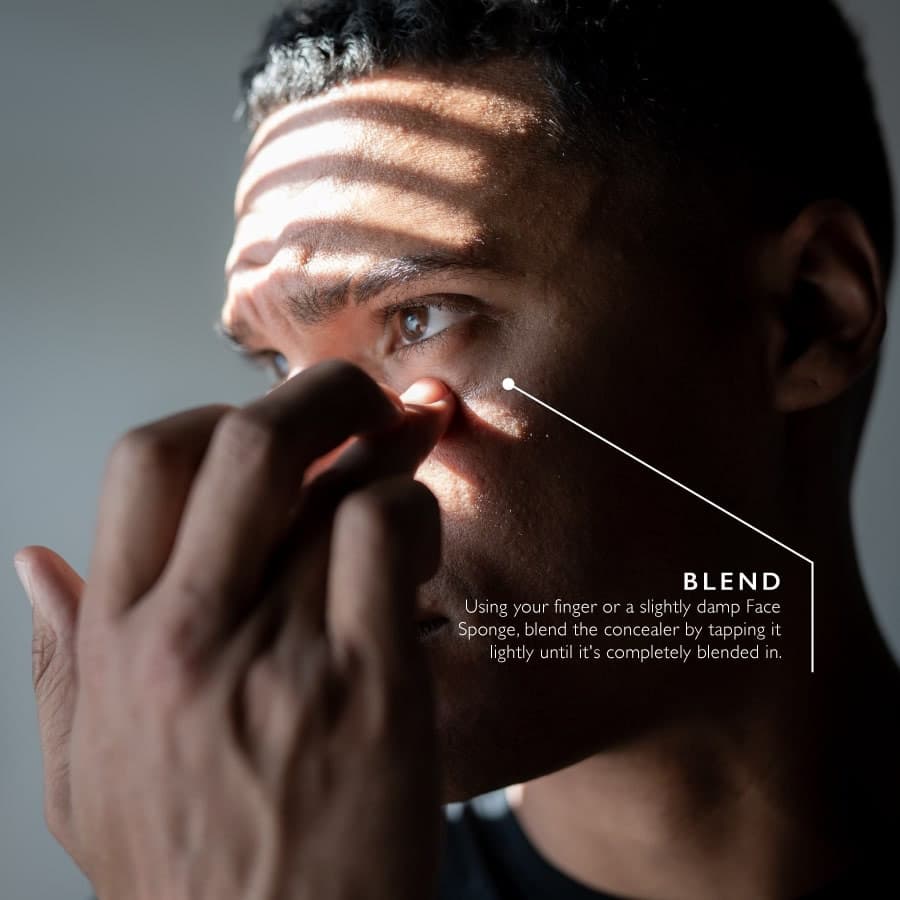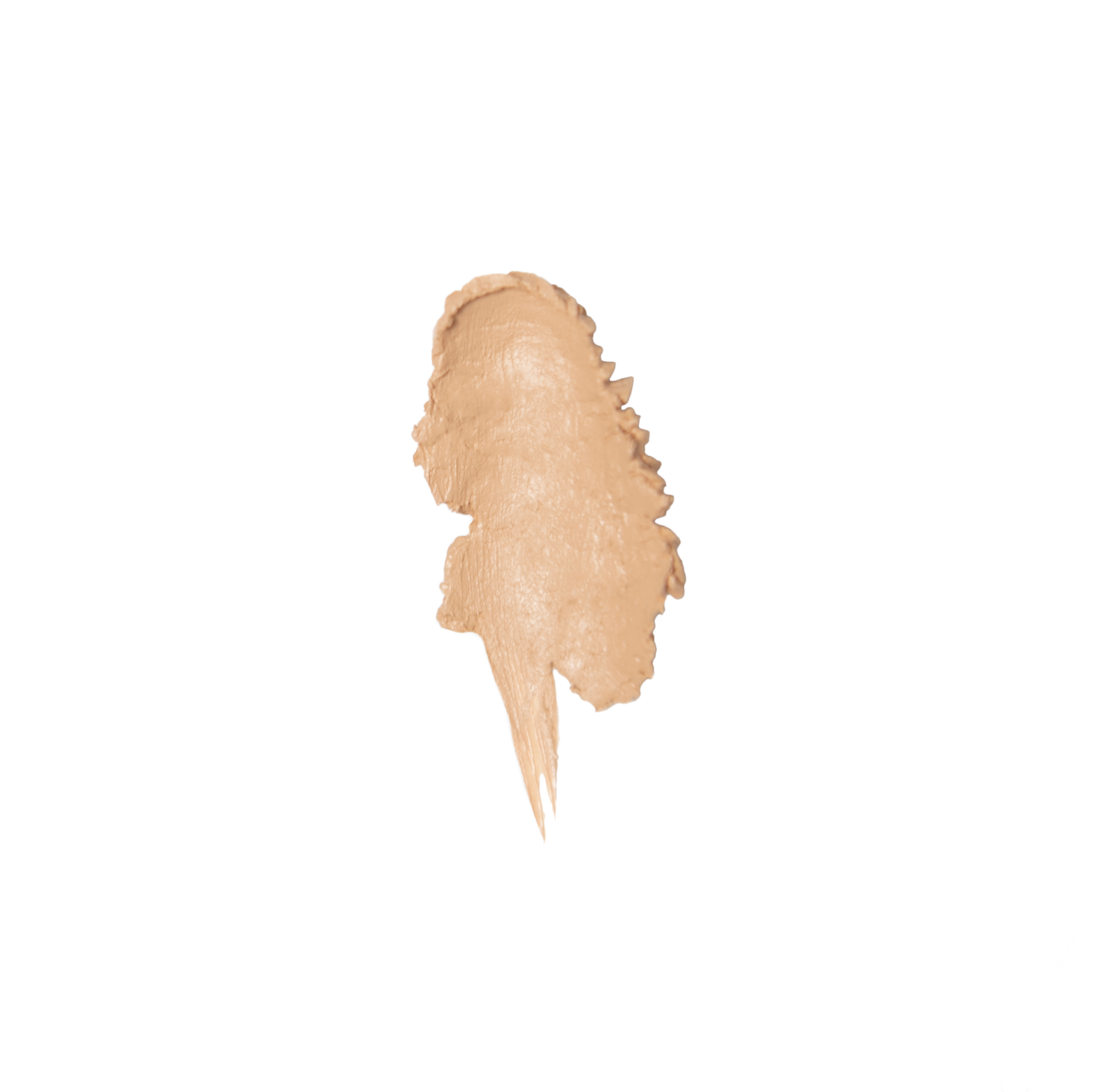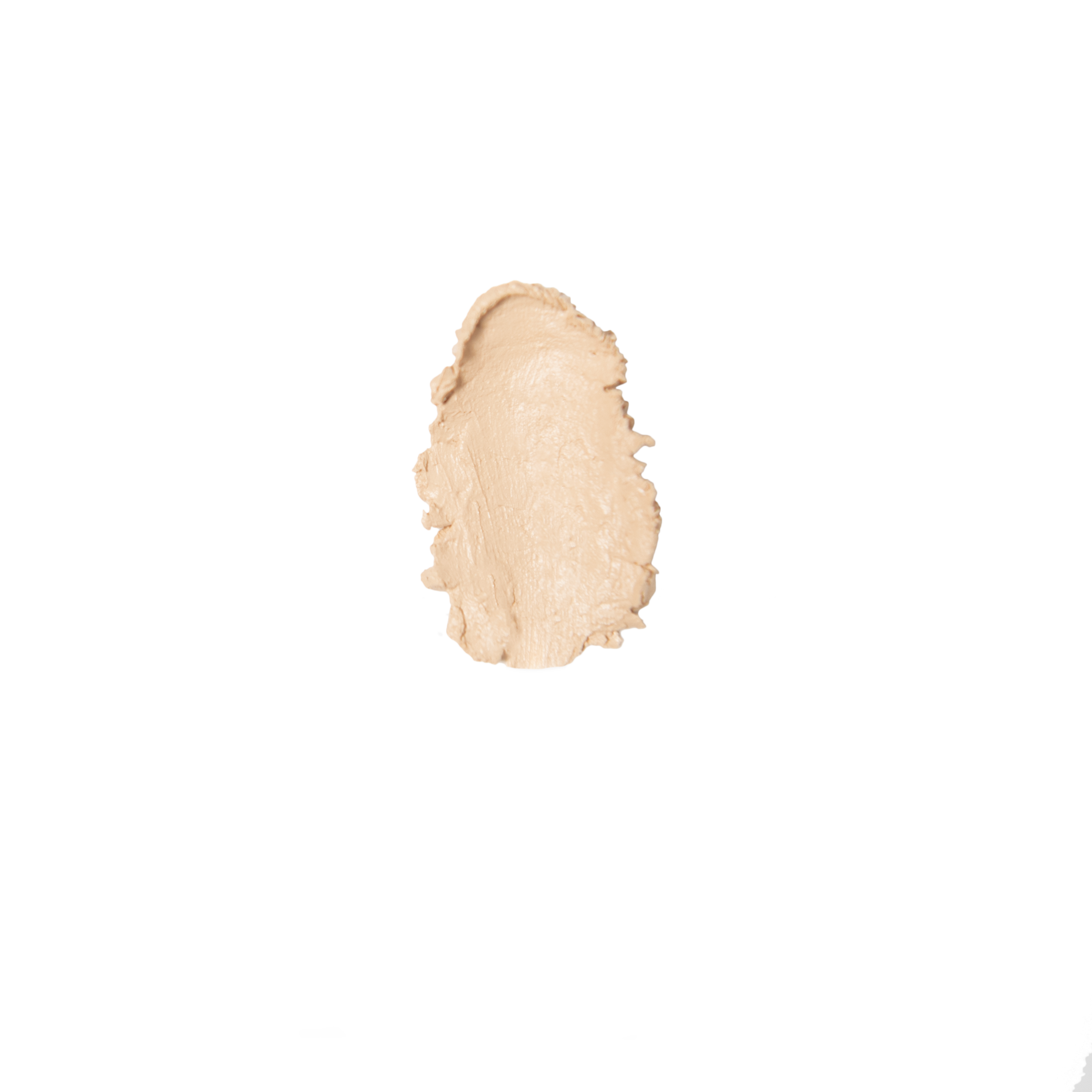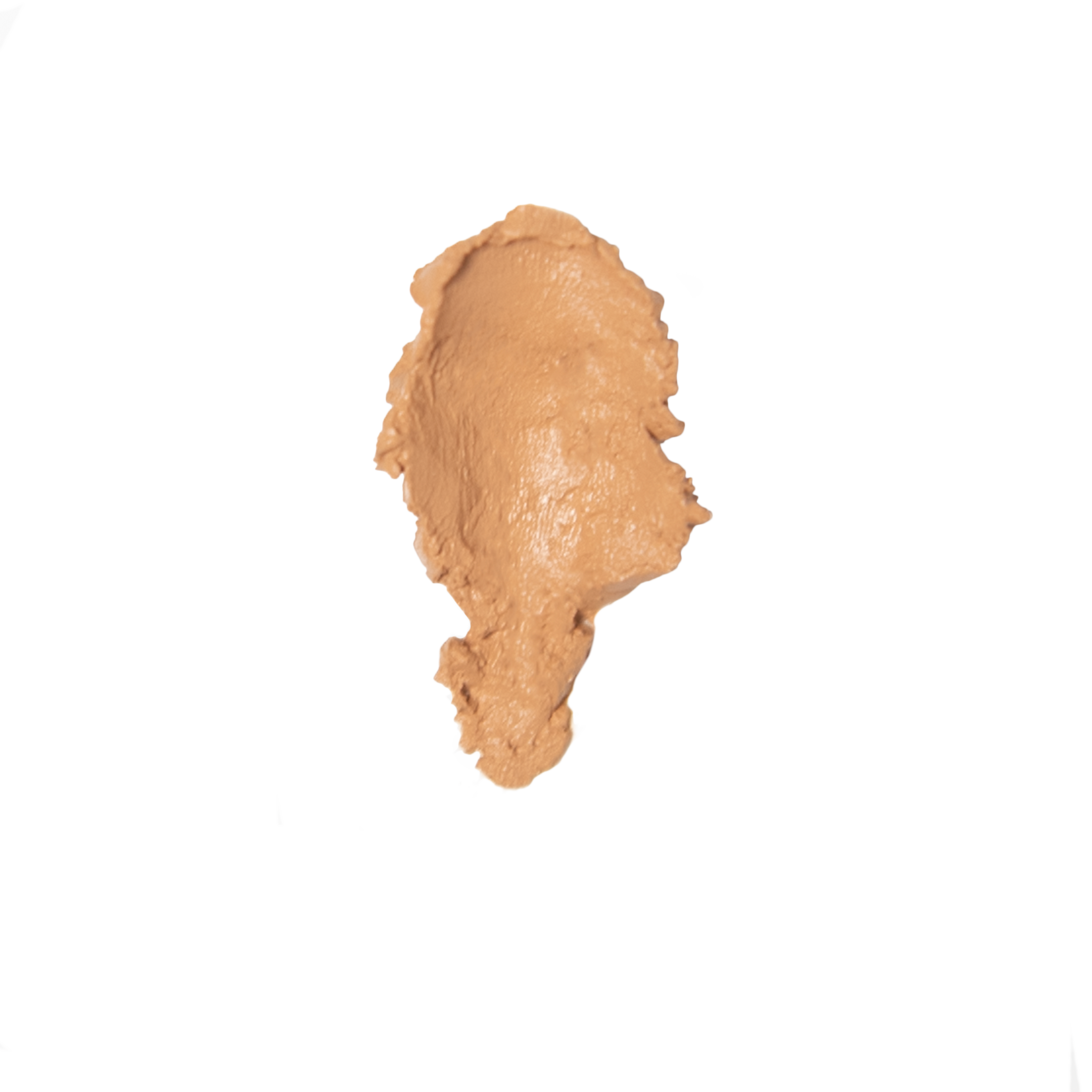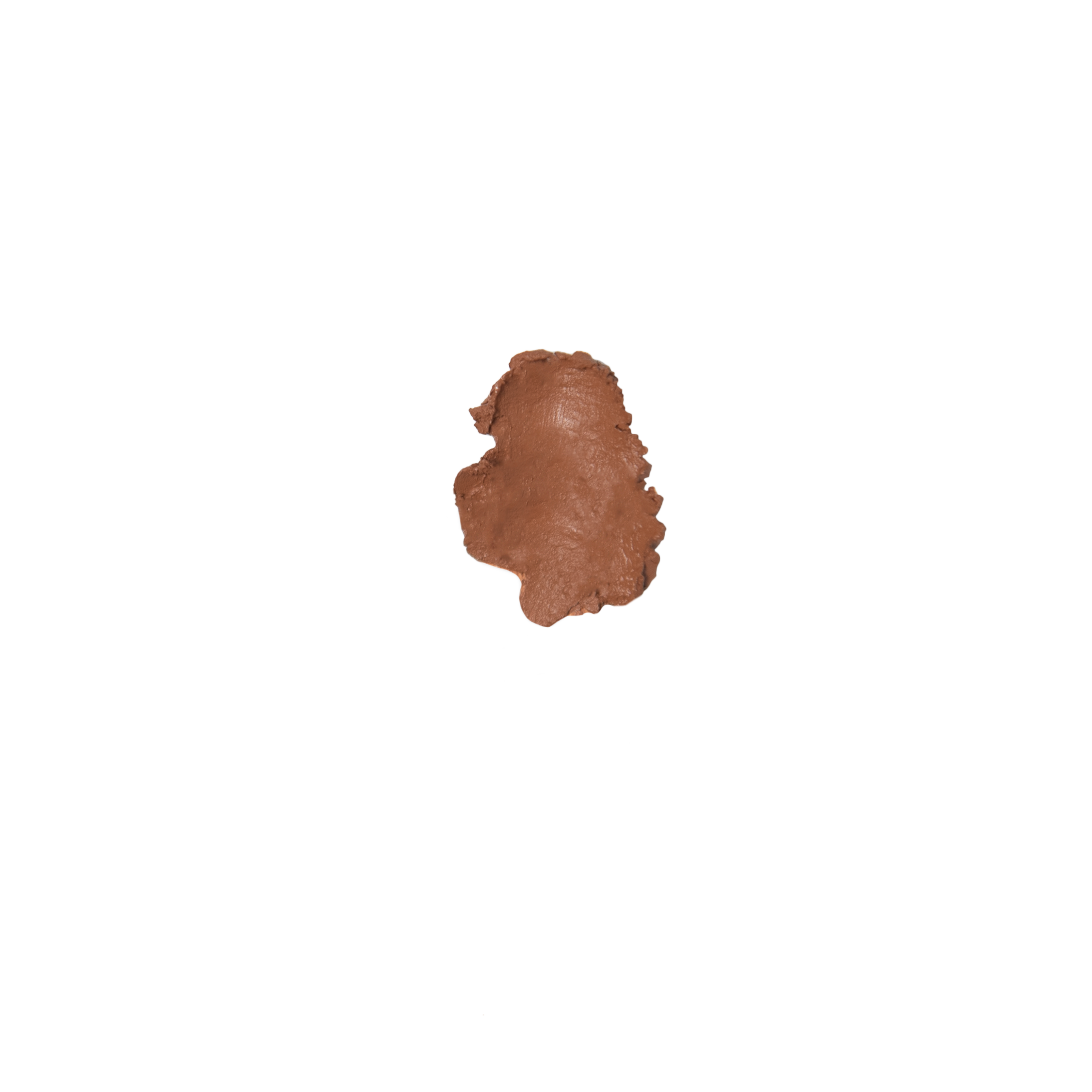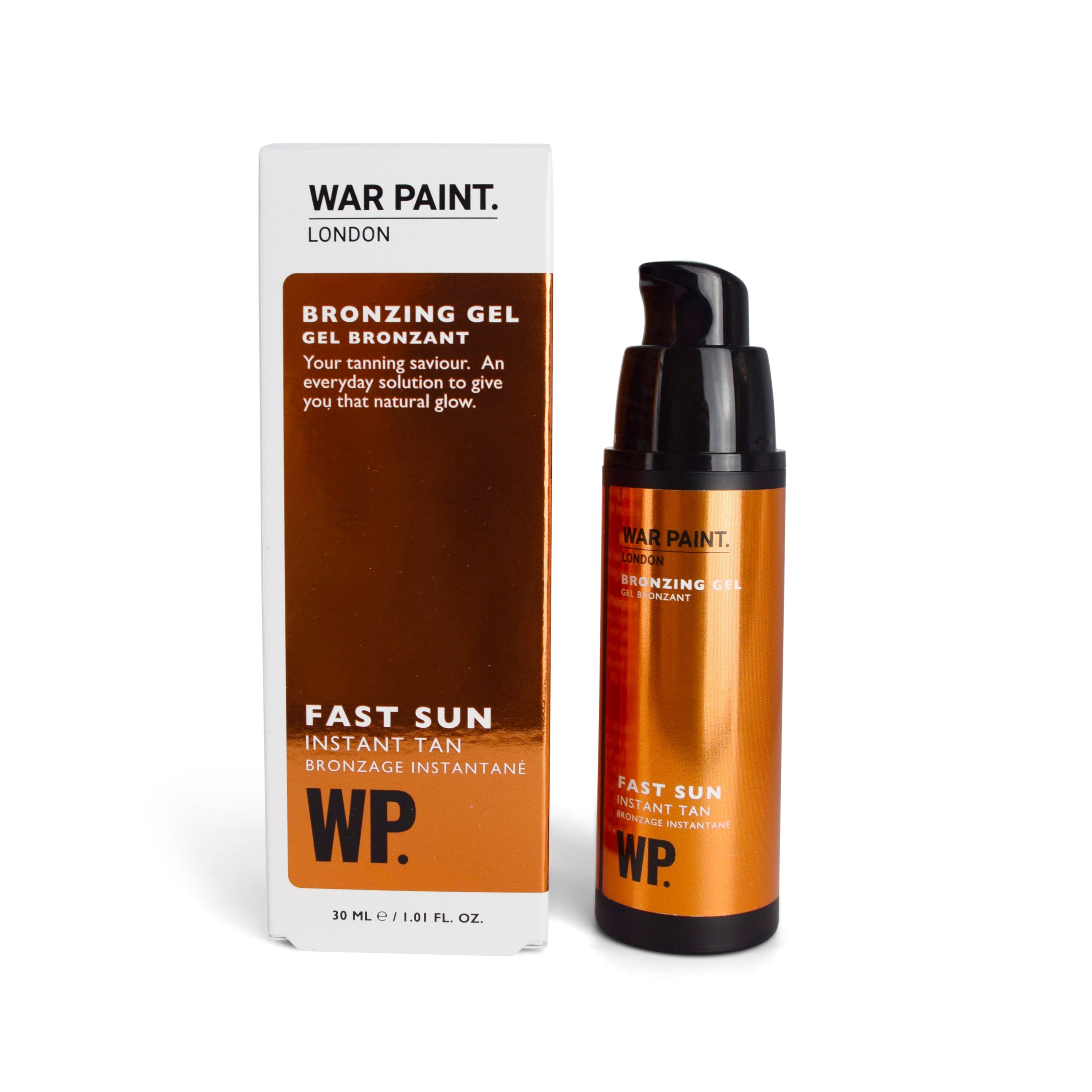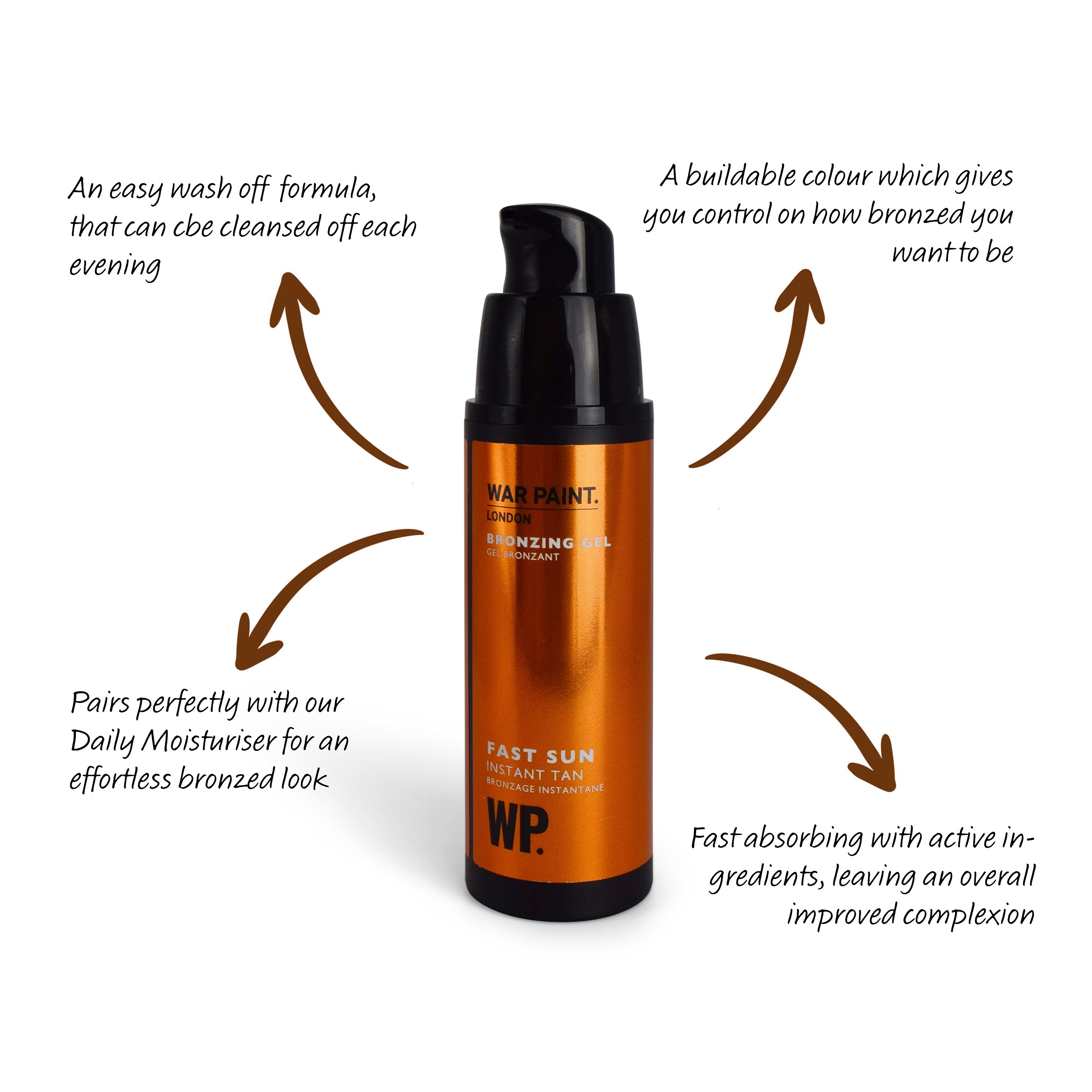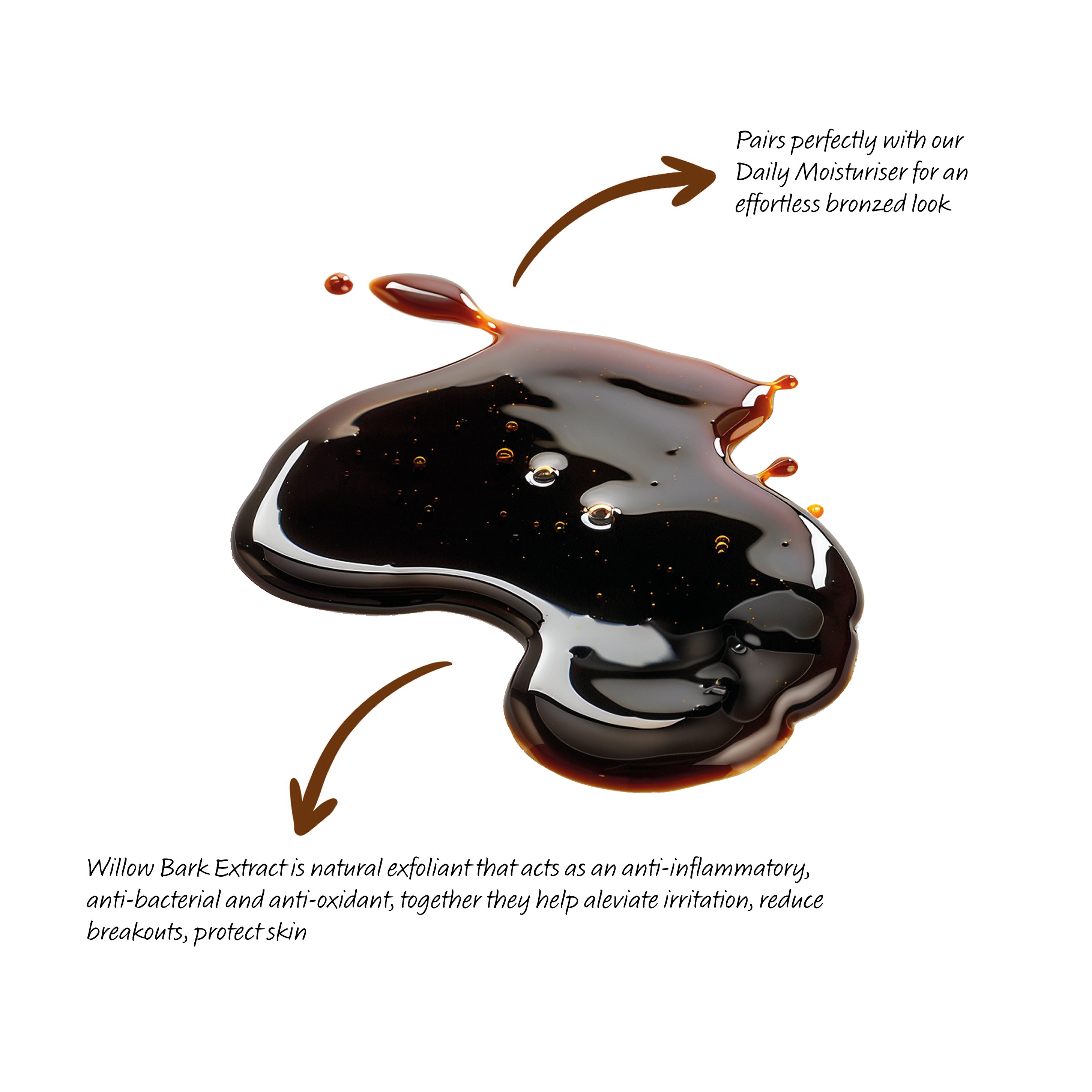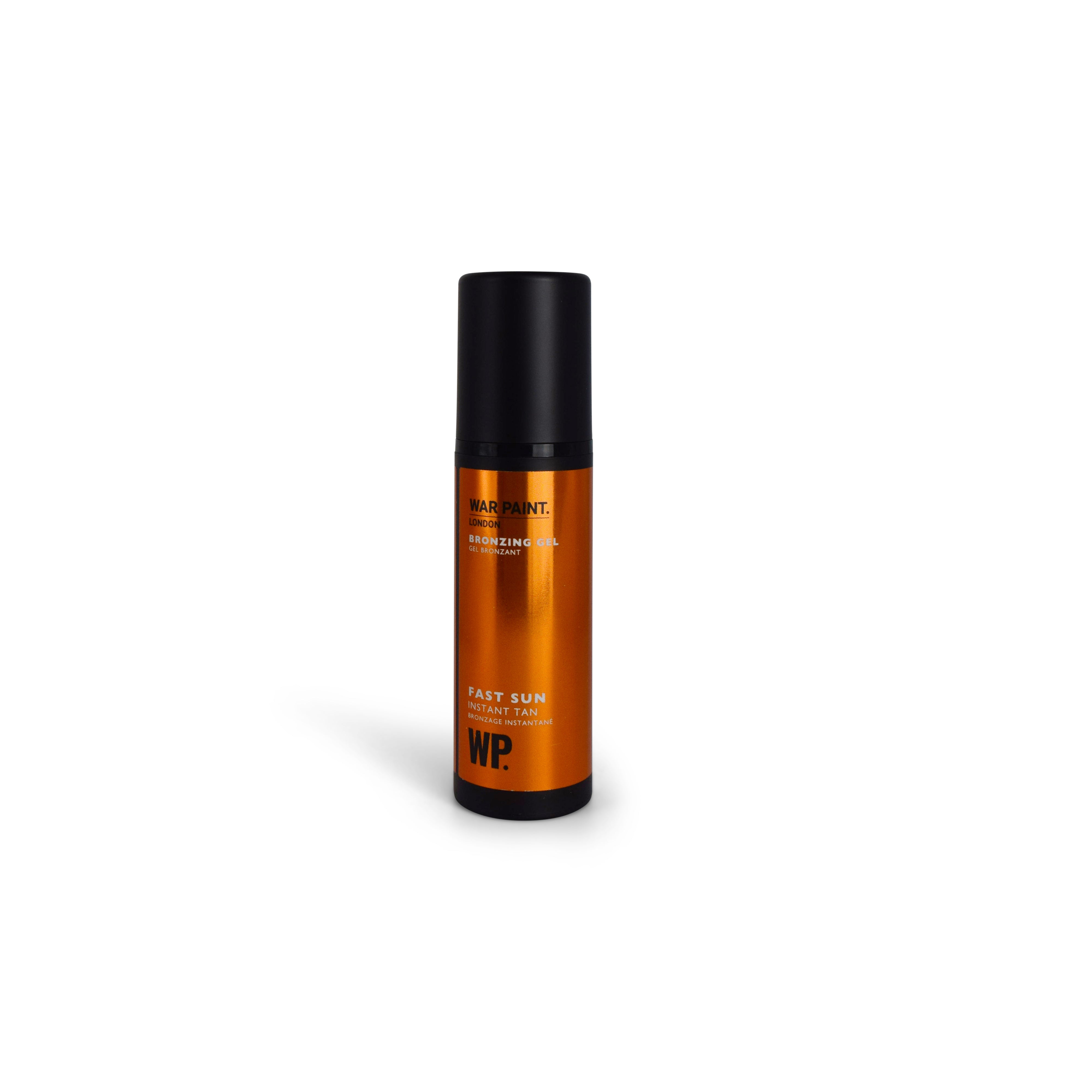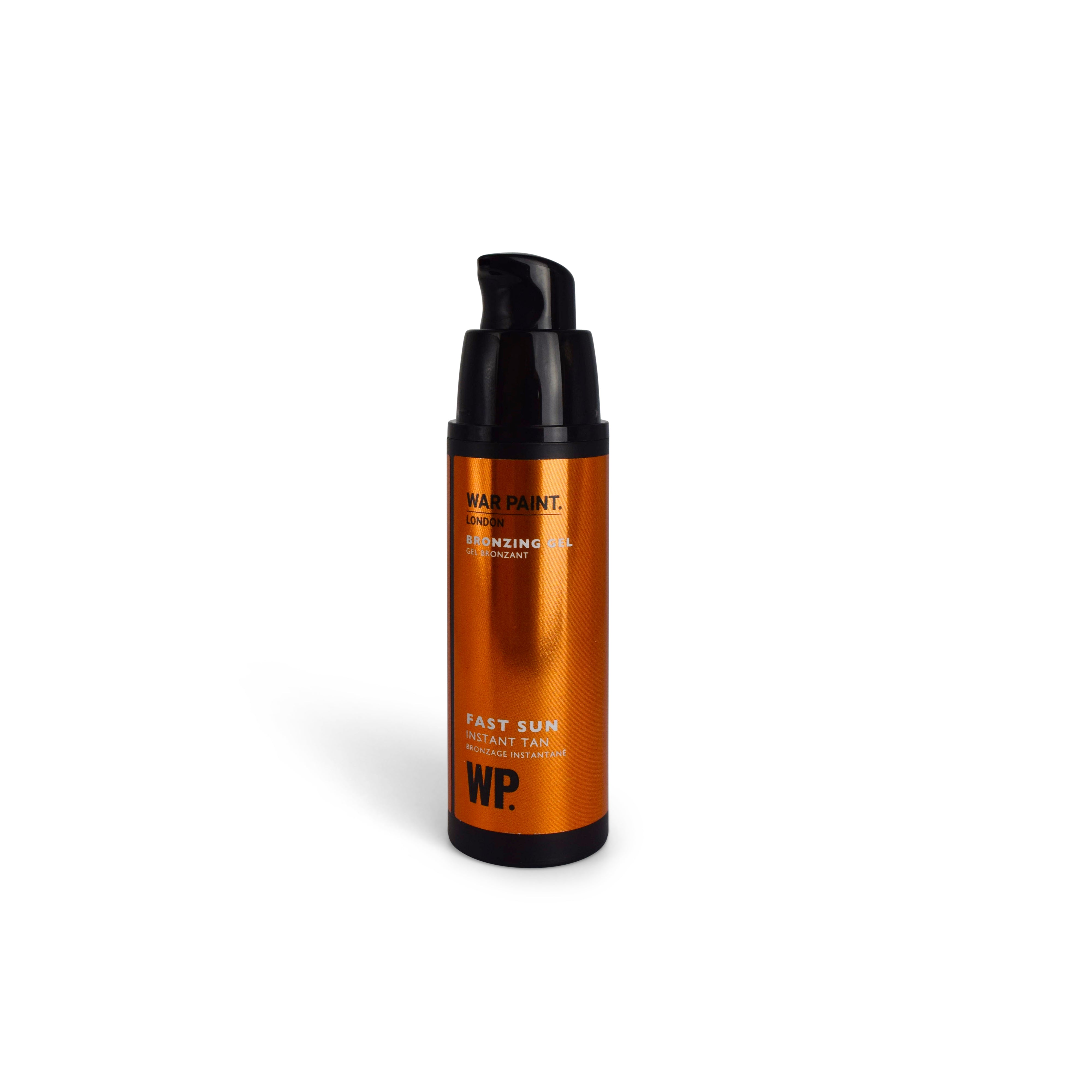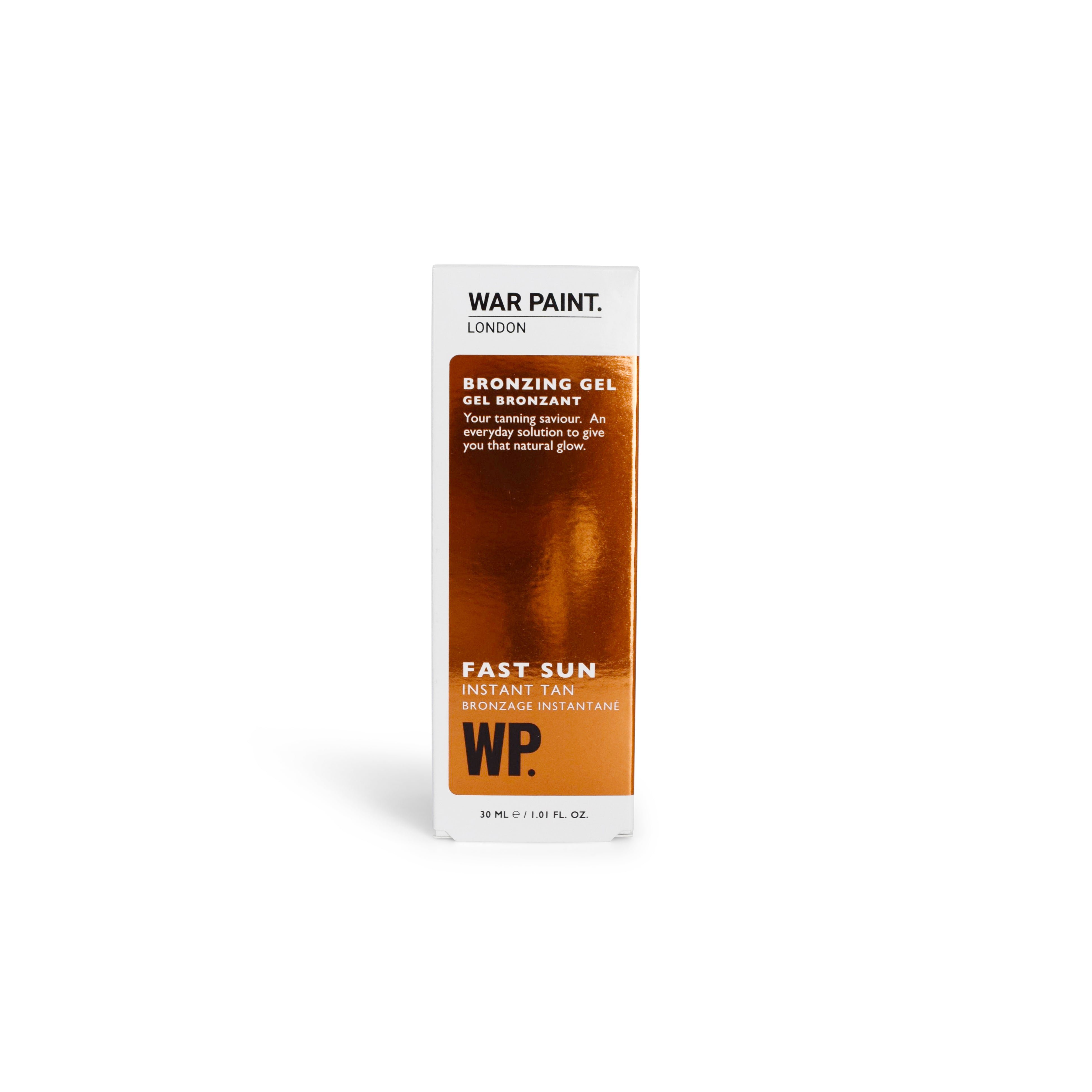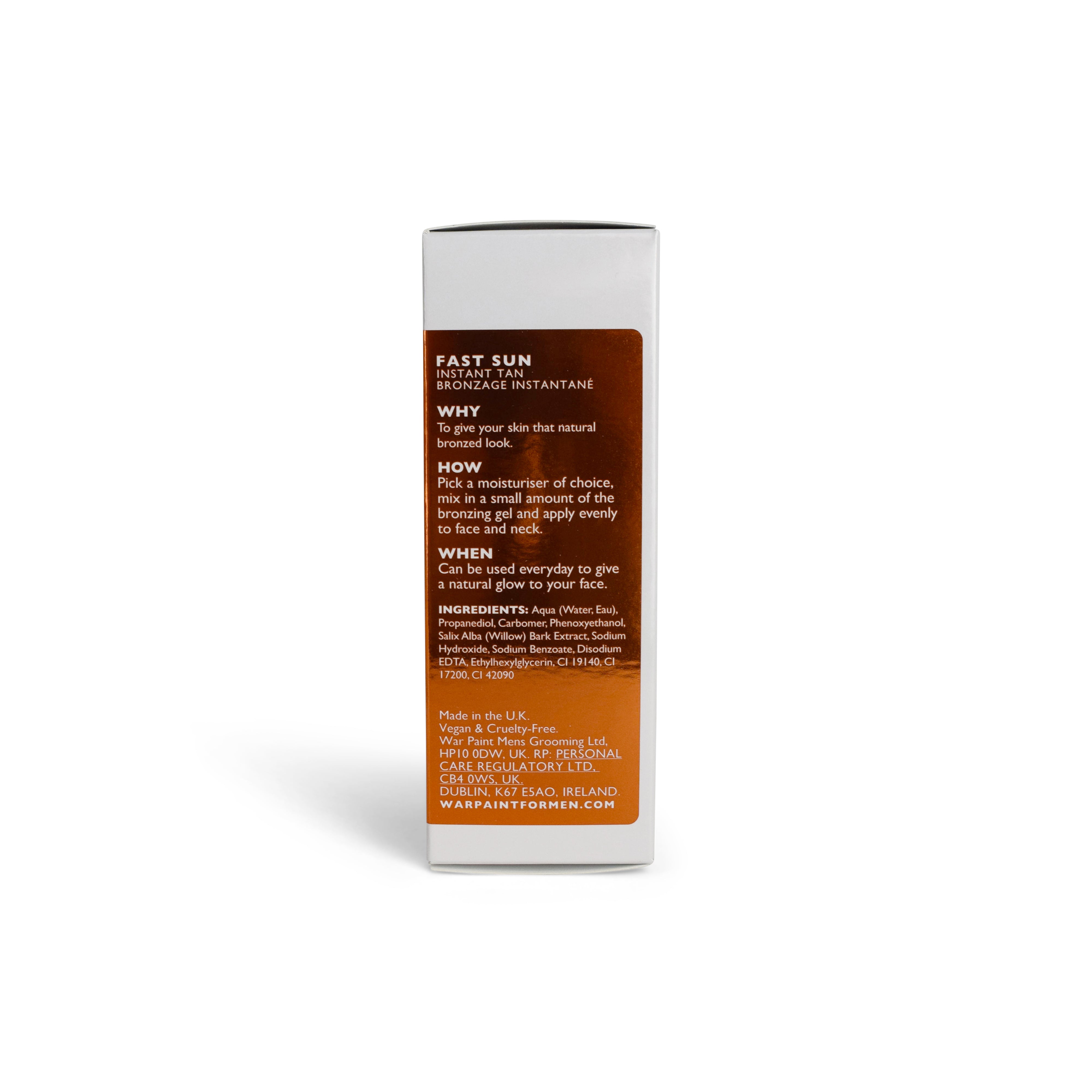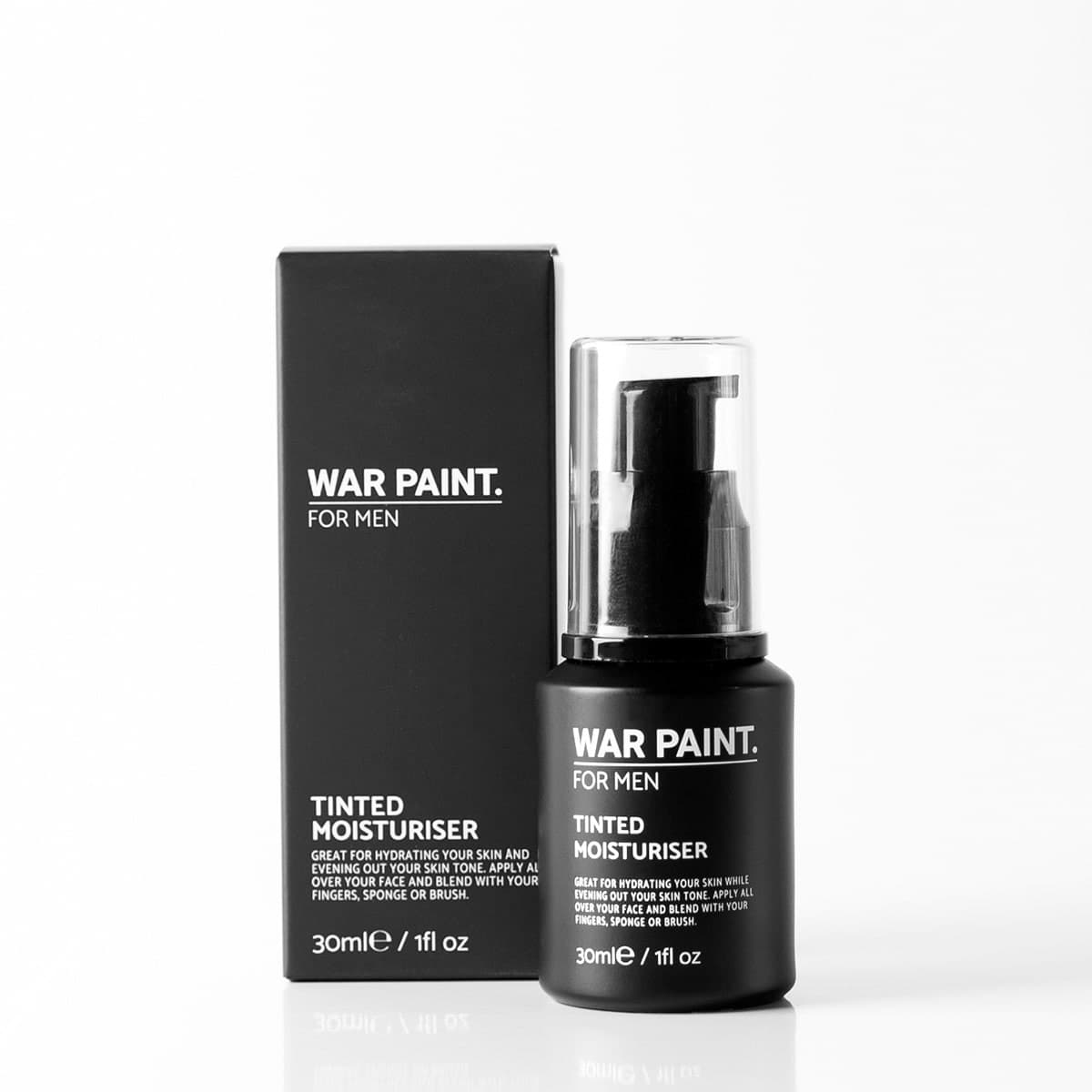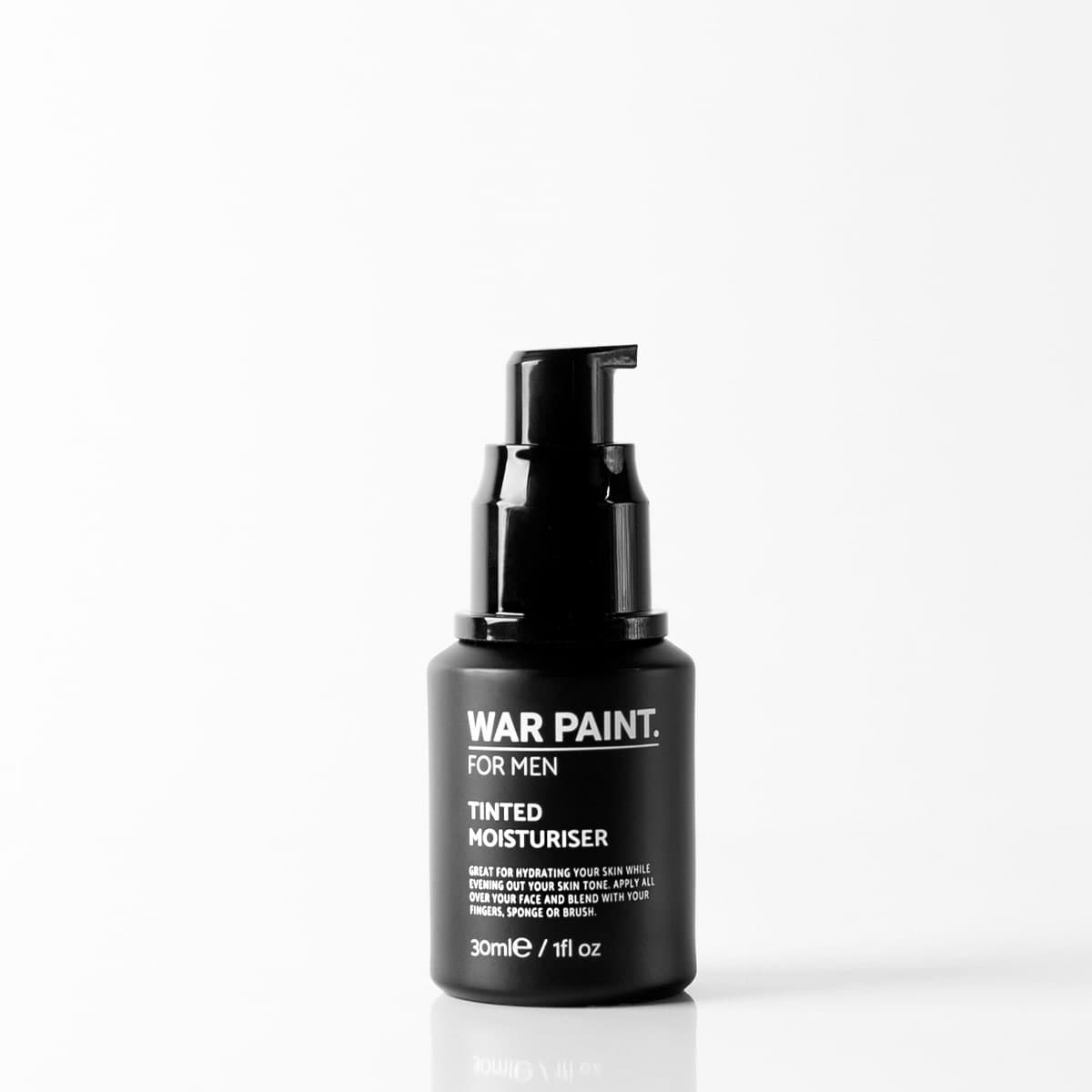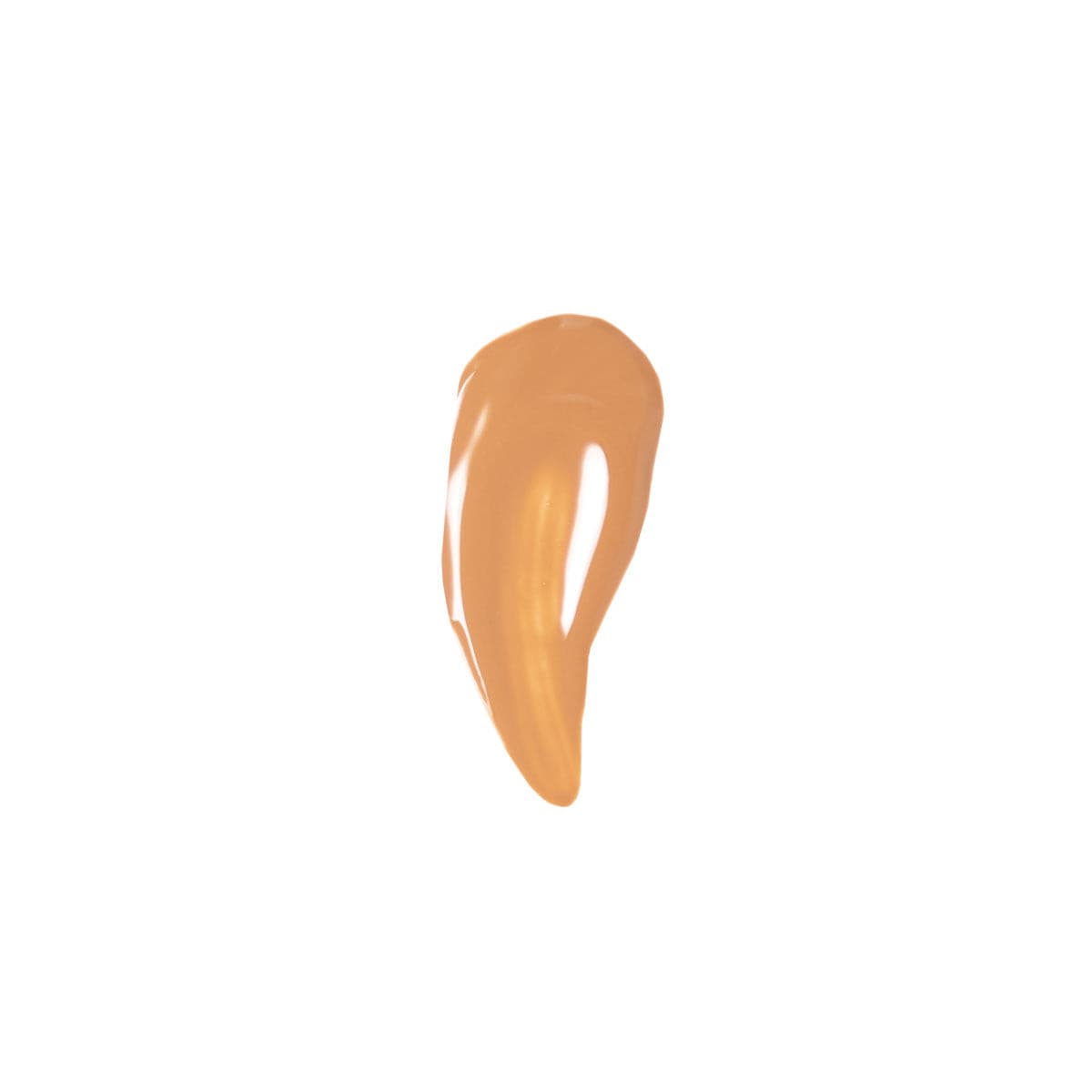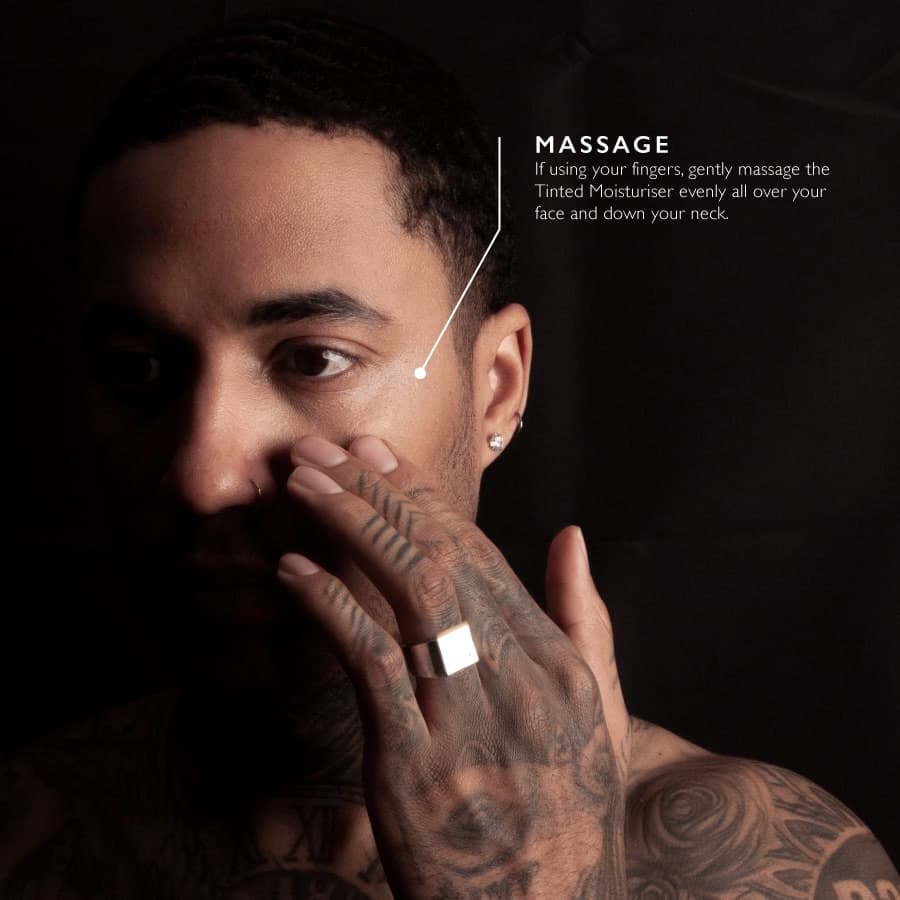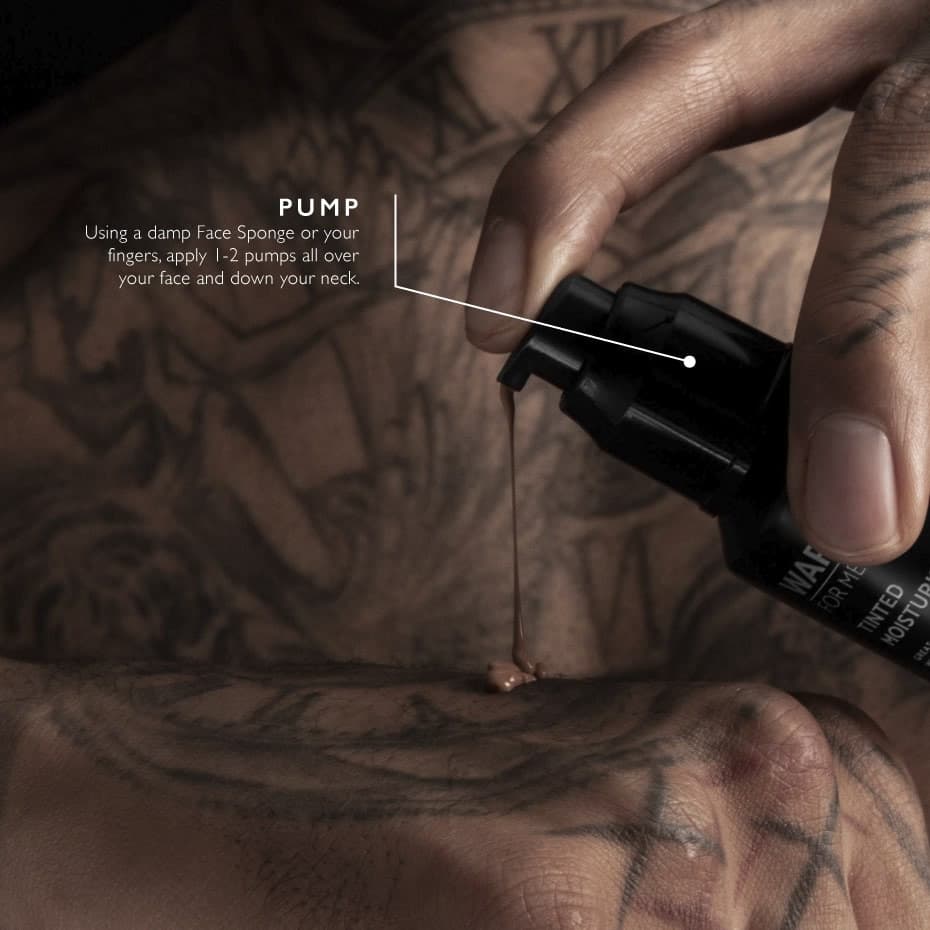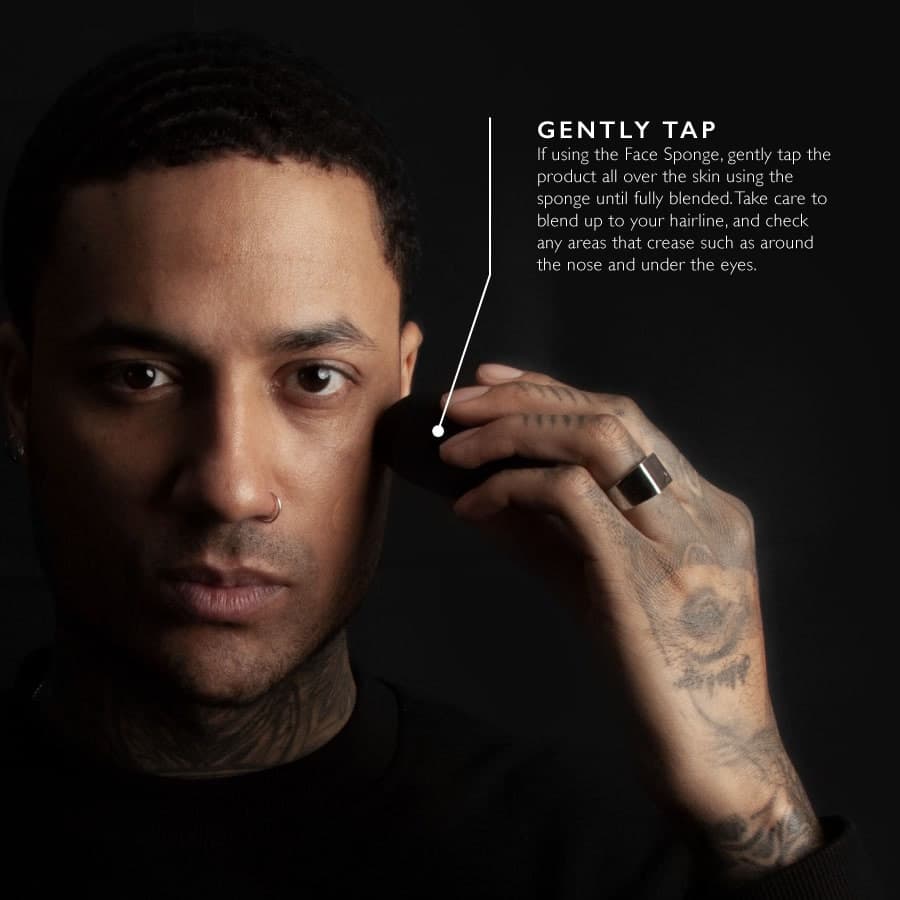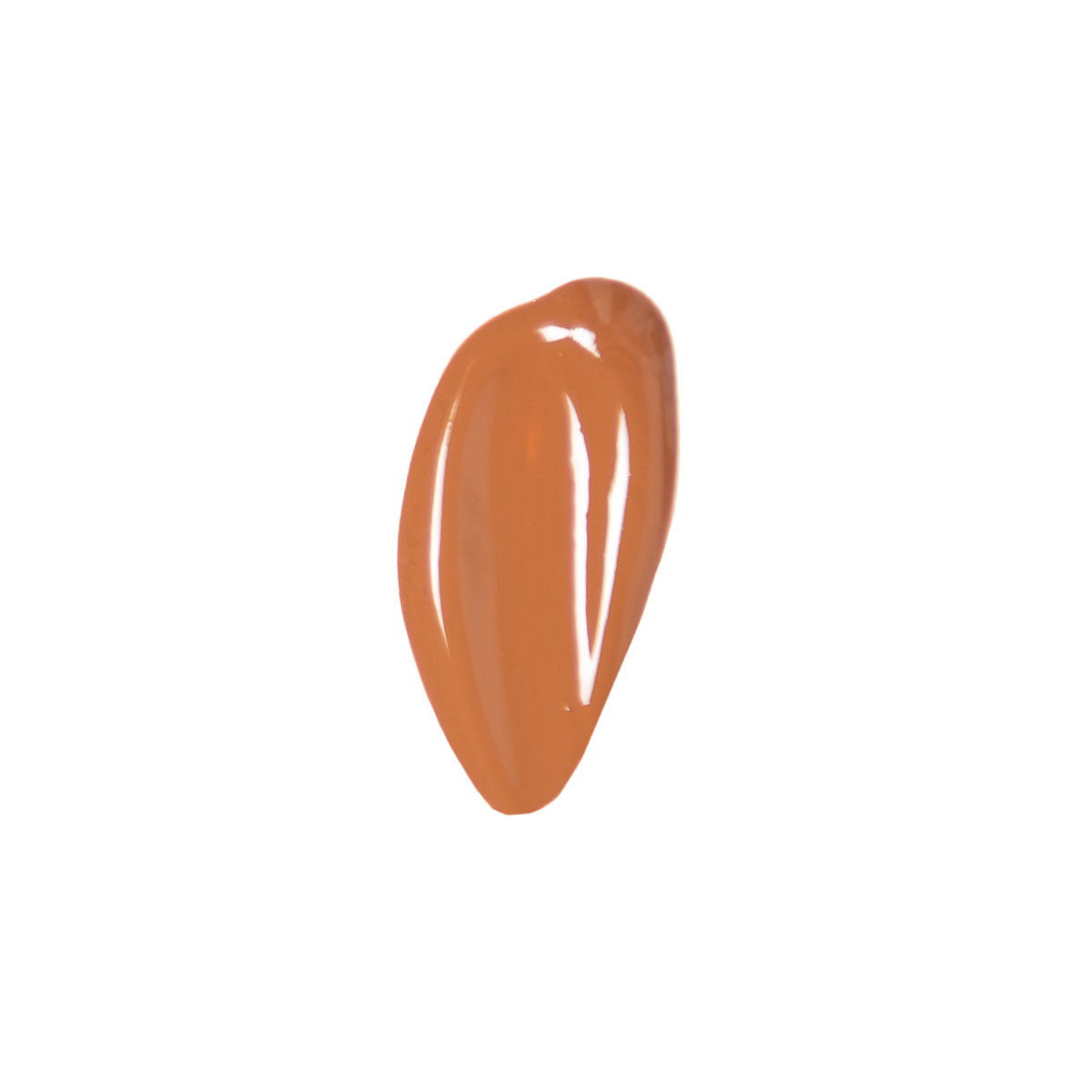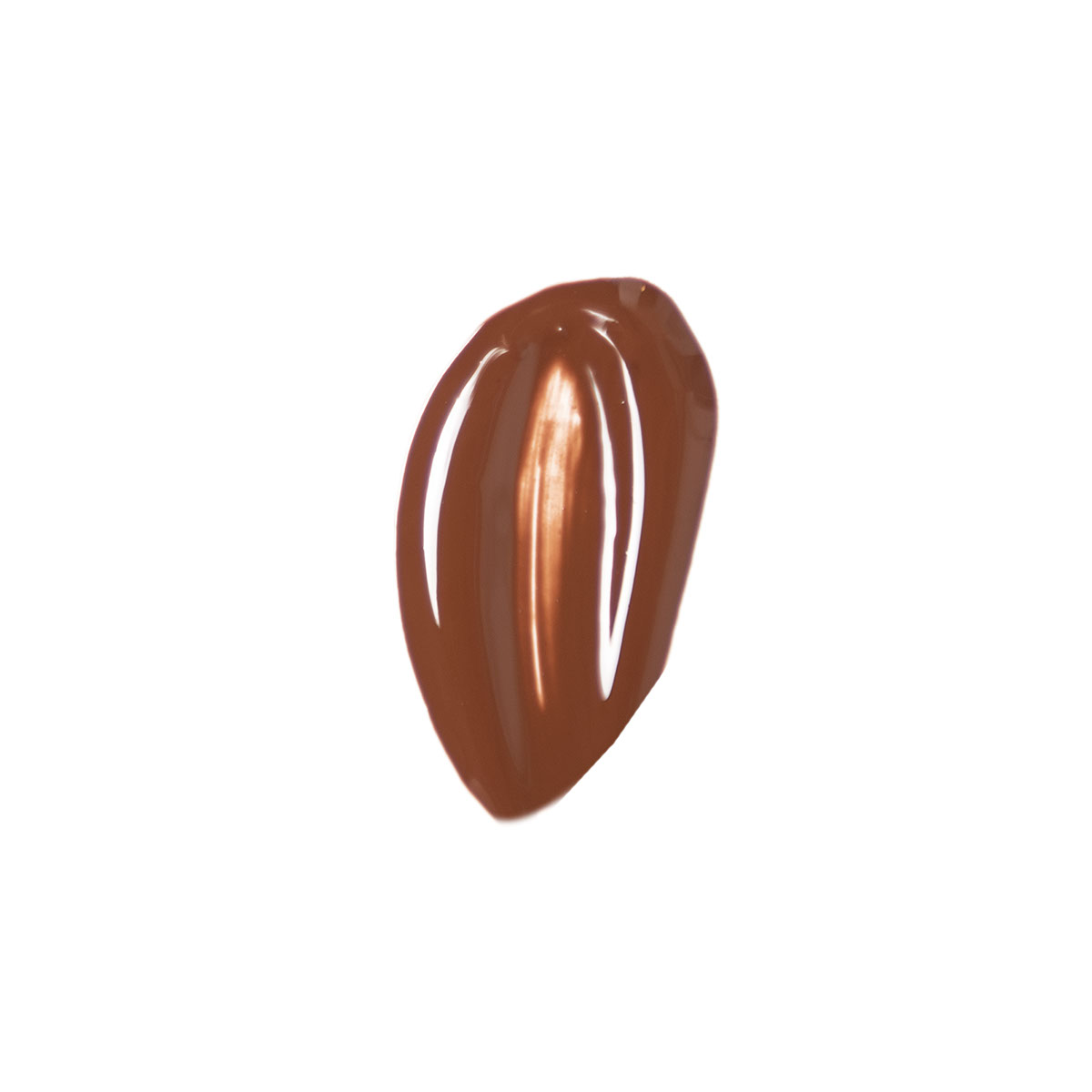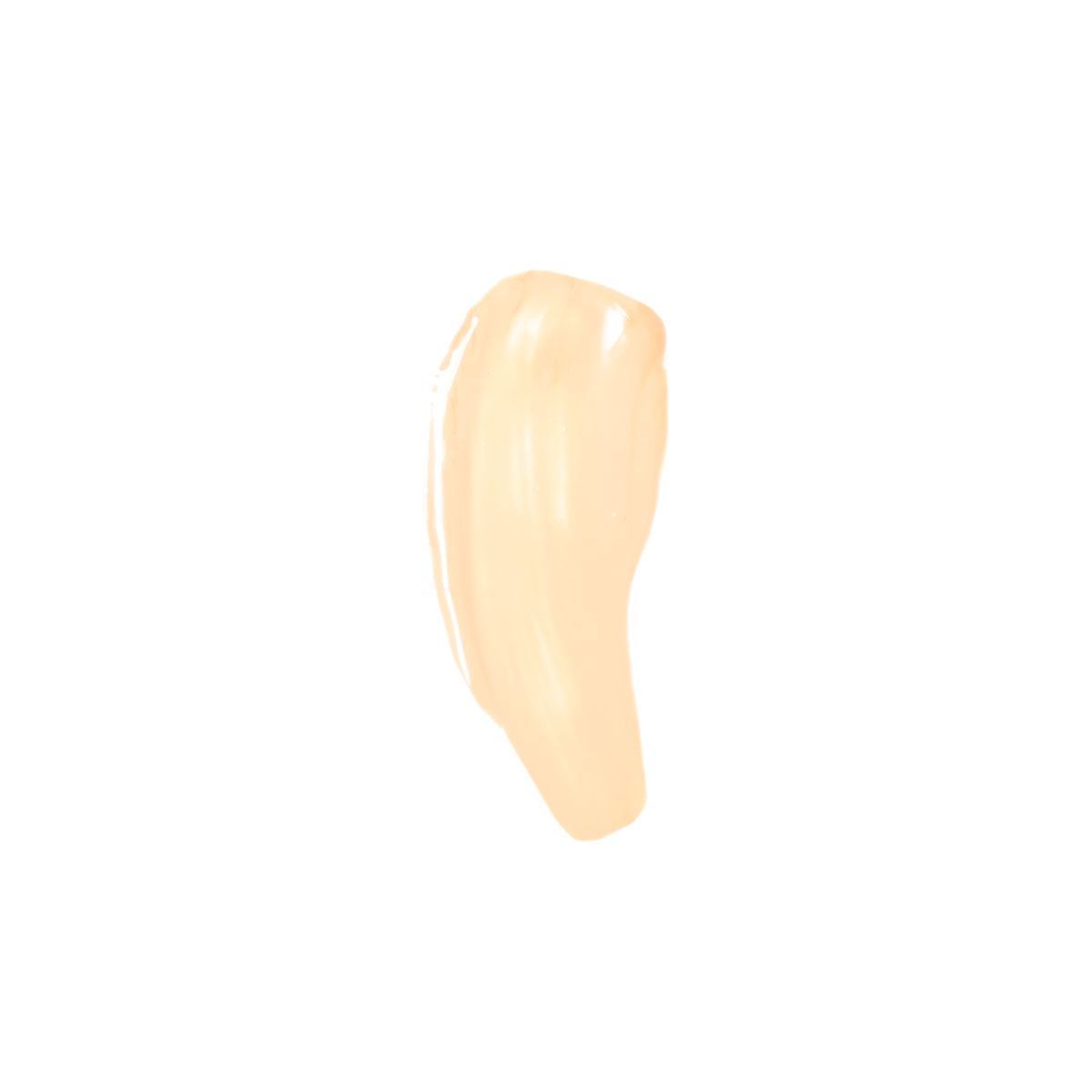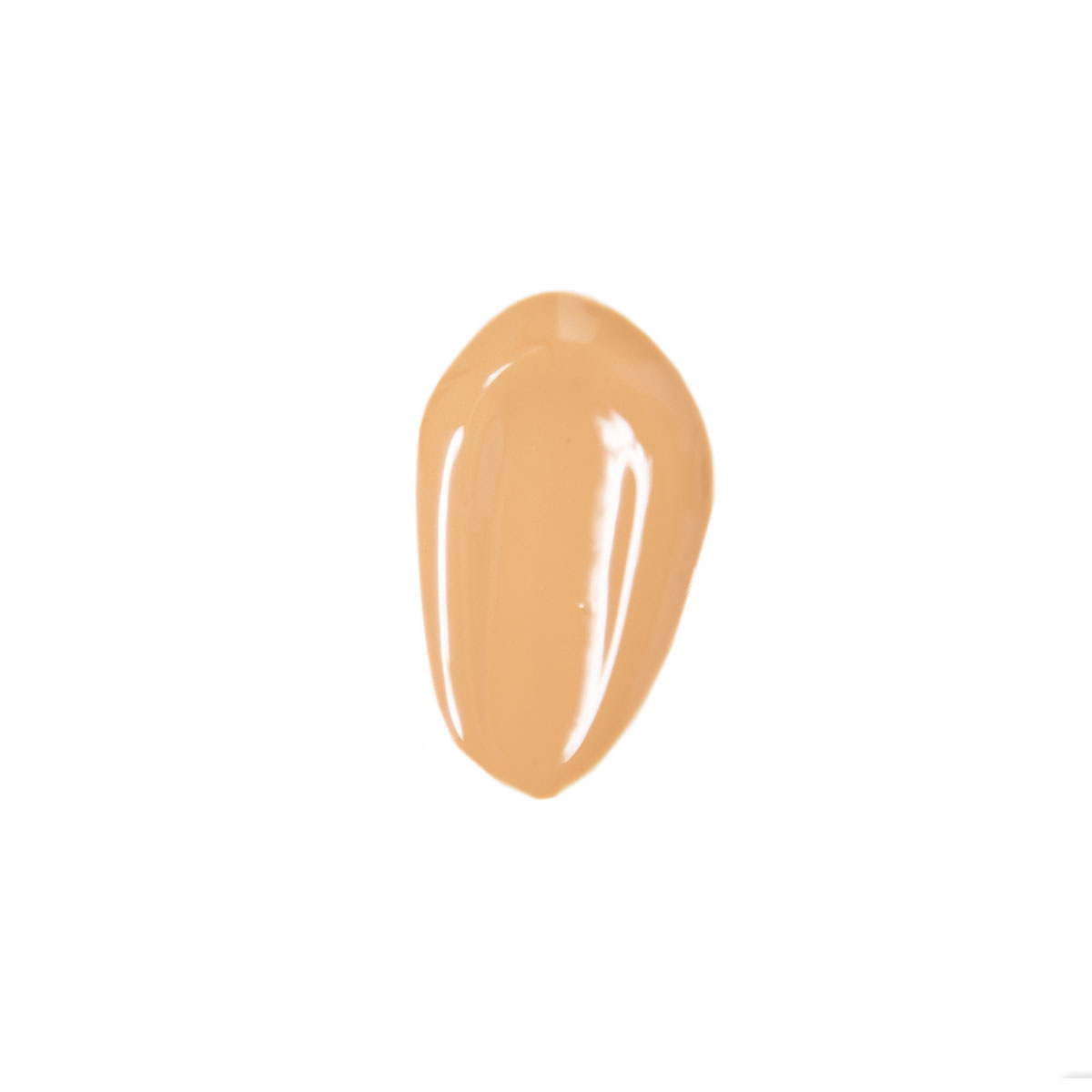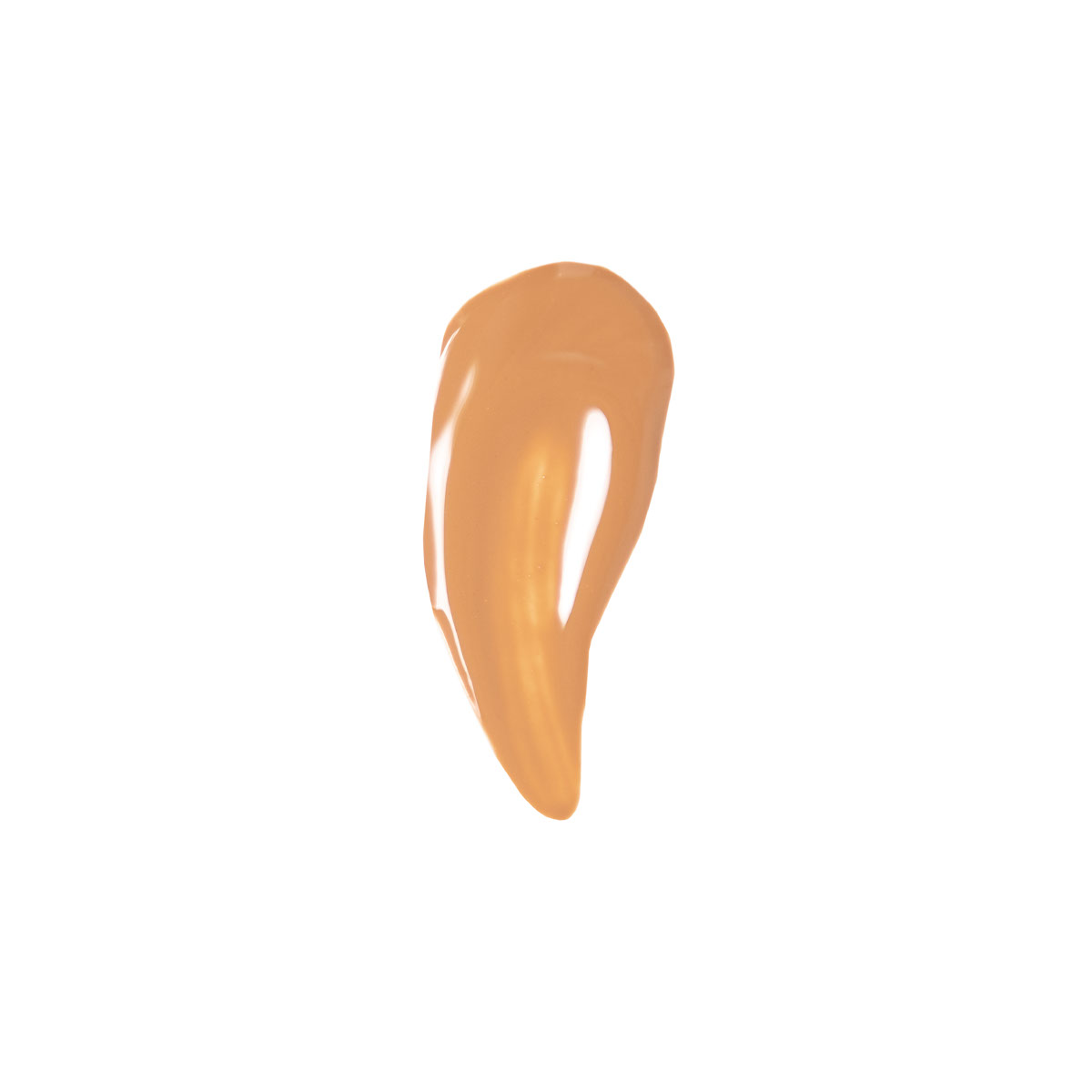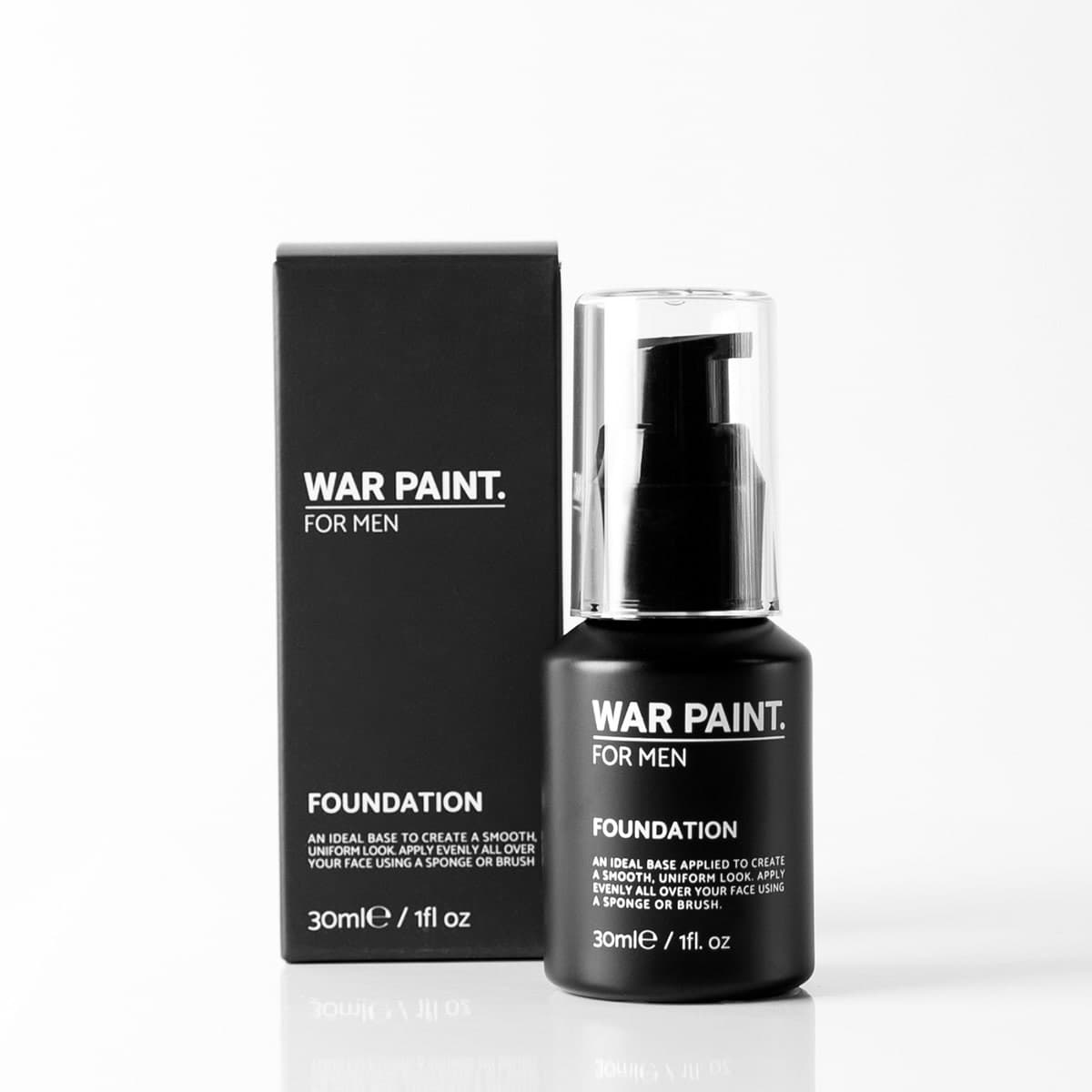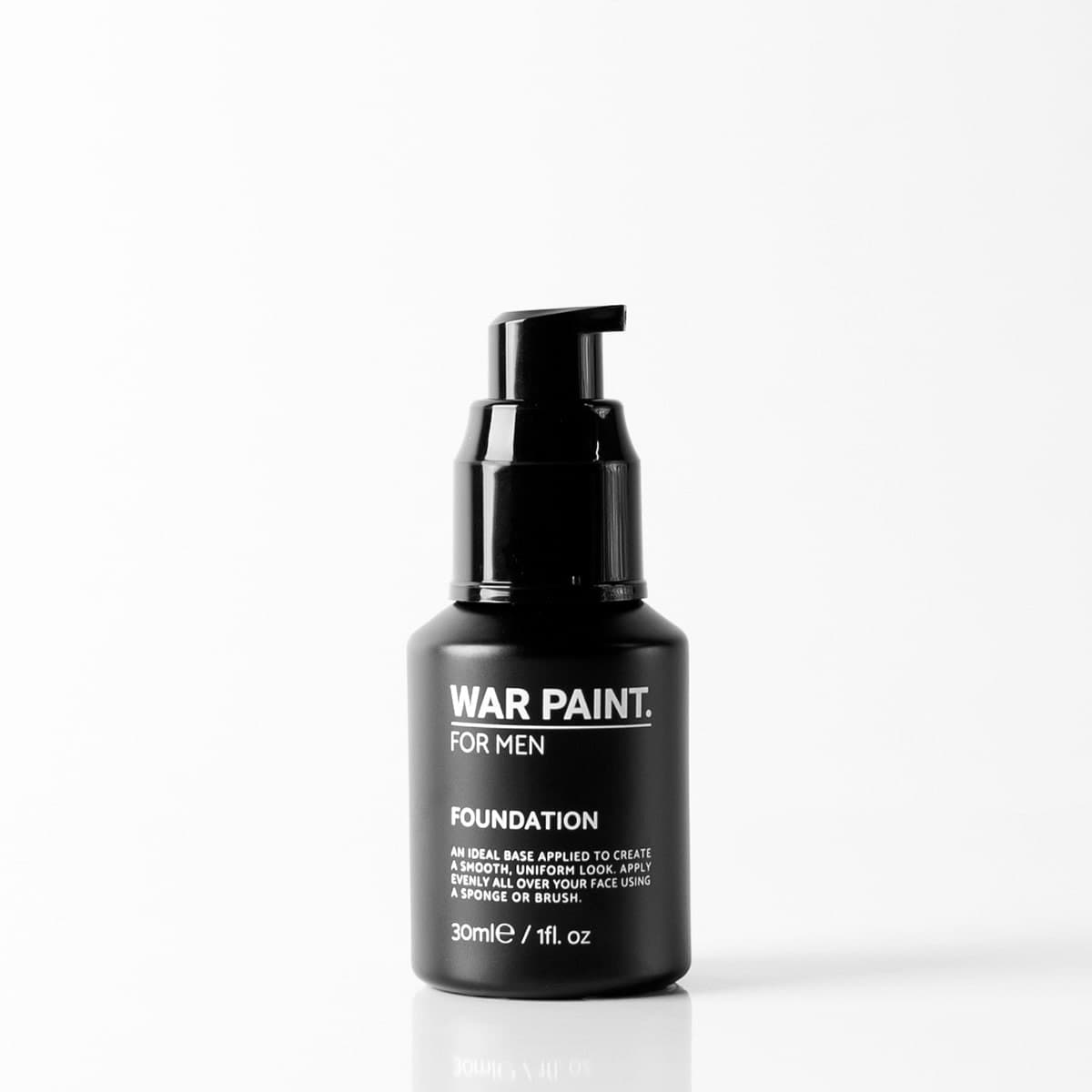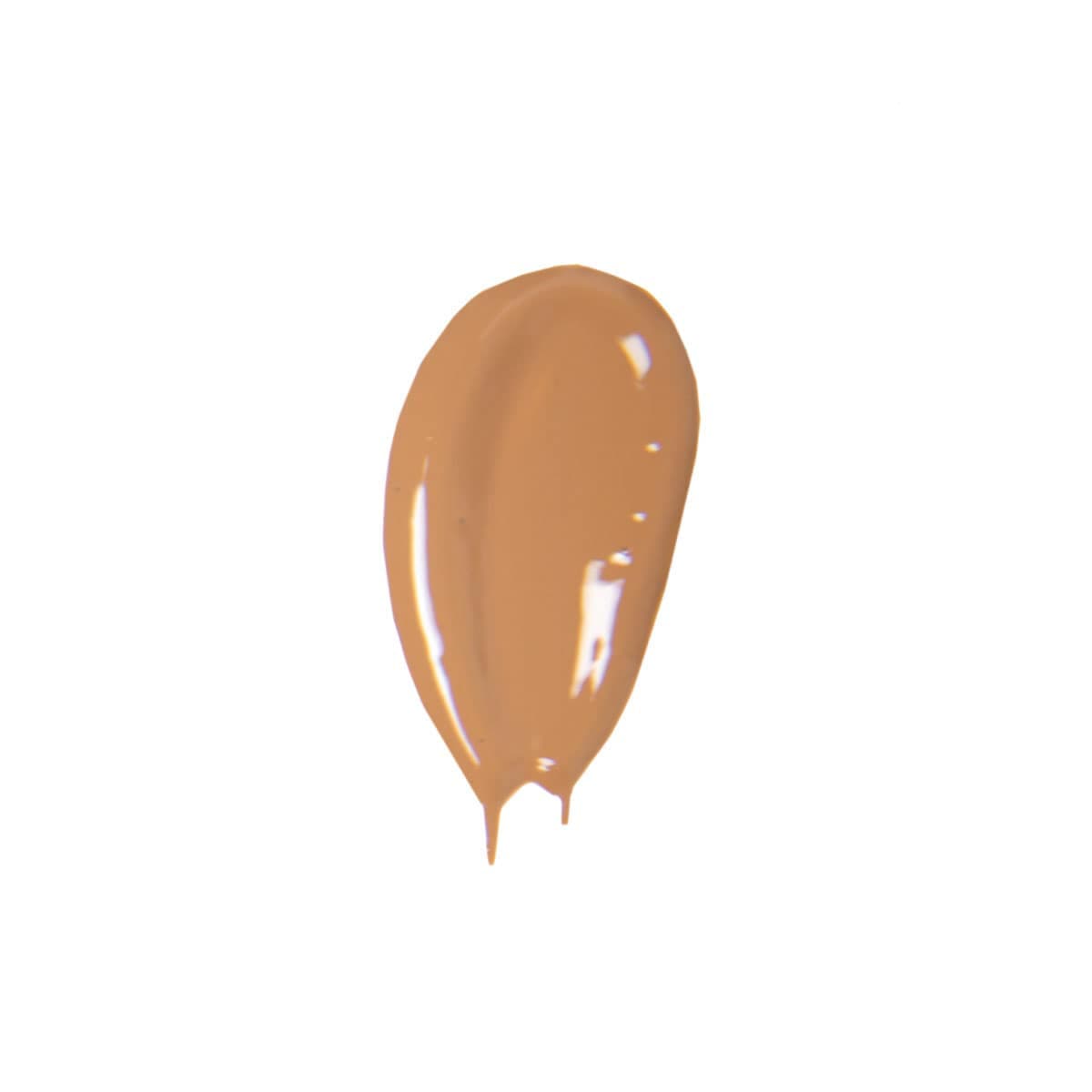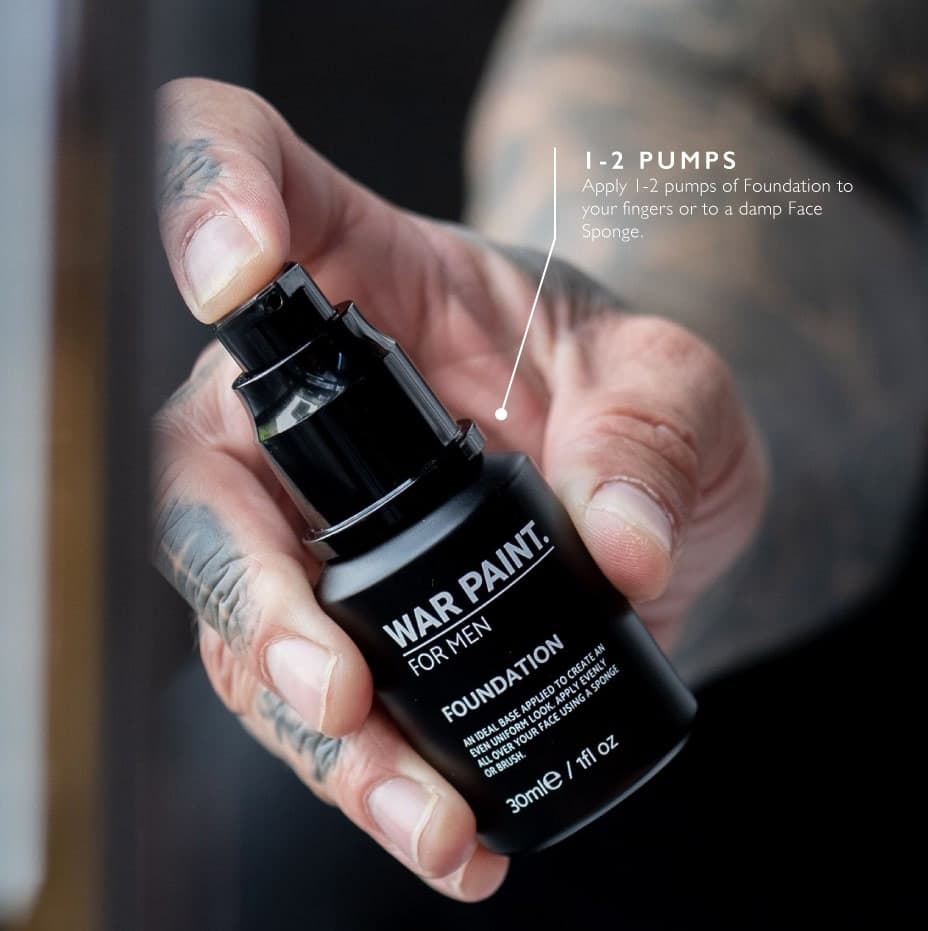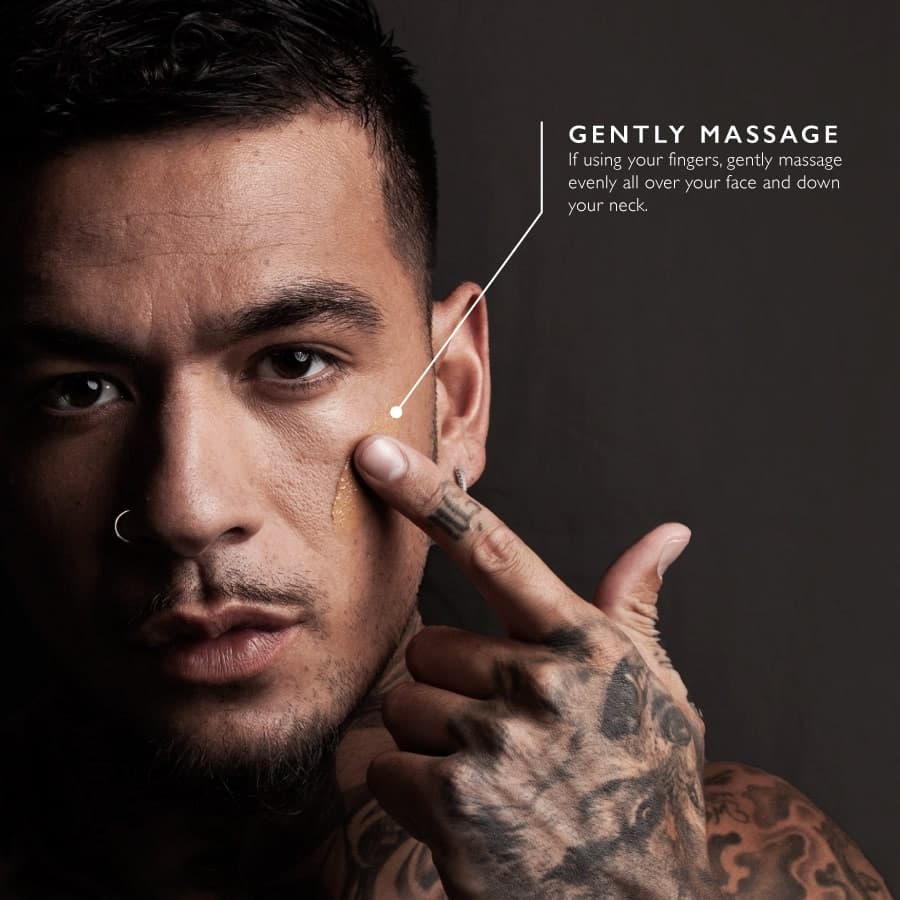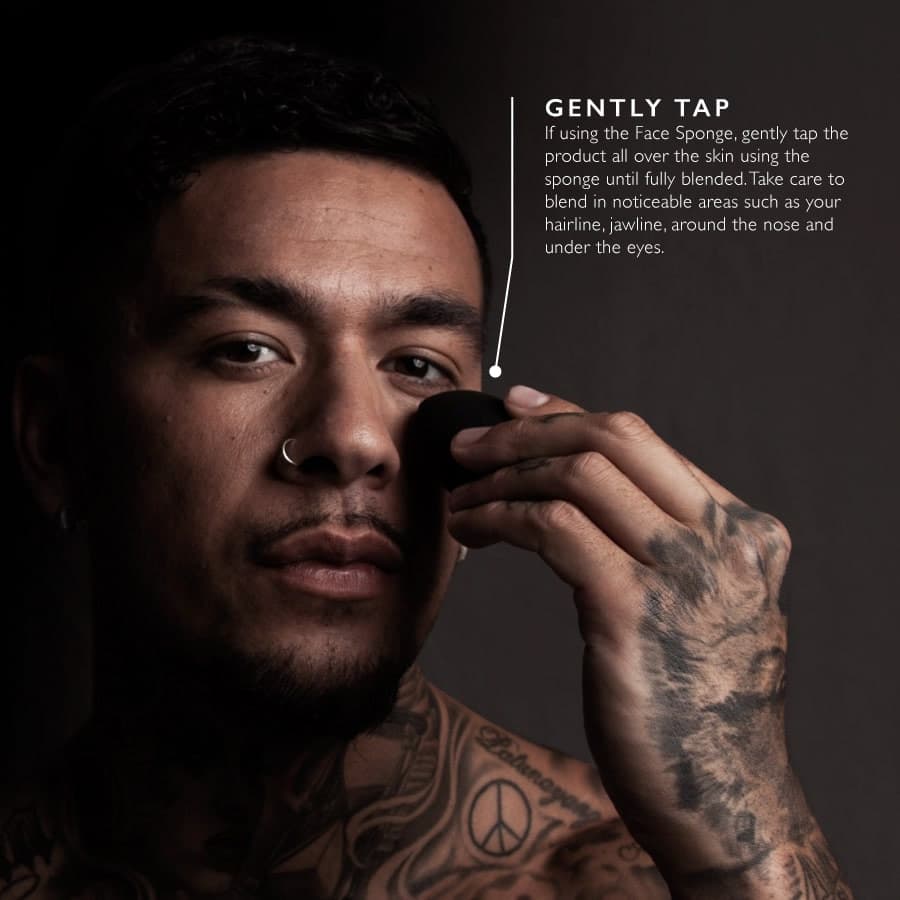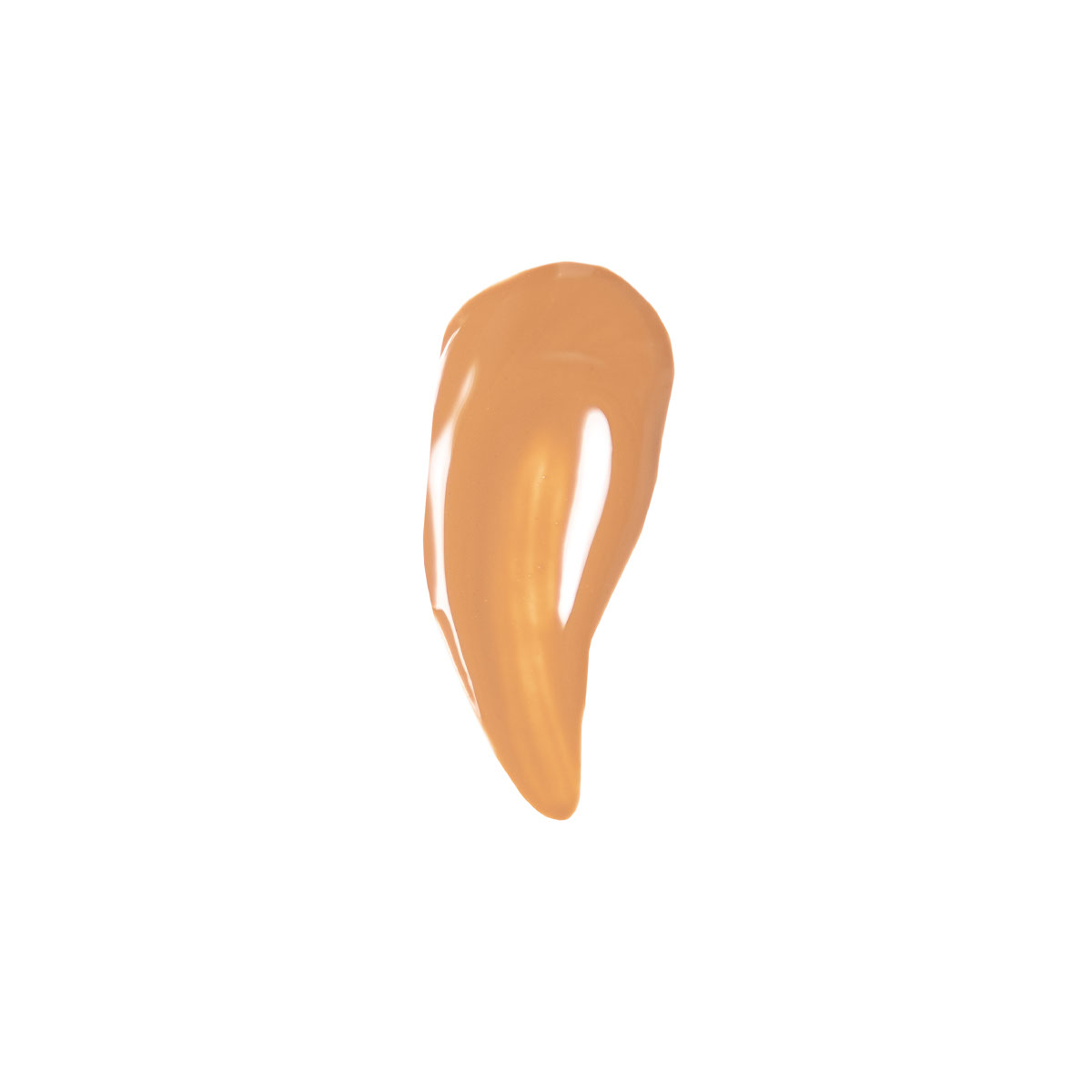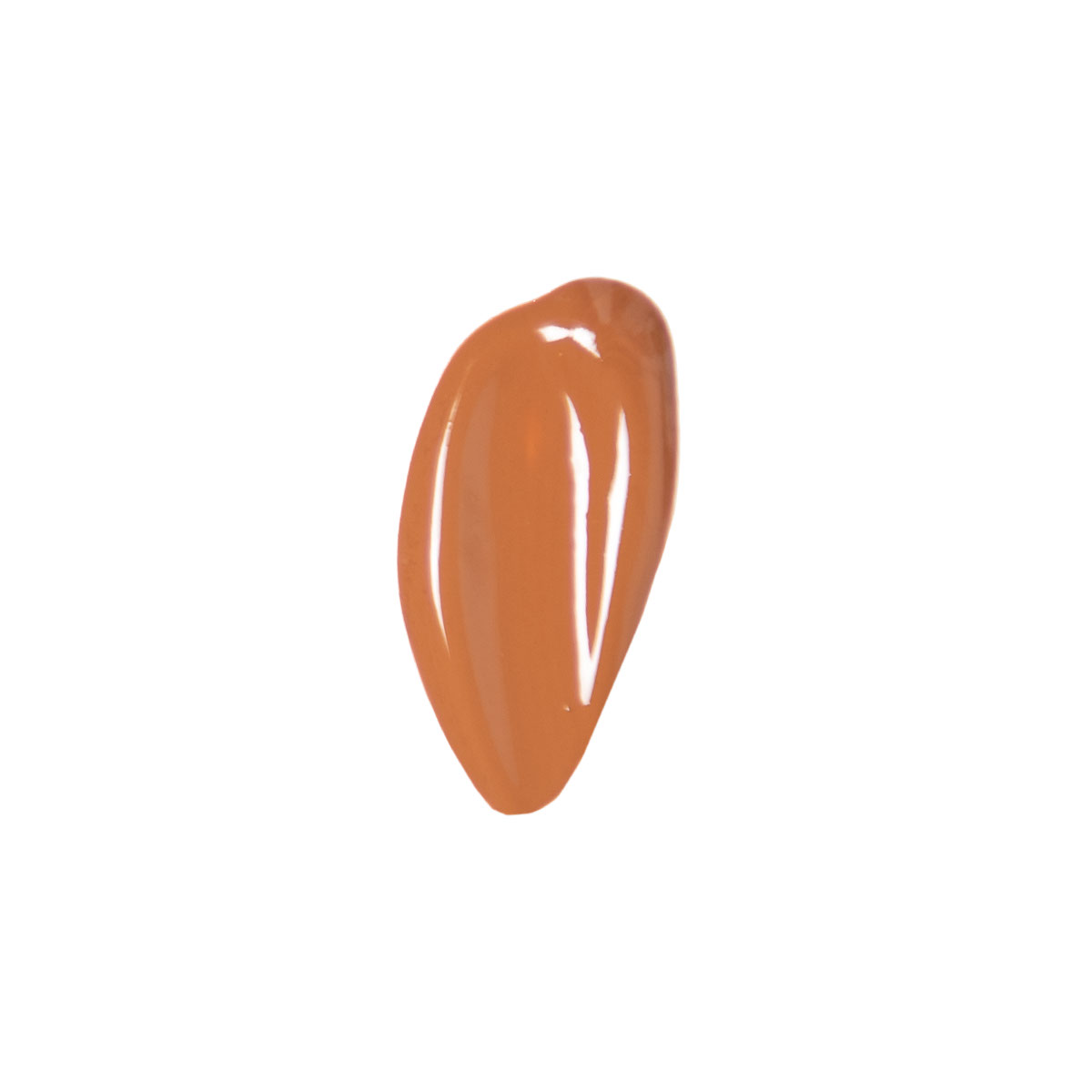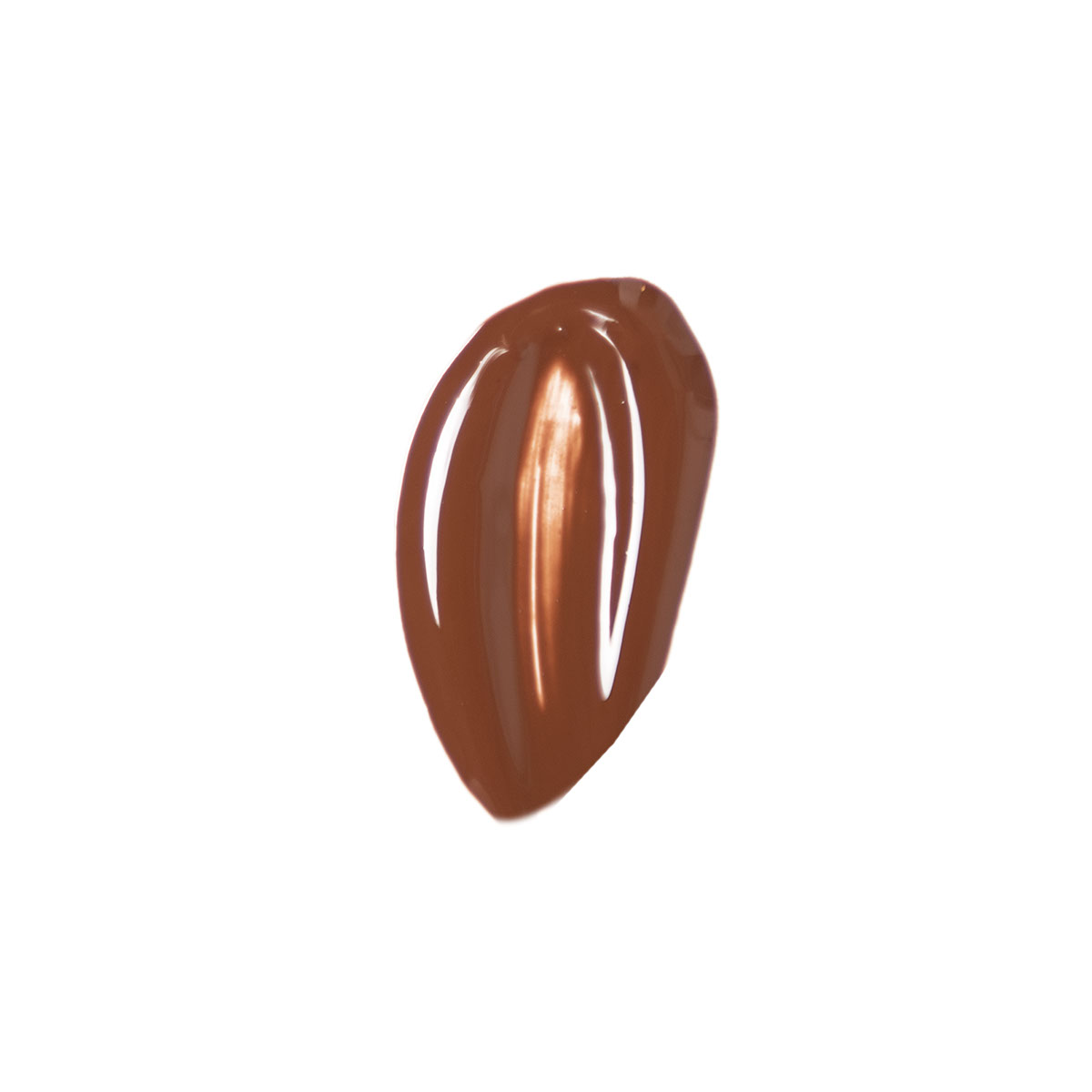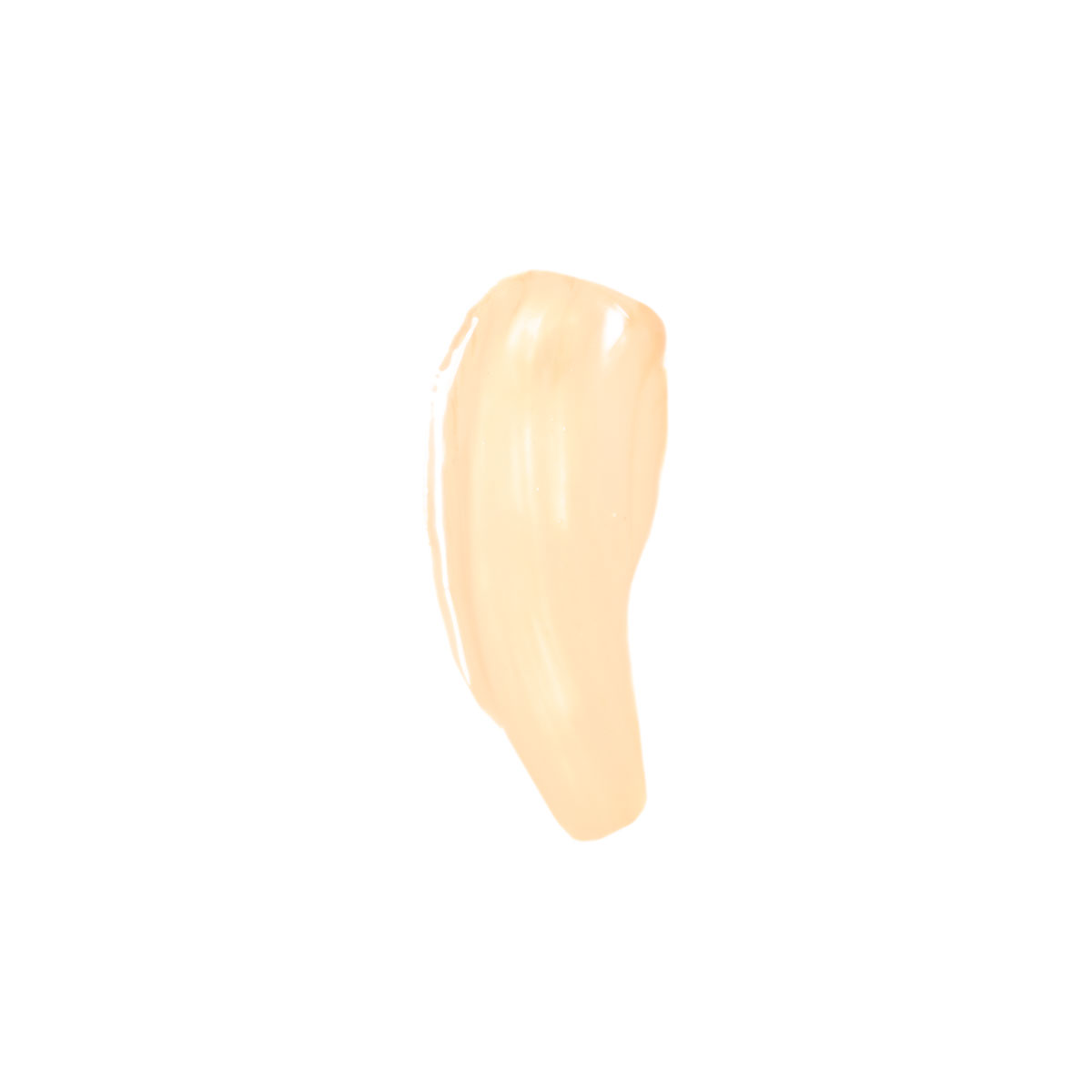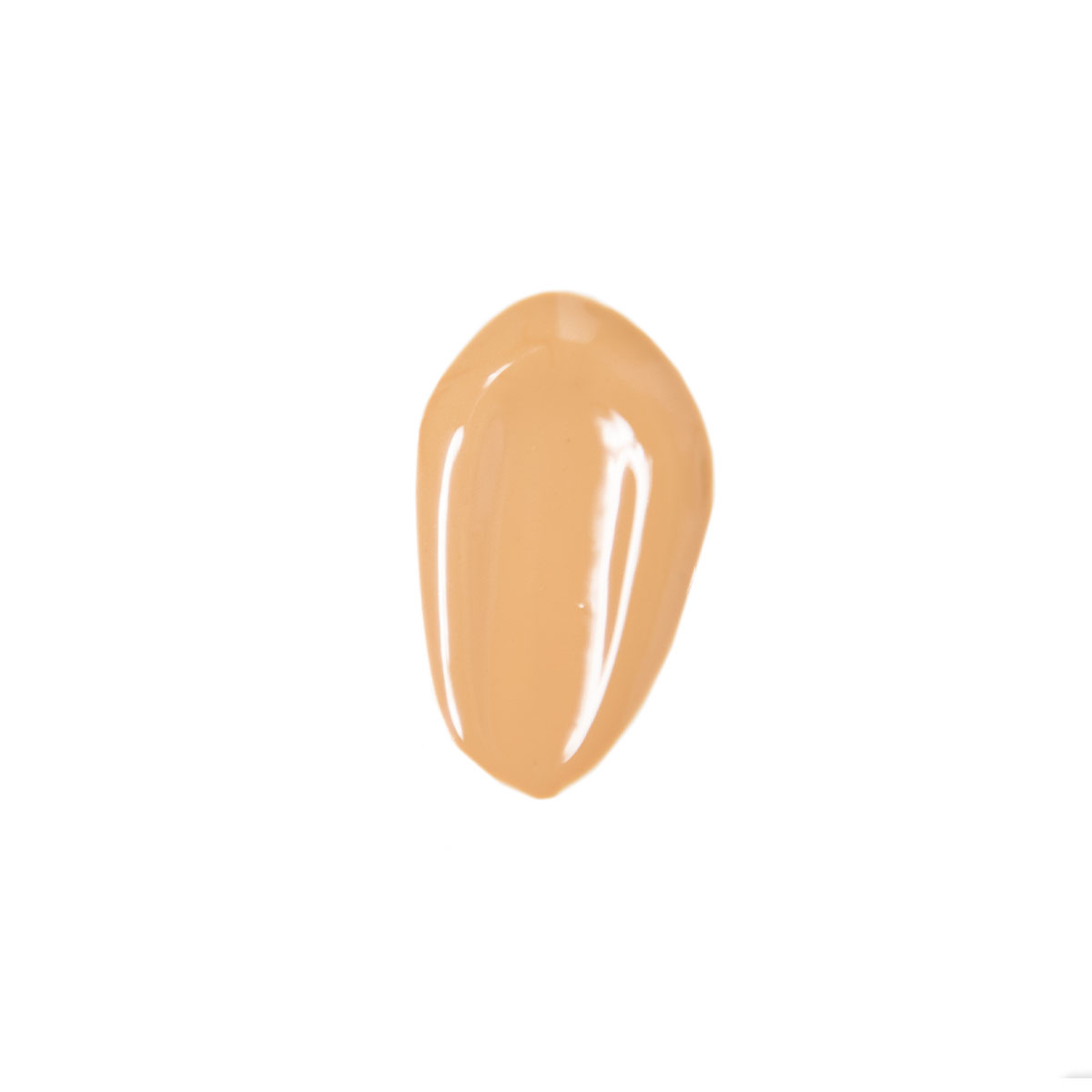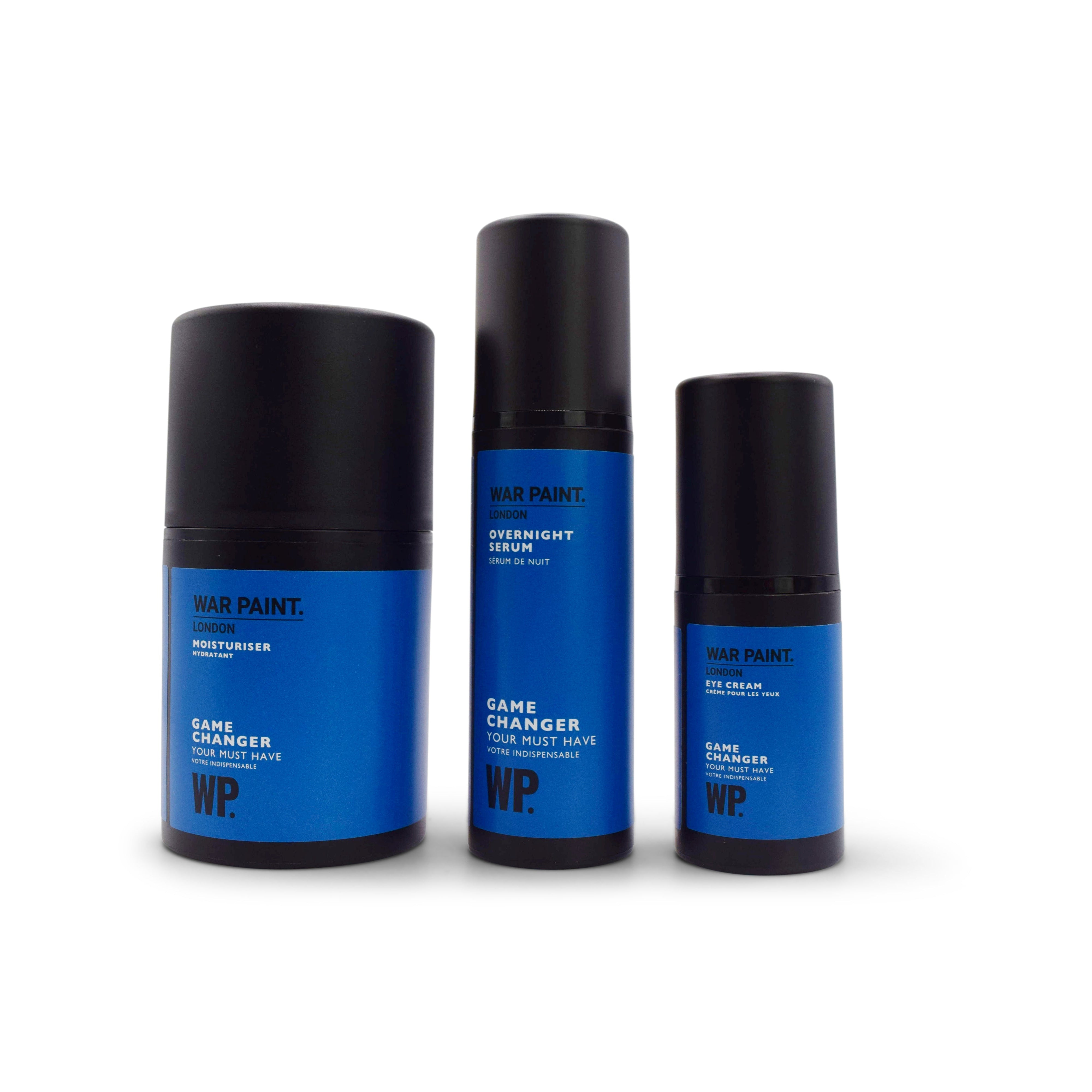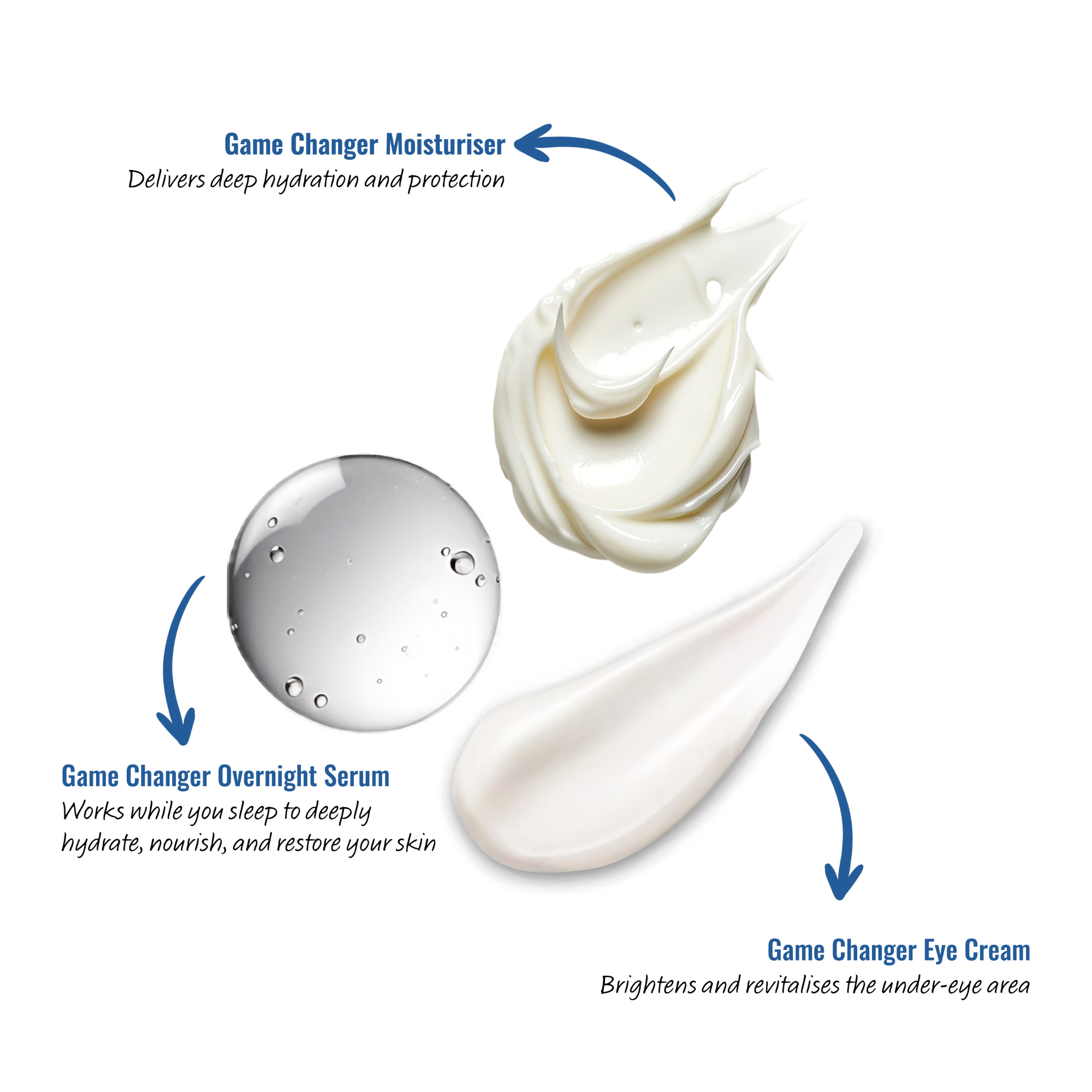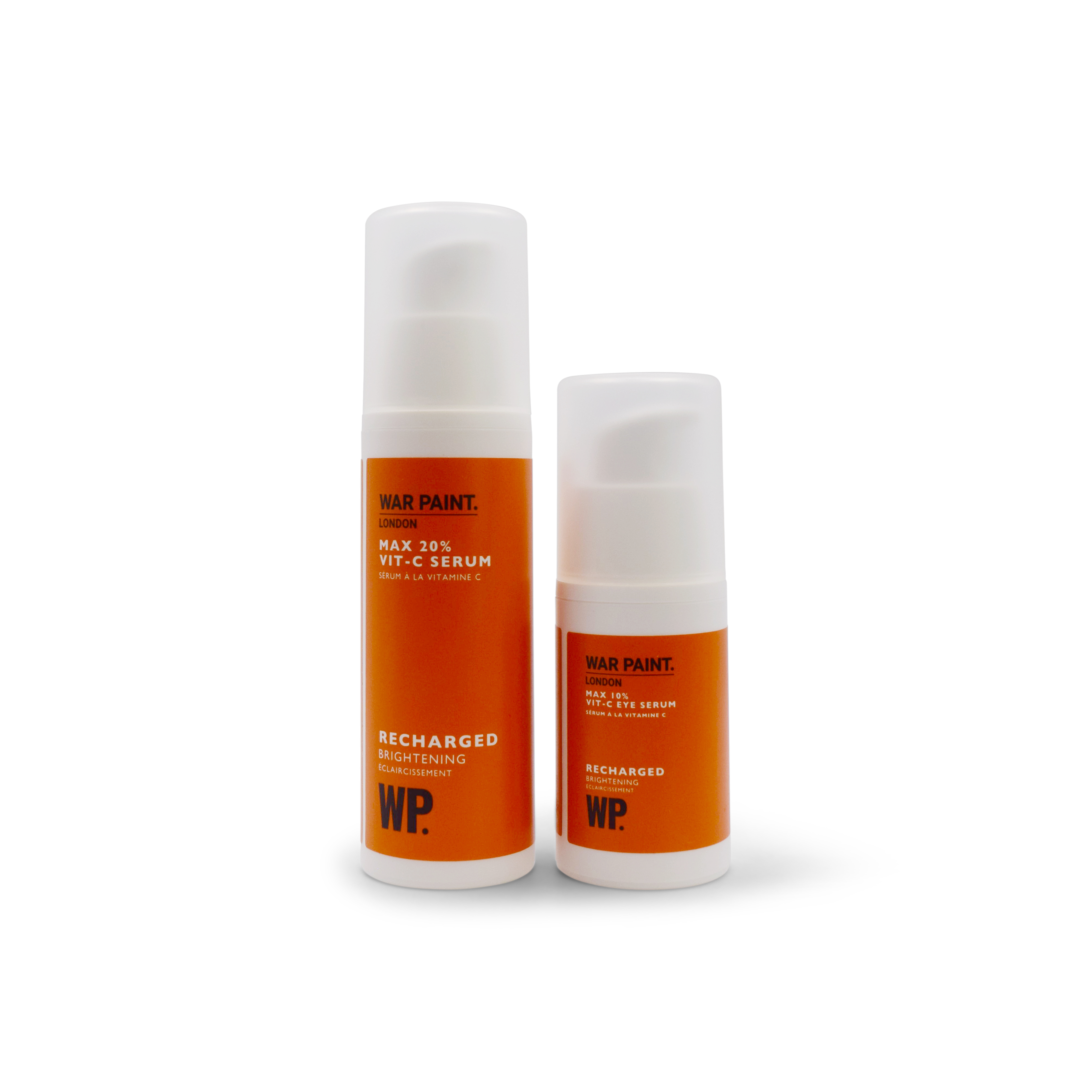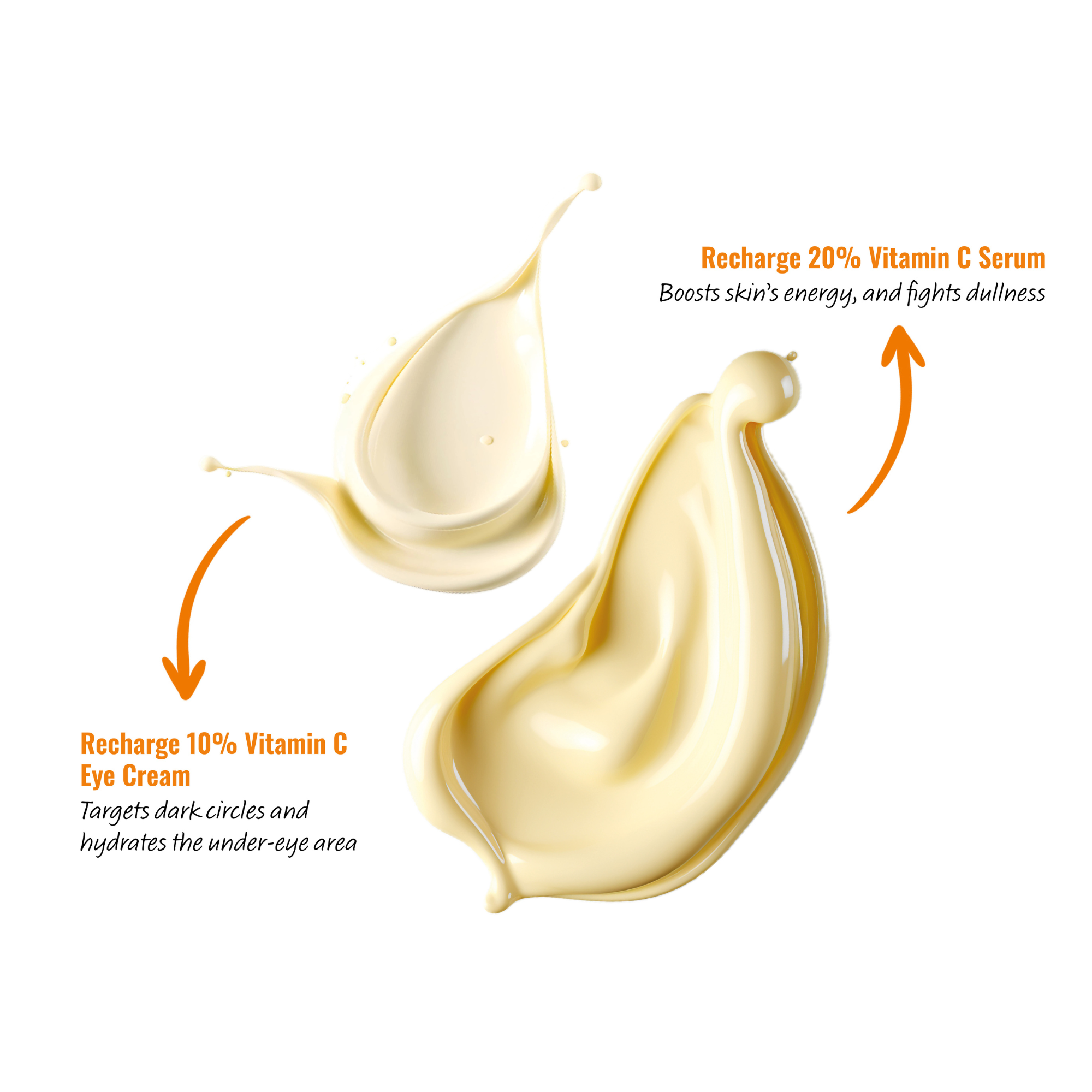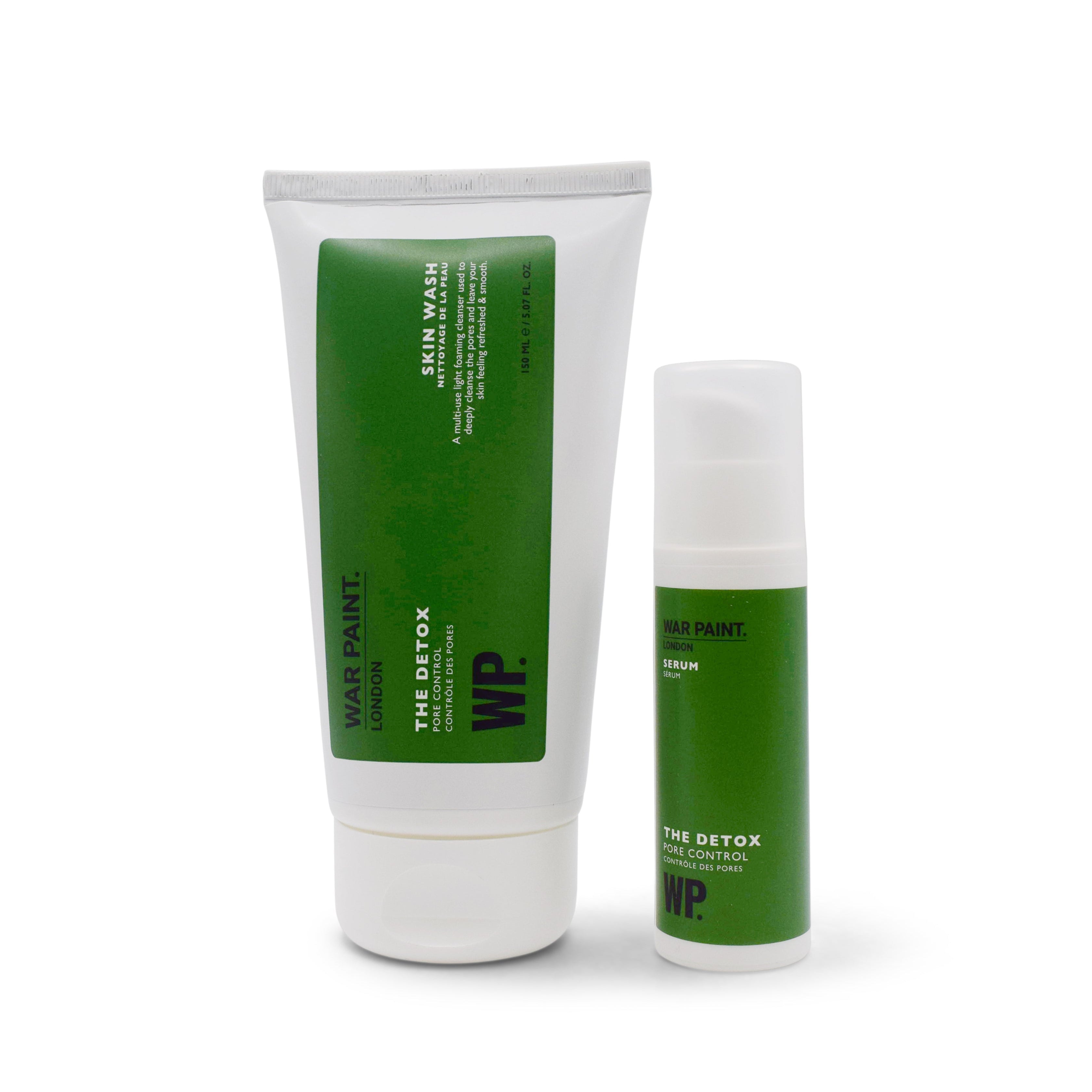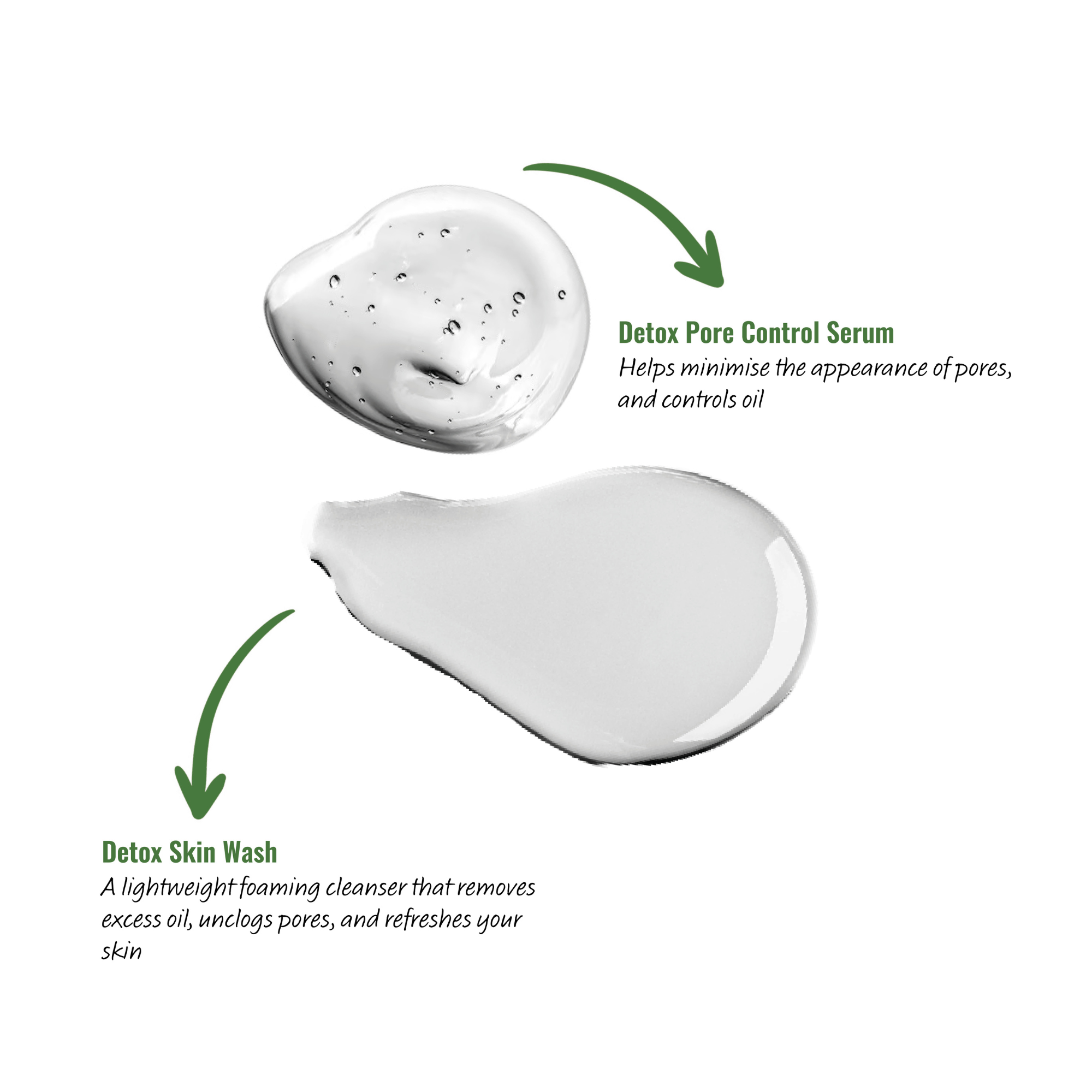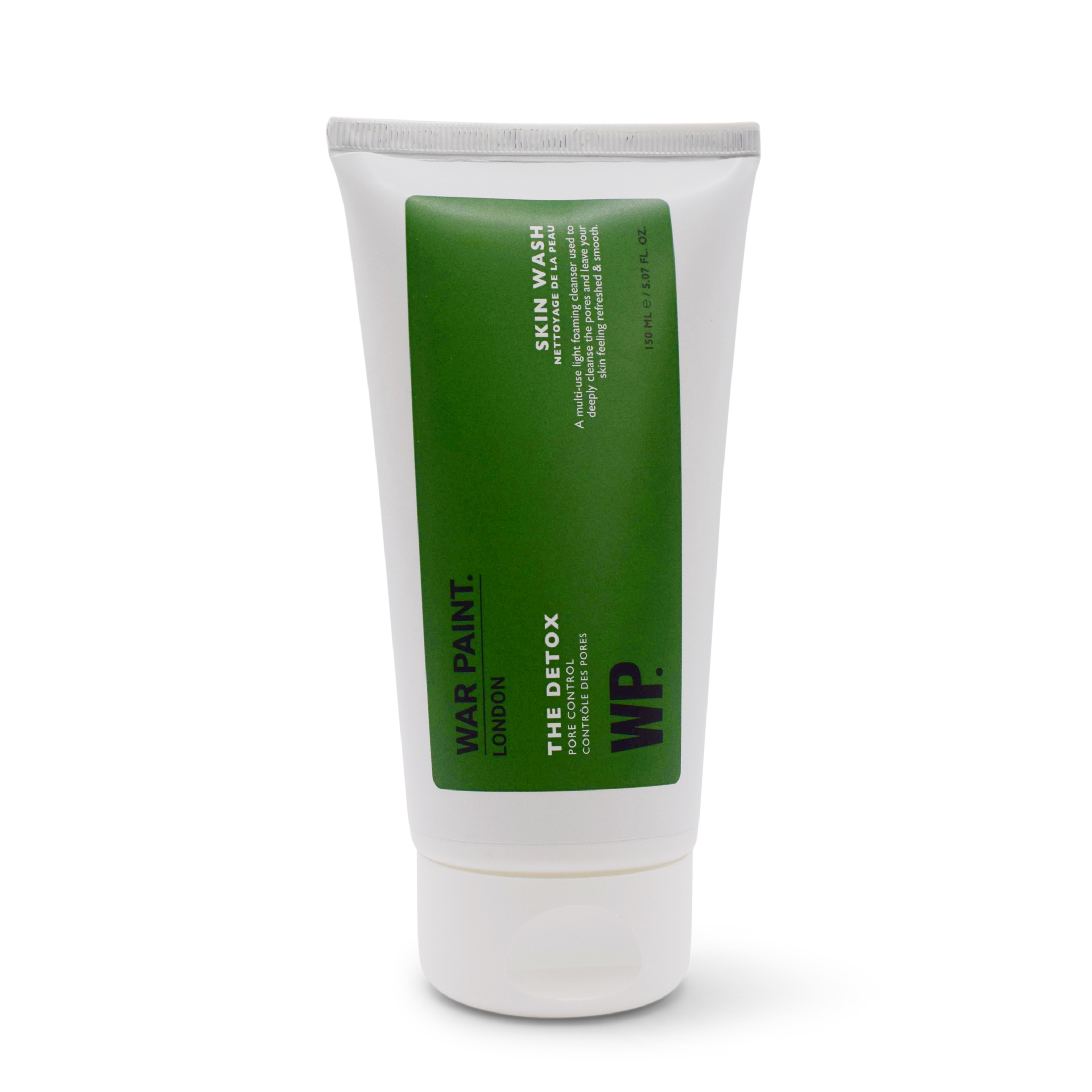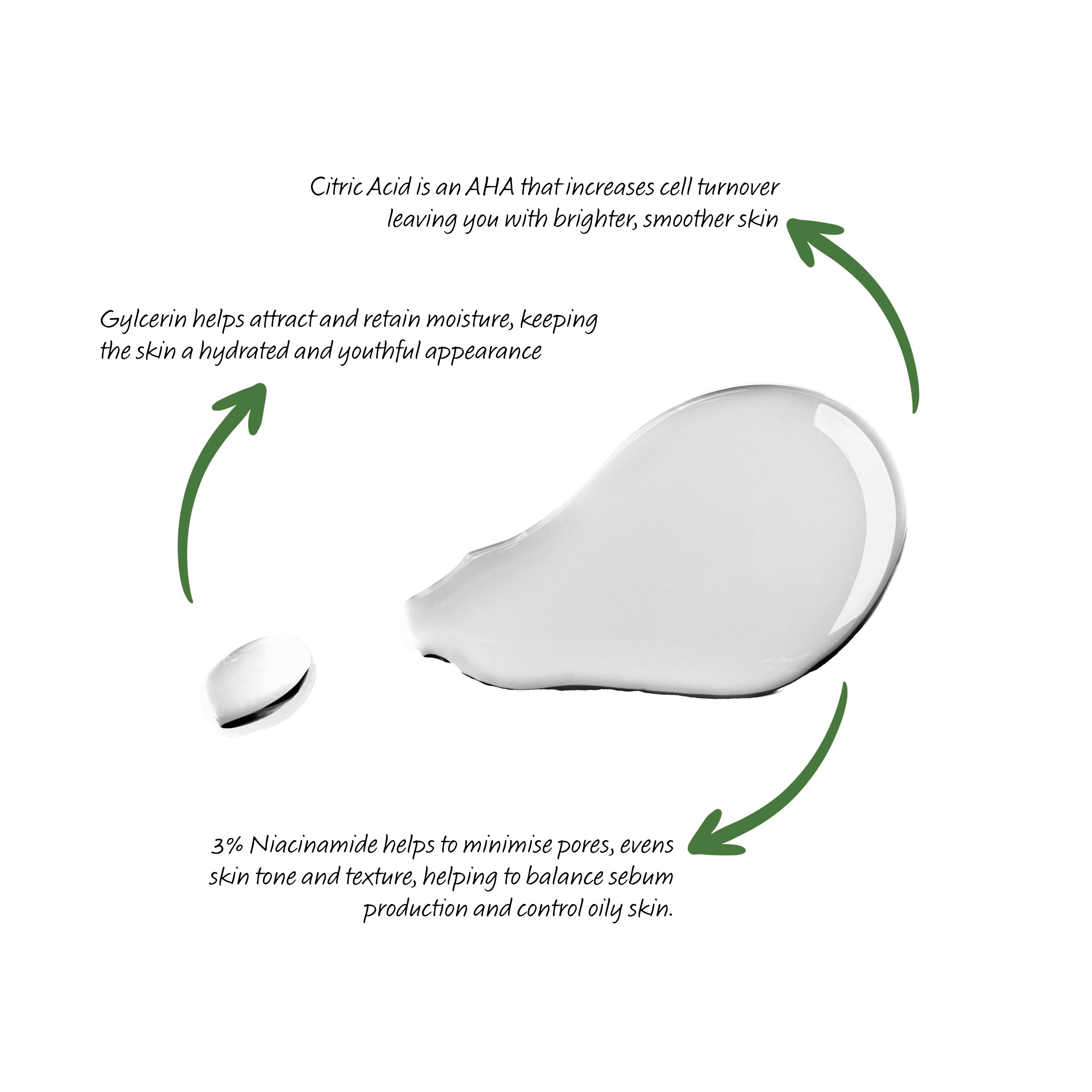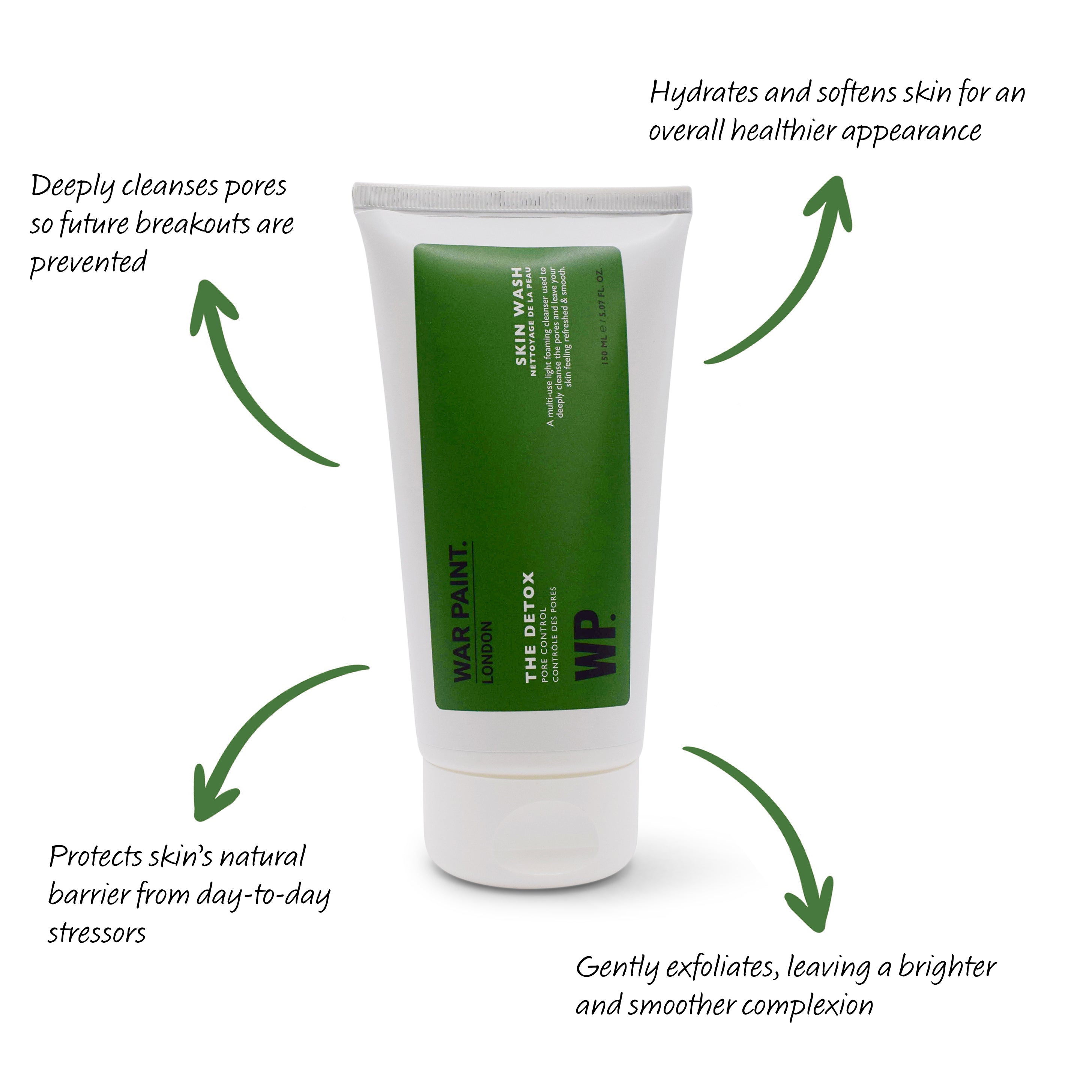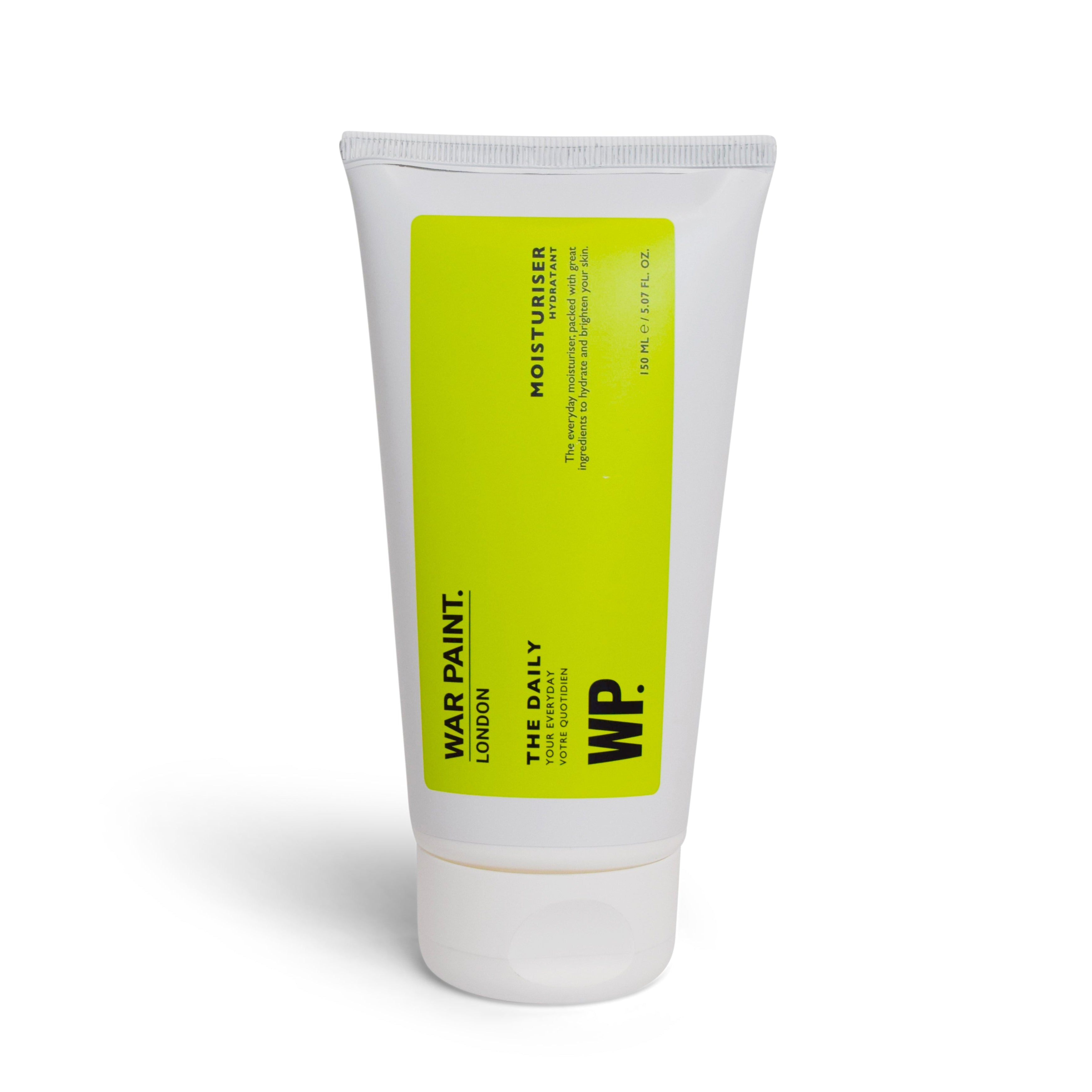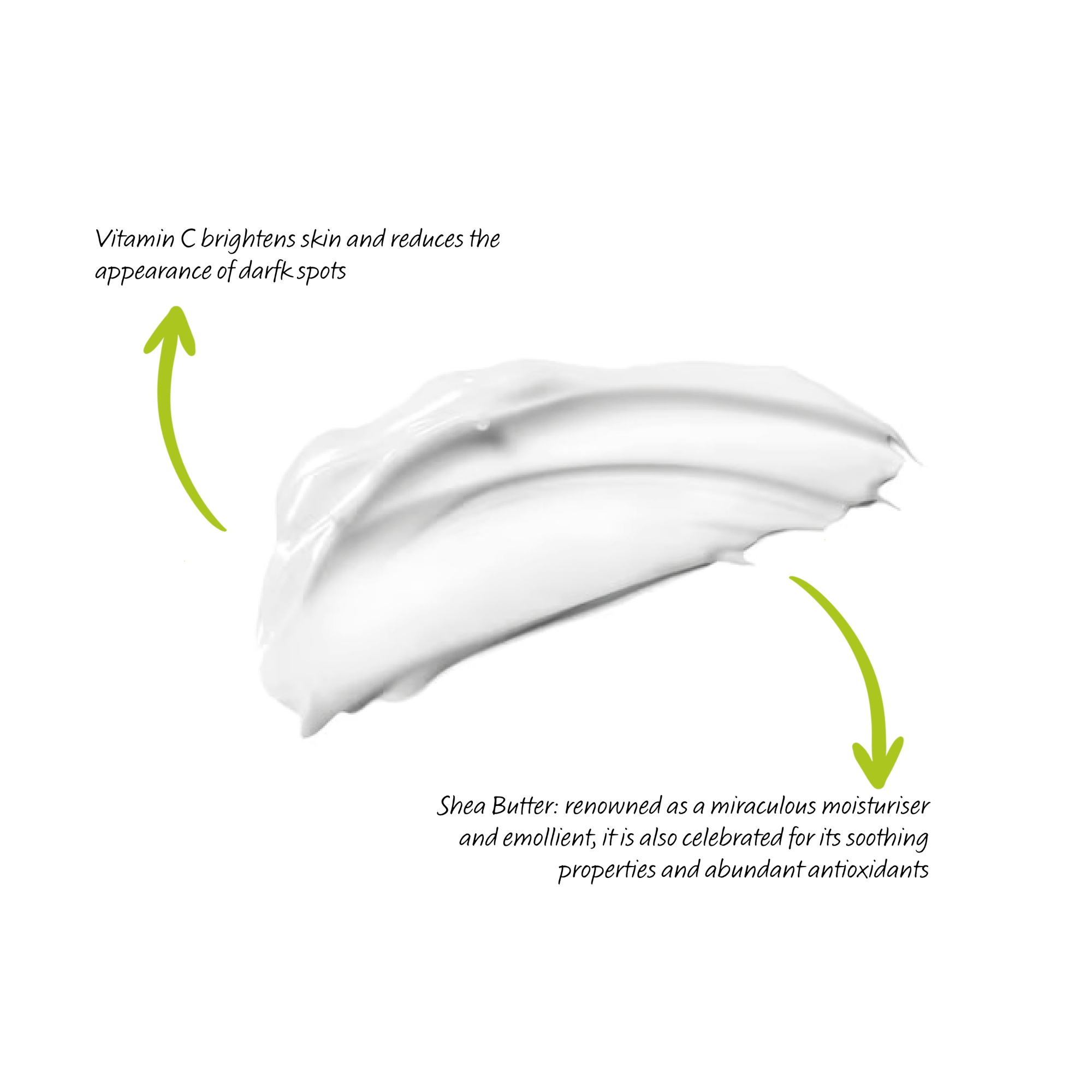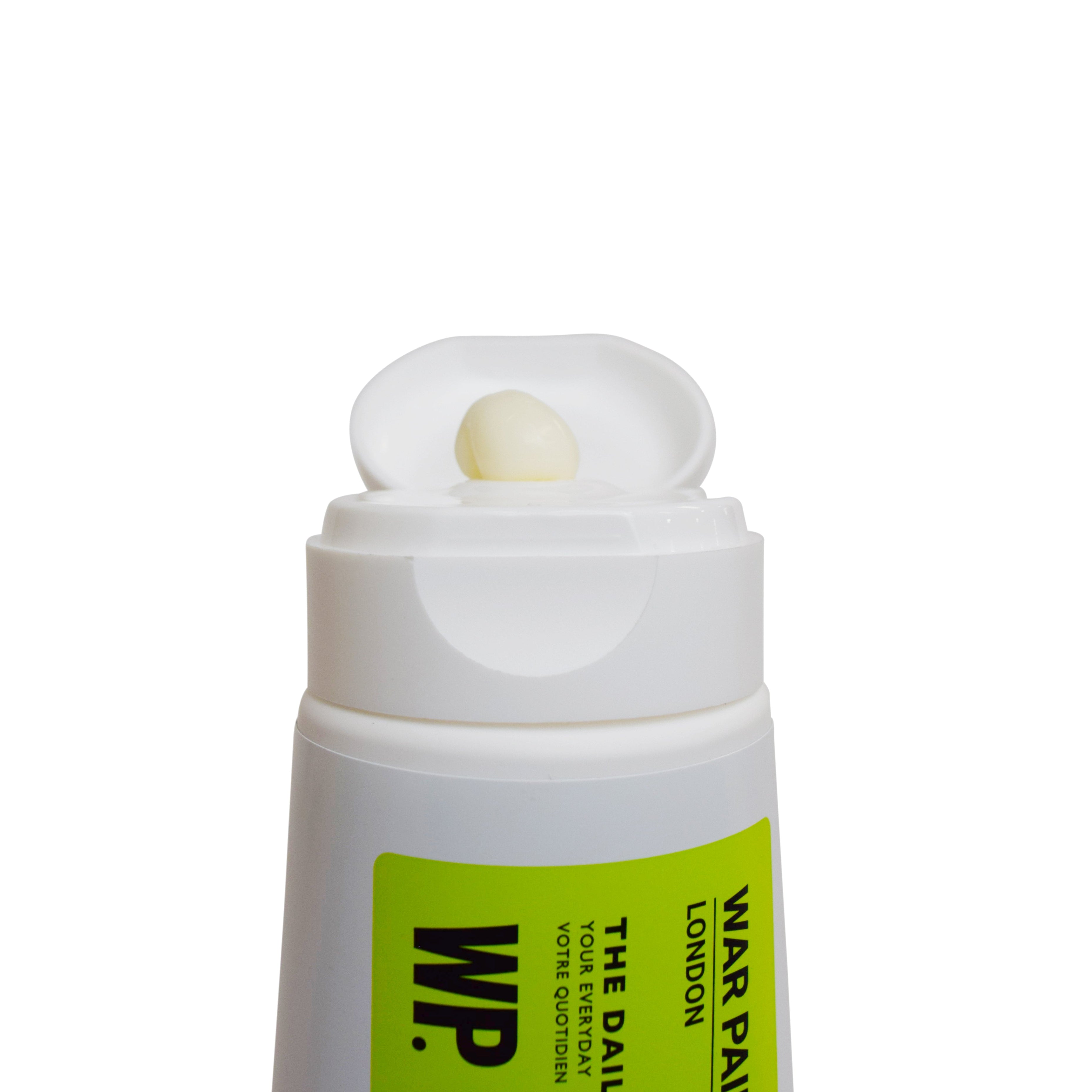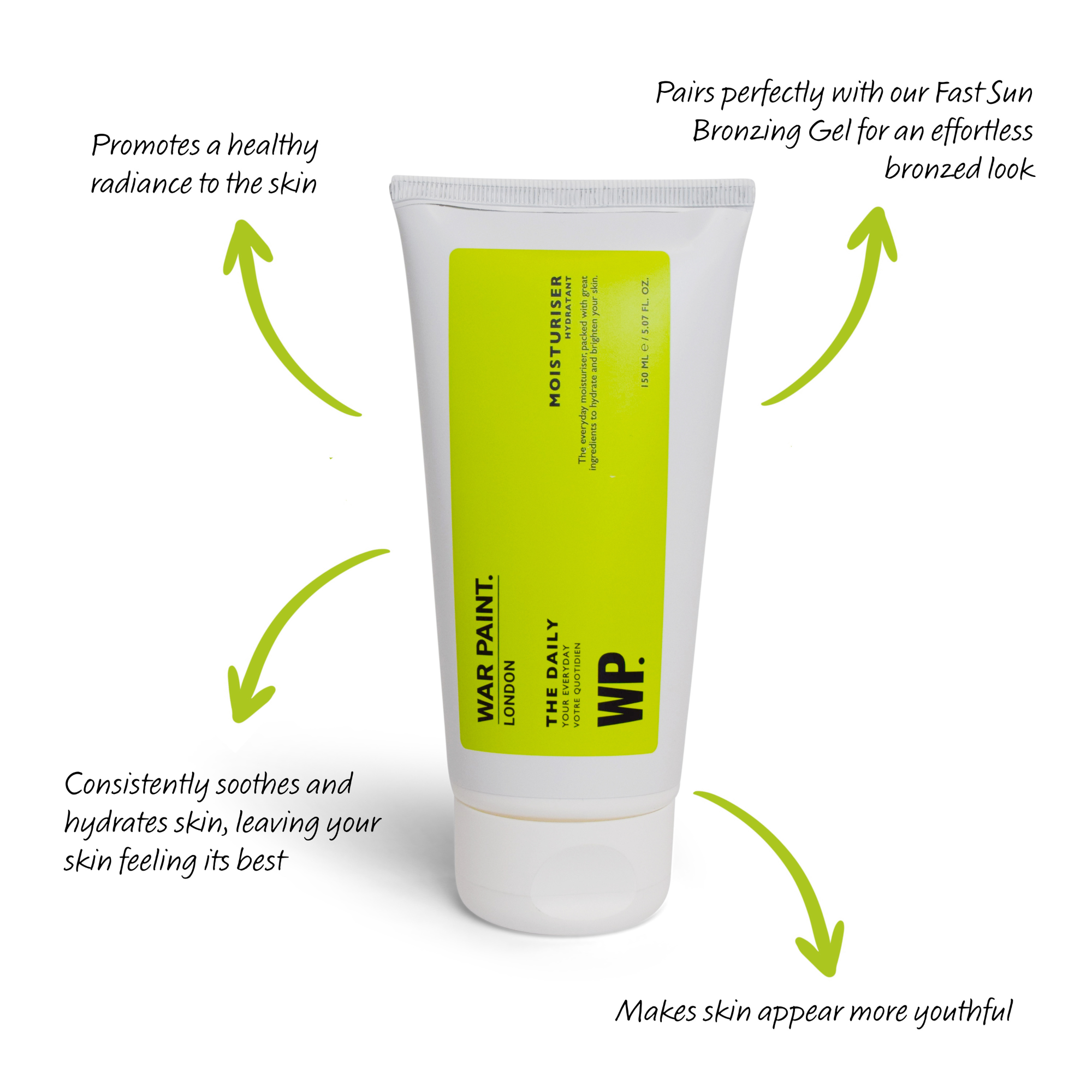When you’re experiencing long-lasting breakouts, it can feel like you’re the only one. Everyone on TV and Instagram appear to have perfect skin. But it’s estimated that acne will affect 95% of people at some point in their lives, so you’re definitely not alone.
Acne is a skin condition that presents itself as blackheads, whiteheads, pimples, or cysts. People can get breakouts on their face and neck, as well as on their bodies. It’s common for men to develop acne on their back, chest and arms.
Acne is most common in teenagers, but anyone at any age can develop acne. 42% of men in their 20’s reported experiencing acne regularly, and 12% said it in their 30’s.
Spots develop when excess oil, dead skin, or bacteria get trapped in pores. What makes acne challenging to treat is that it can also be caused by sensitivity or dryness. But like most things in life, there is a multitude of different causes of acne. For some, it’s hereditary - If your parents experienced acne, you’re more likely to experience it yourself. Hormones are another common cause, as well as heat, diet, medication and stress. For more information about what causes acne, check out this great video of two dermatologists talking about all things acne.
Acne has strong links to depression because it can cause people to have low self-esteem and anxiety. War Paint founder Danny Gray struggled with acne for years, which led him to try makeup. If you’re worried about how acne and mental health, make an appointment with your GP. Or, if you have access, speak with a dermatologist.
Ingredients to look out for to fight blemishes
When choosing your skincare and makeup products, there are a few ingredients to look out for to know that you will be caring for your skin type.
To help your skin to exfoliate away dead skin and excess oil, look for ingredients such as salicylic acid, azelaic acid, benzoyl peroxide, glycolic acid and retinoids/vitamin a.
To help calm redness and irritation, look for niacinamide, probiotics, tea tree oil (as found in our concealer) and witch hazel.
For more information about how ingredients work and why check out this article by the Mayo Clinic.
Skincare routine for acne
If you have blemish-prone skin, looking after it is essential to help prevent future breakouts and minimise the chance of scars from existing blemishes. Here’s a simple step-by-step acne routine.
- Cleanse: It’s essential to use a cleanser in the morning and evening to help remove excess dirt and oil from the skin. It’s best to steer clear of foaming cleansers if you have acne, as these can be drying. Using a scrub can also cause scars and irritate blemishes, so try to stick with a smooth formula.
- Moisturise: It may feel counterintuitive to use a moisturiser if you have oily skin, but it’s all about using a moisturiser that is right for your skin type.
- SPF: Wear SPF every day to protect your skin from sun damage. Ideally, SPF 30 or above. You can either find a moisturiser with SPF or use a separate product.
- Remover: Always remove your makeup at the end of the day to help keep skin free from any additional dirt and bacteria which could get trapped in pores and cause more blemishes.
Makeup routine to cover acne:
- Primer: Using a primer will help to smooth out the appearance of enlarged pores. It will also help the products used afterwards to last longer.
- Foundation: If you have a lot of redness on the skin, you can help to even it out with foundation. For the smoothest application, apply it with a sponge or brush, whichever you prefer.
- Conceal: To help reduce the appearance of individual blemishes, a pot concealer is best as this is a little bit thicker than a liquid concealer, giving better coverage. Dab a small amount directly on the blemish and tap it into the skin with your finger or a sponge.
- Anti-shine powder: If you get oily skin, the anti-shine powder will help give your skin a matte finish. Apply by sweeping a small amount over your face using the Metal Powder Brush. The anti-shine powder will also help to set your makeup in place for the day.
Tips for fighting acne
When it comes to fighting acne, there are a few things to bear in mind:
- It can be a slow process. There are so many articles and YouTube videos claiming to GET RID OF ACNE FAST. But the reality is it takes time. Your skin is an organ that takes time to heal. Even if you’re treating it with medication, it can take months and months. Don’t expect overnight results.
- Be consistent. Stick to a skincare routine with ingredients that will help your skin type.
- Avoid picking your skin. However tempting it is, picking and prodding at spots can worsen them, and scars are equally tricky to get rid of than spots.
- Check that the products you’re using are ‘non-comedogenic’. This means they won’t clog pores.
- Remove your makeup at the end of the day with remover and wash your face with a cleanser.
- Keep your makeup brushes and sponges clean. Once a week, gently wash them in warm water with a tiny bit of baby shampoo and leave them to air dry.
- Avoid unnecessary bacteria from getting trapped in pores by keeping your hands, phone and pillowcase clean.
- For some people, diet can impact the skin. Some people find reducing sugar and highly processed foods from their diet helps their skin.

